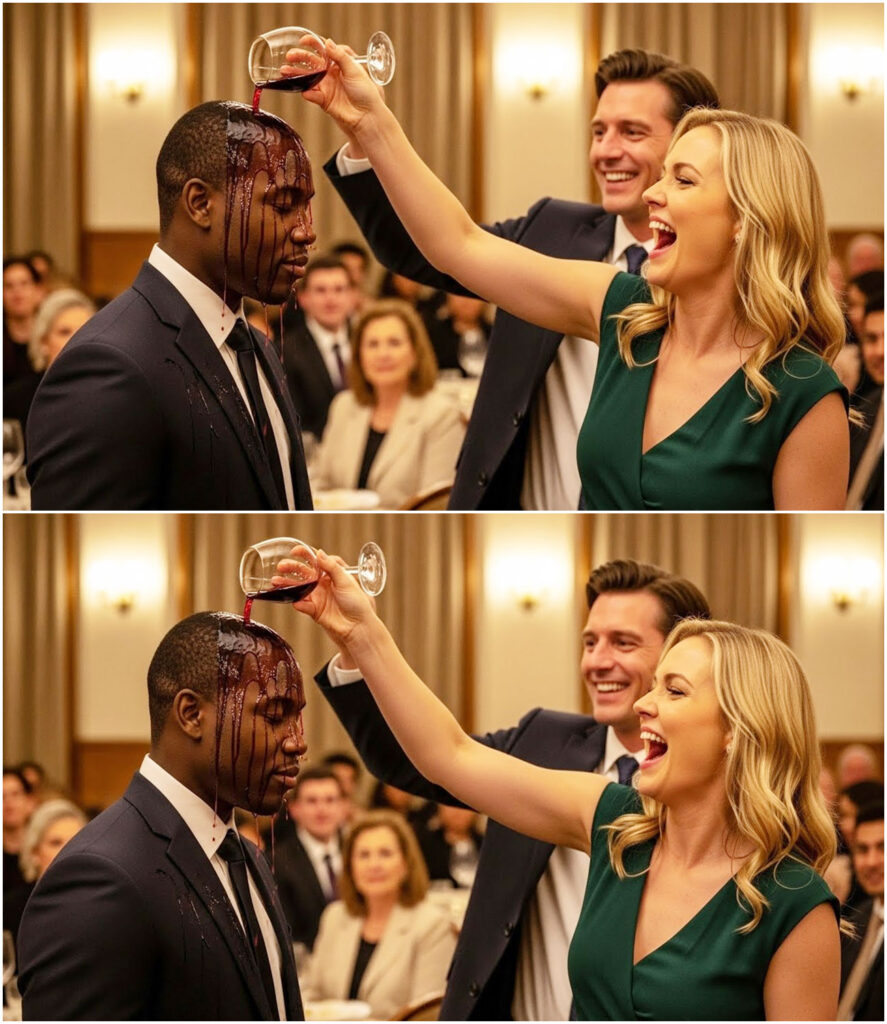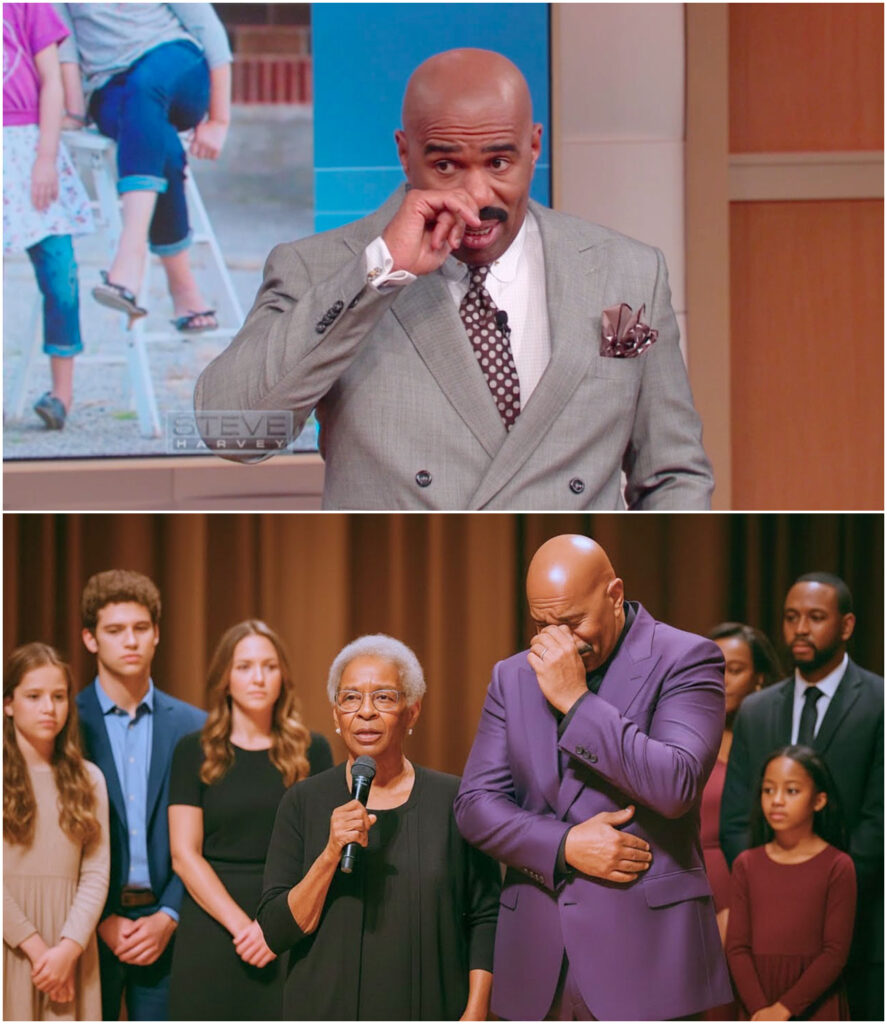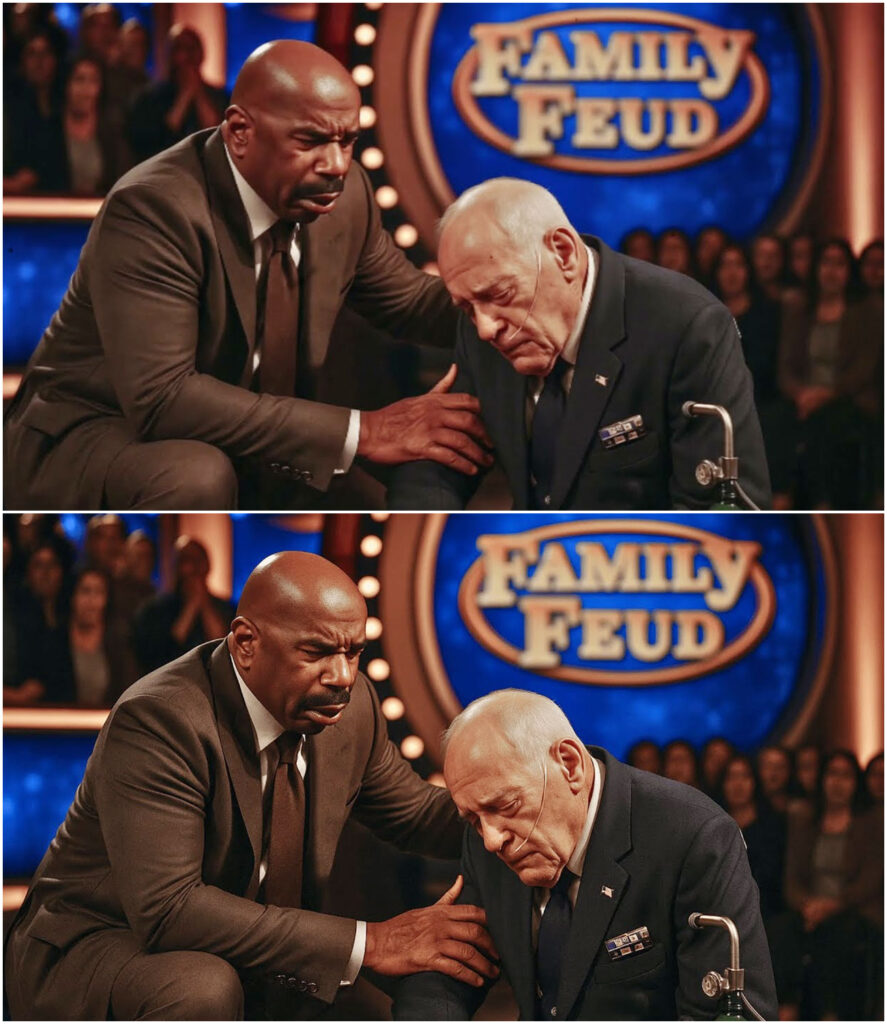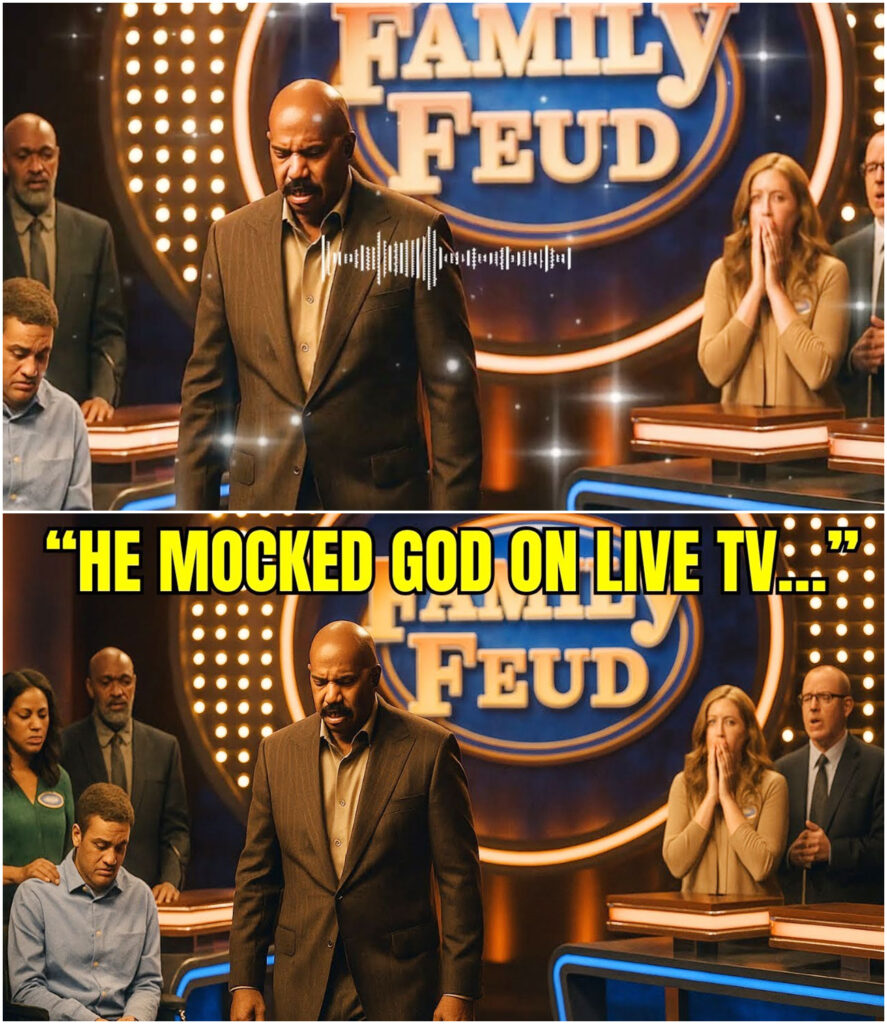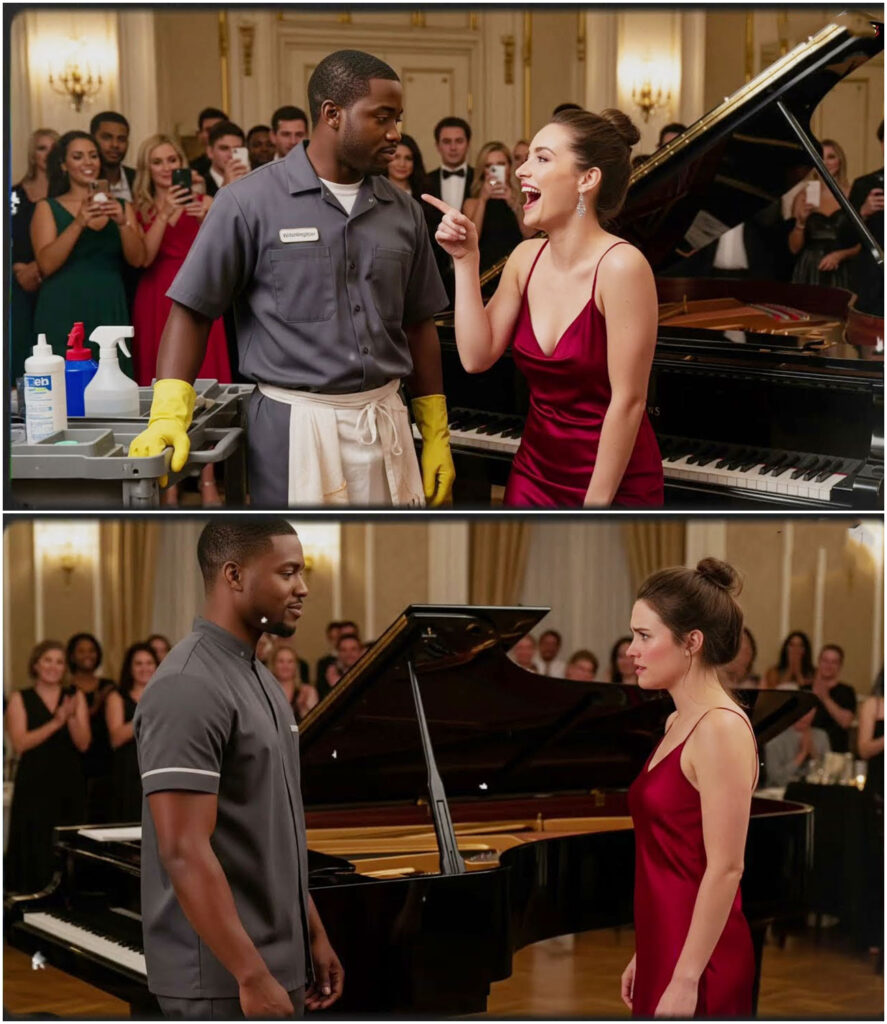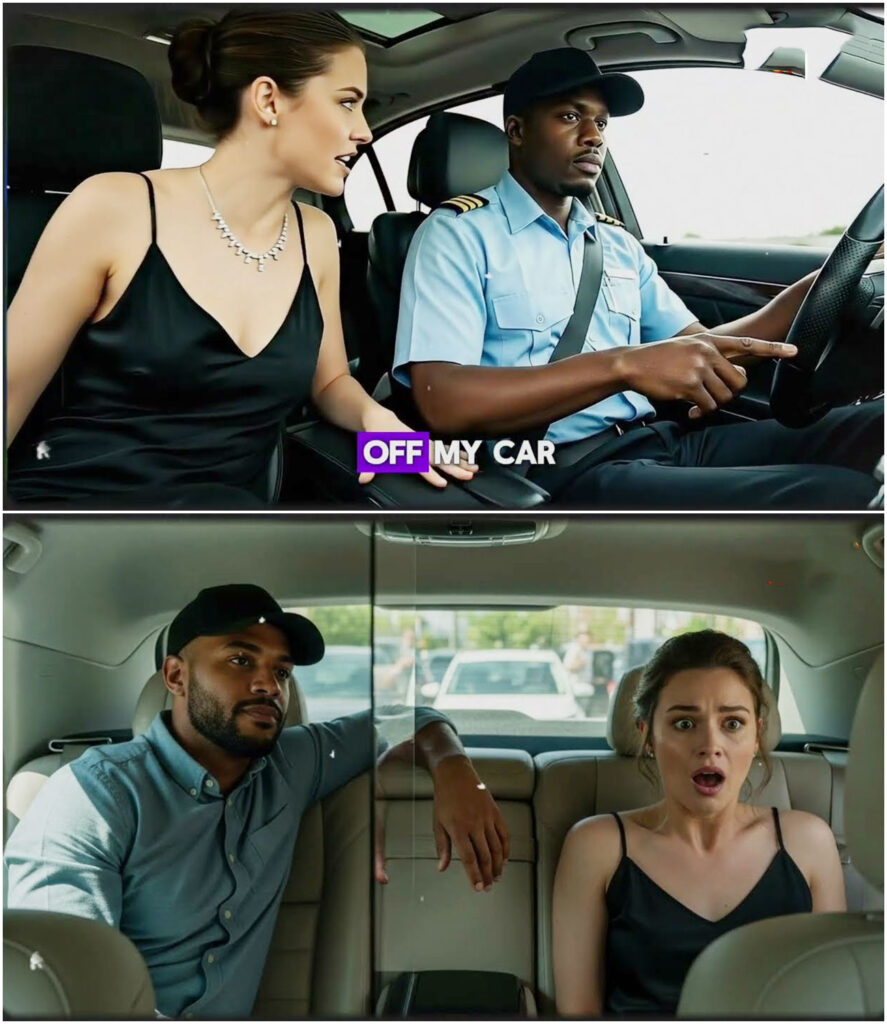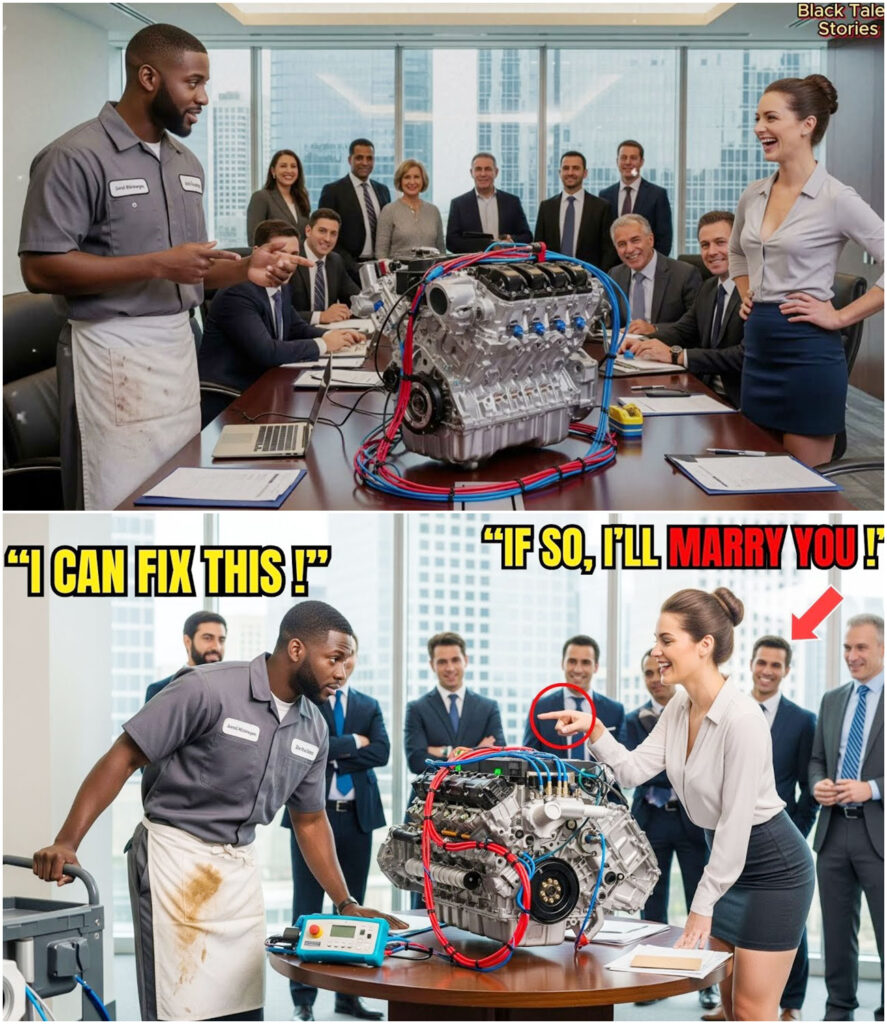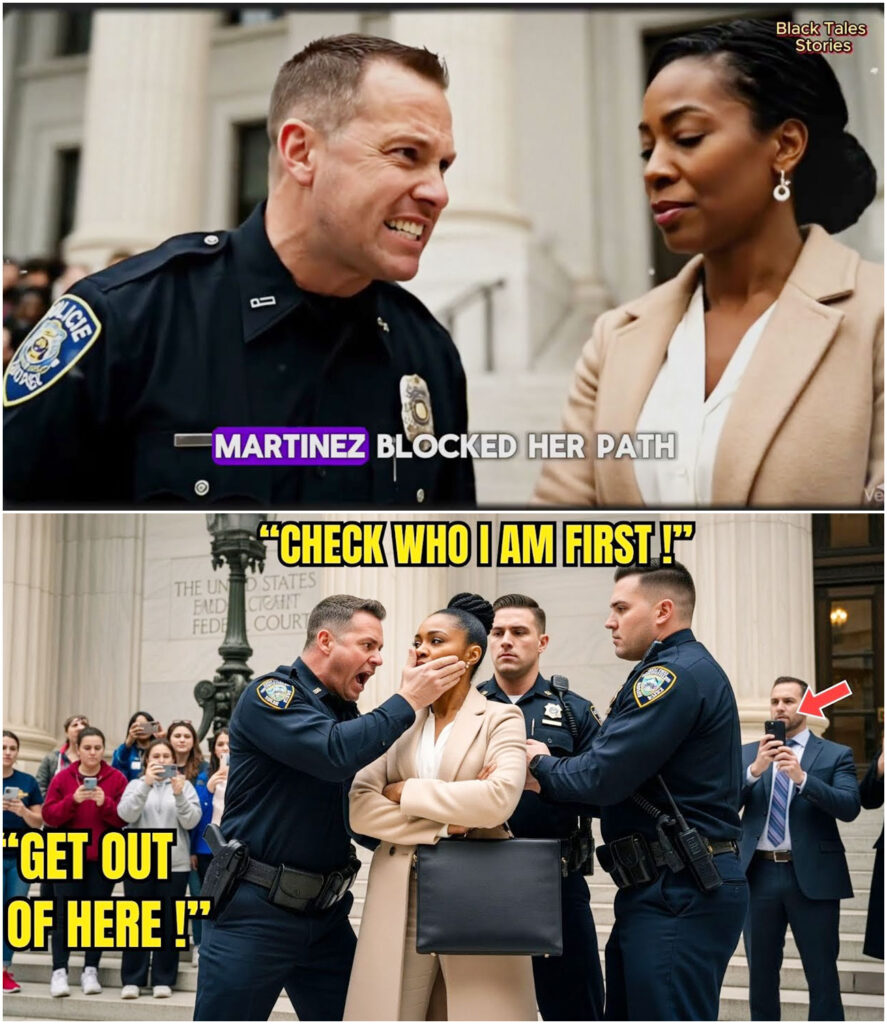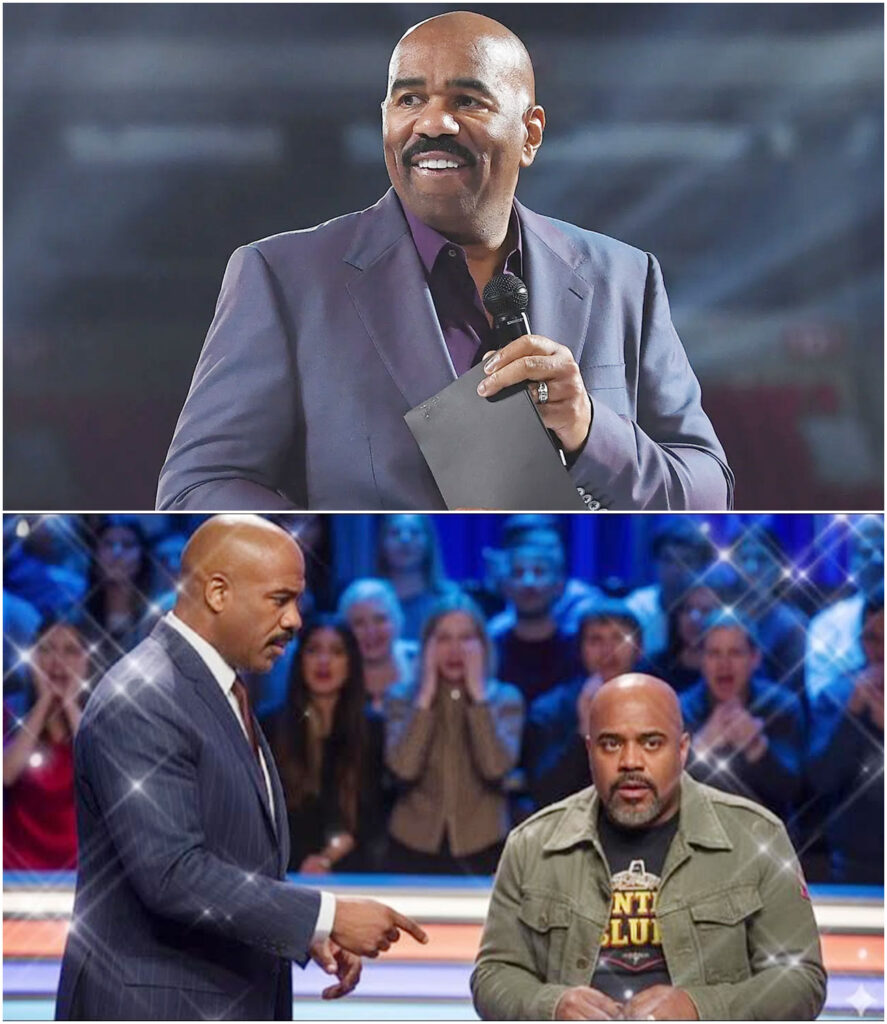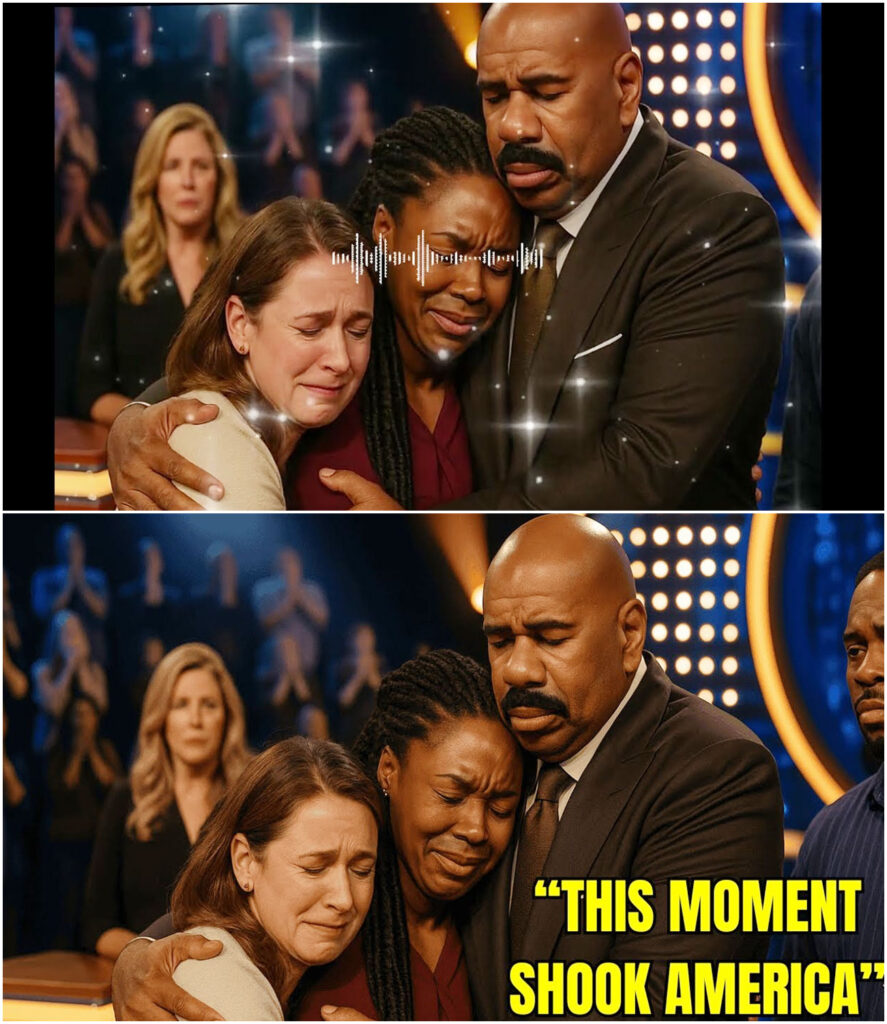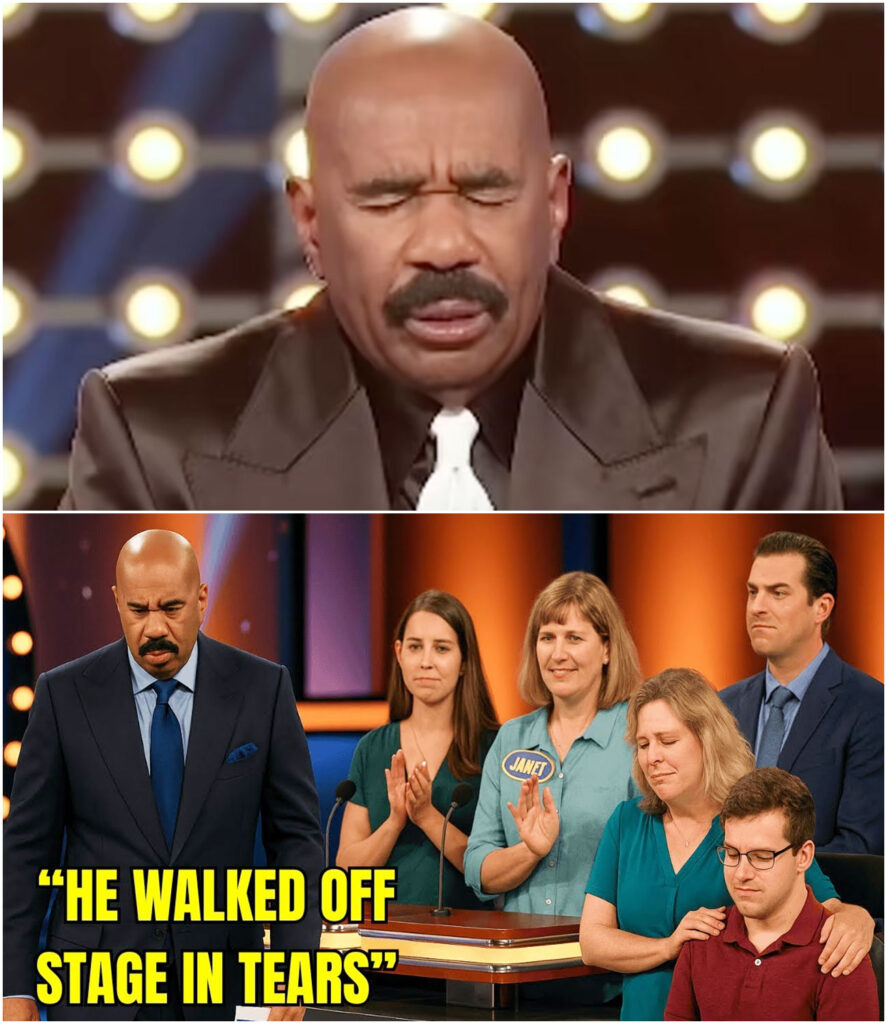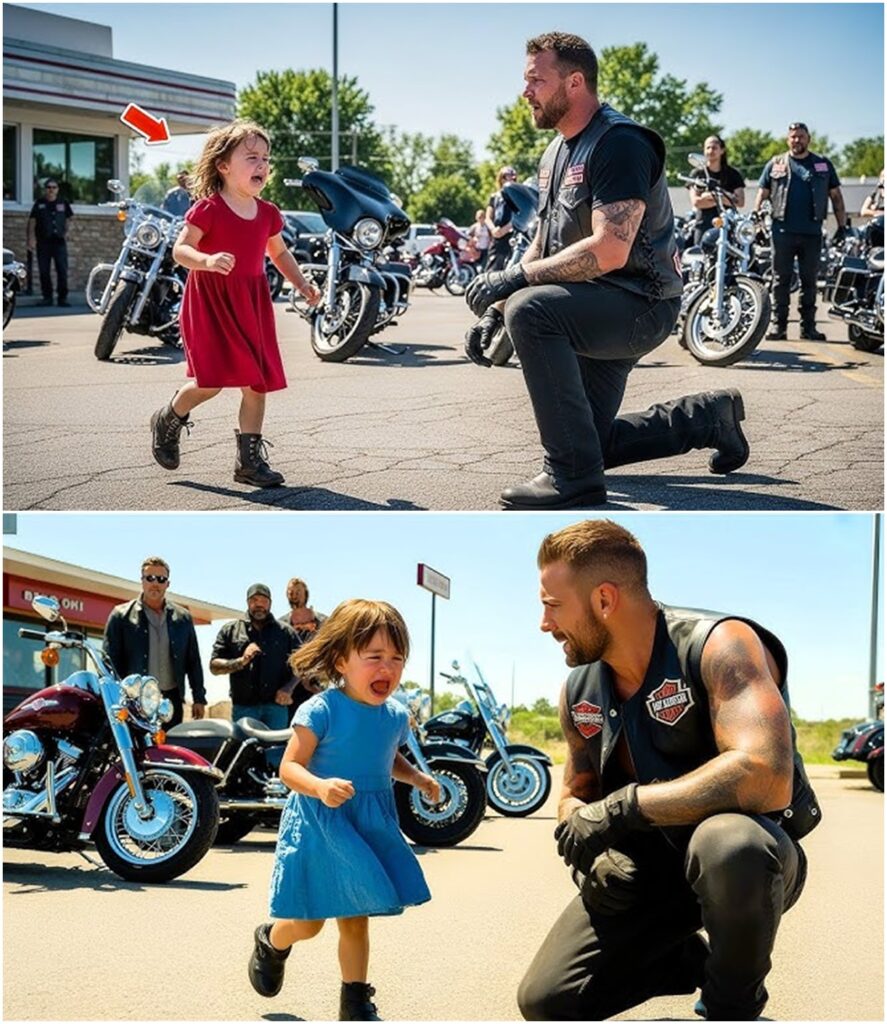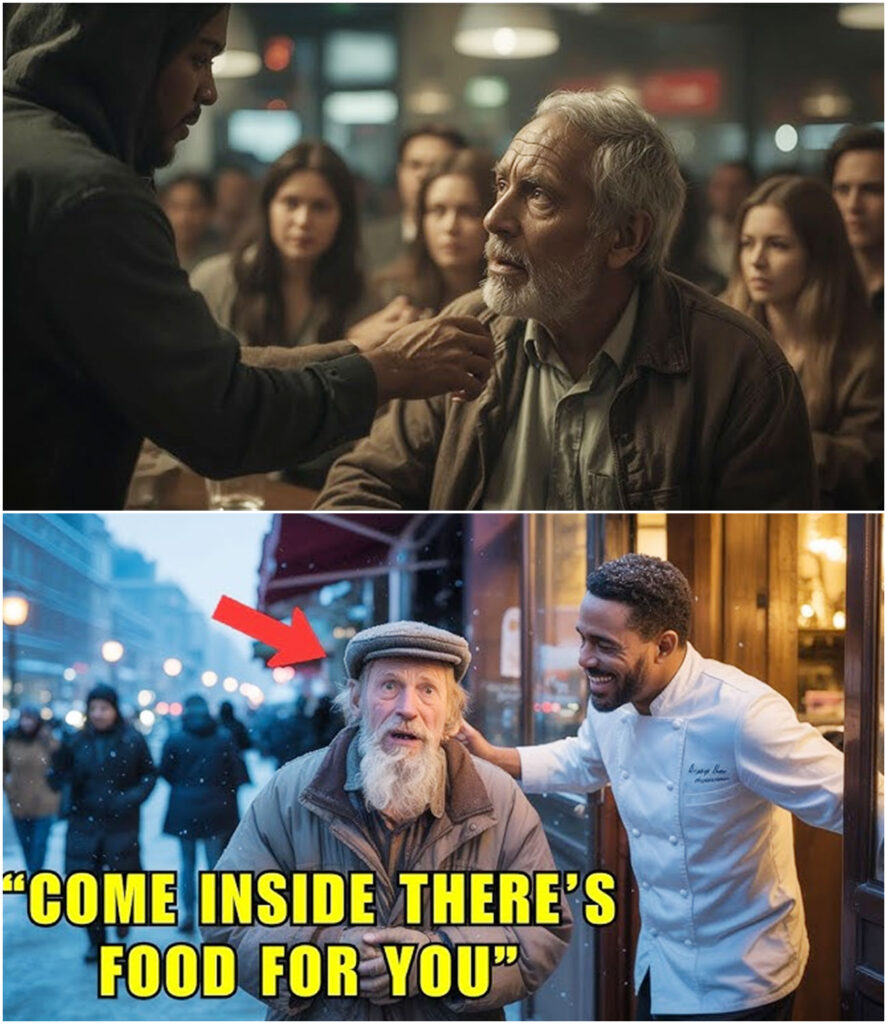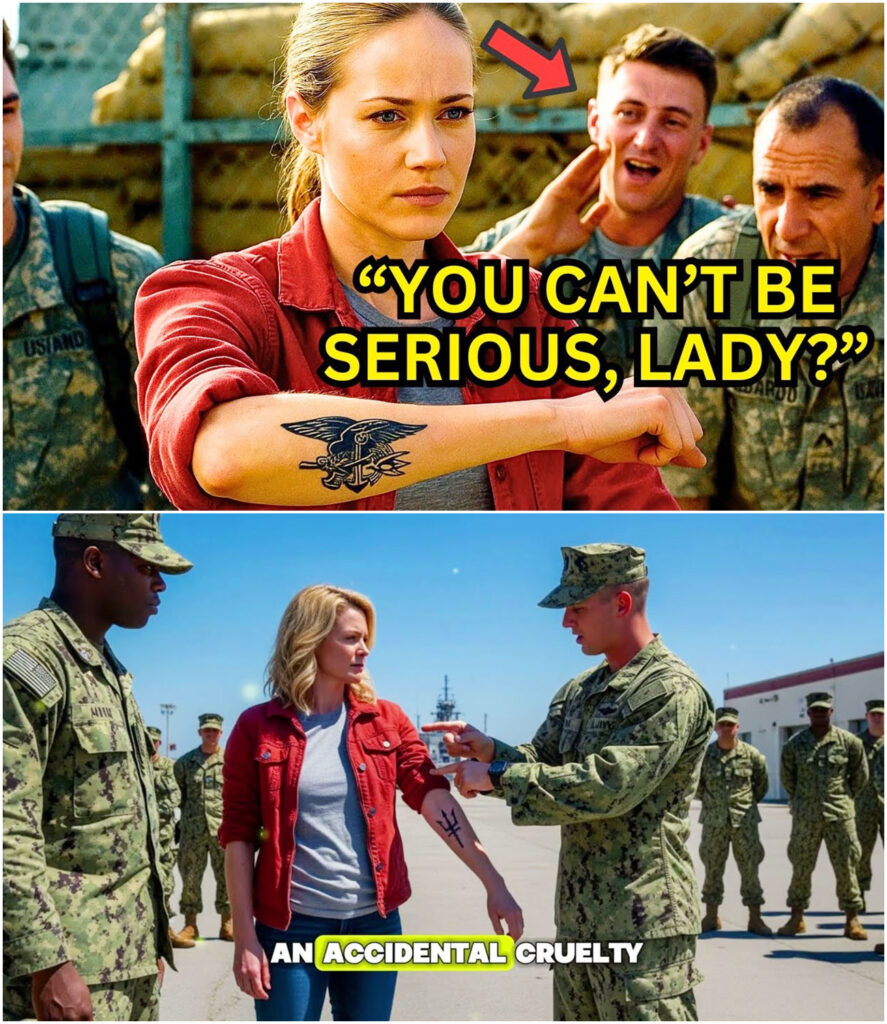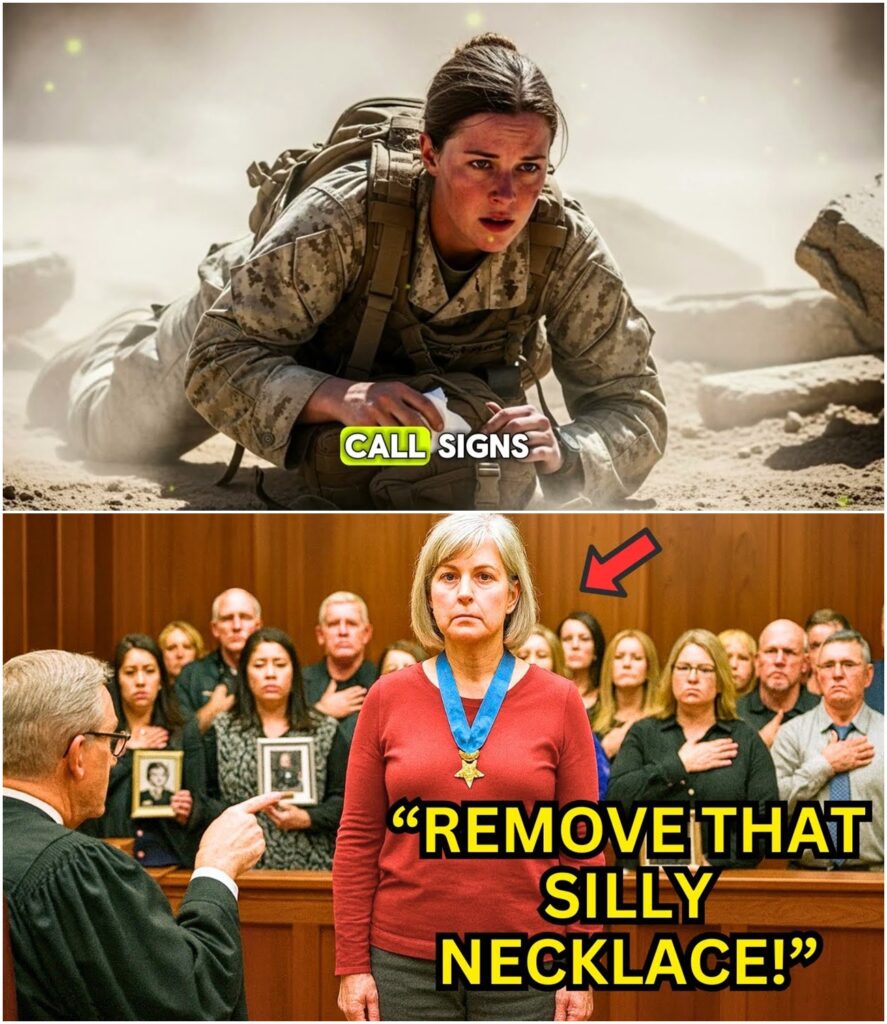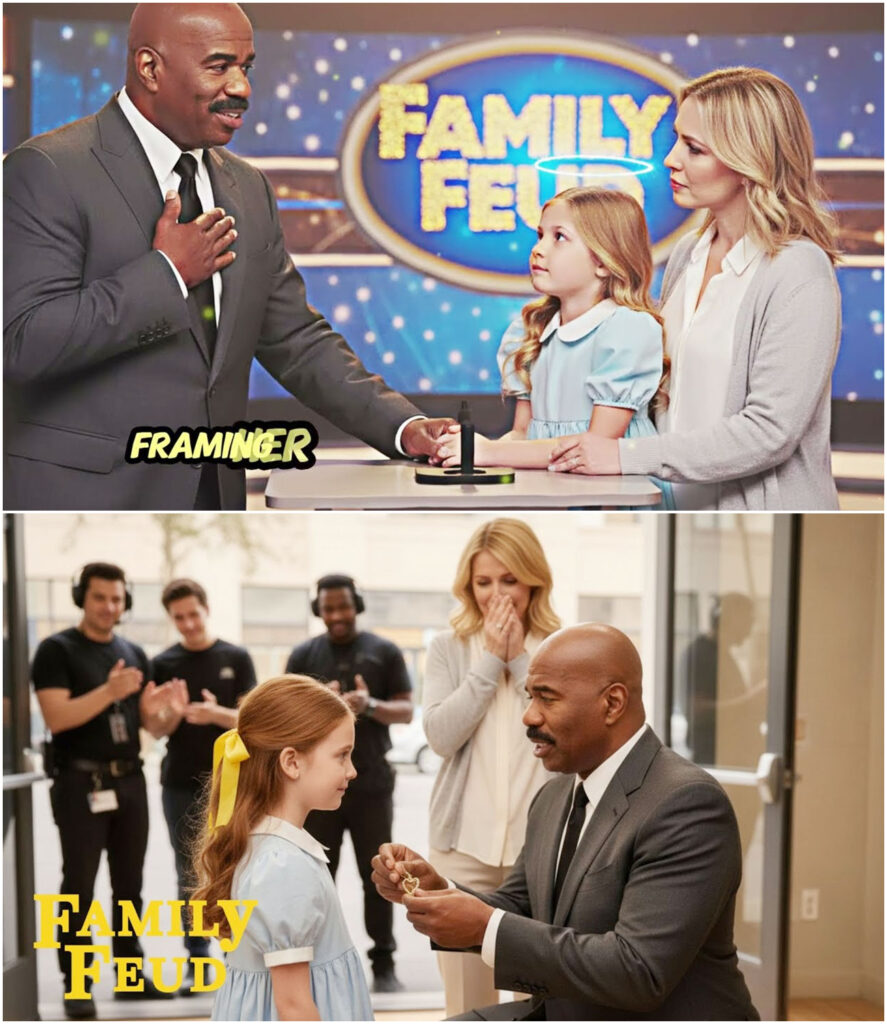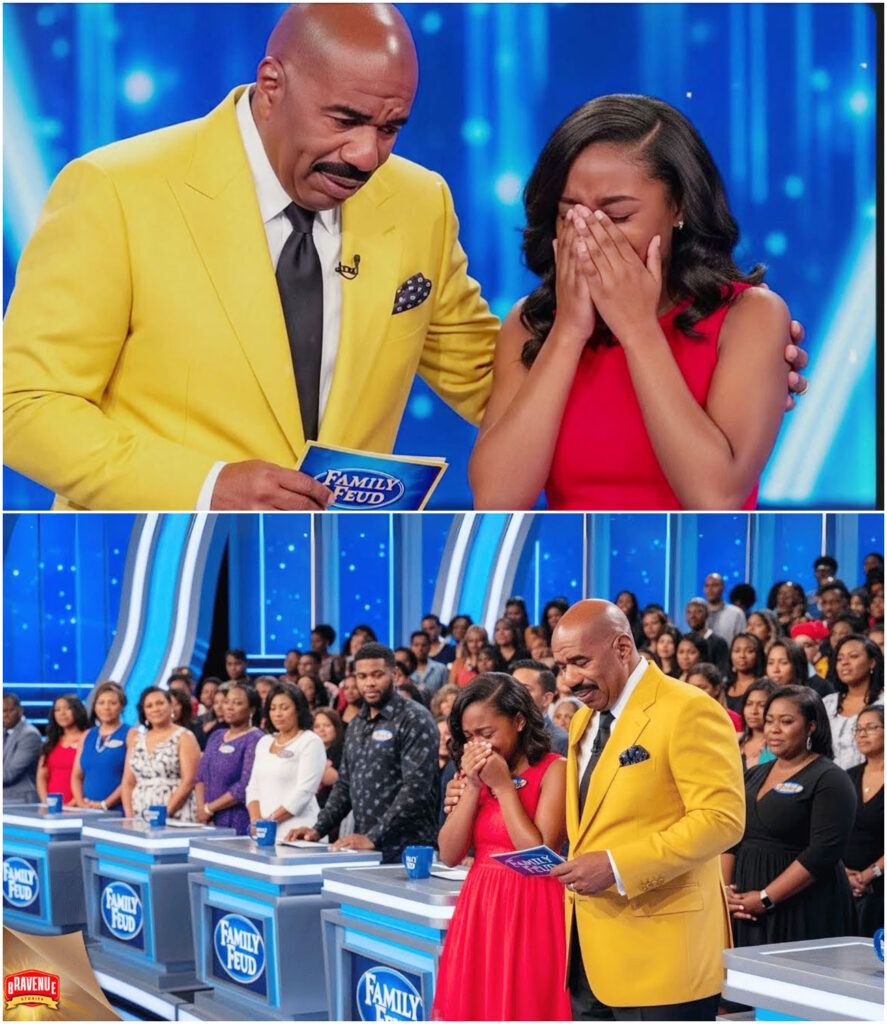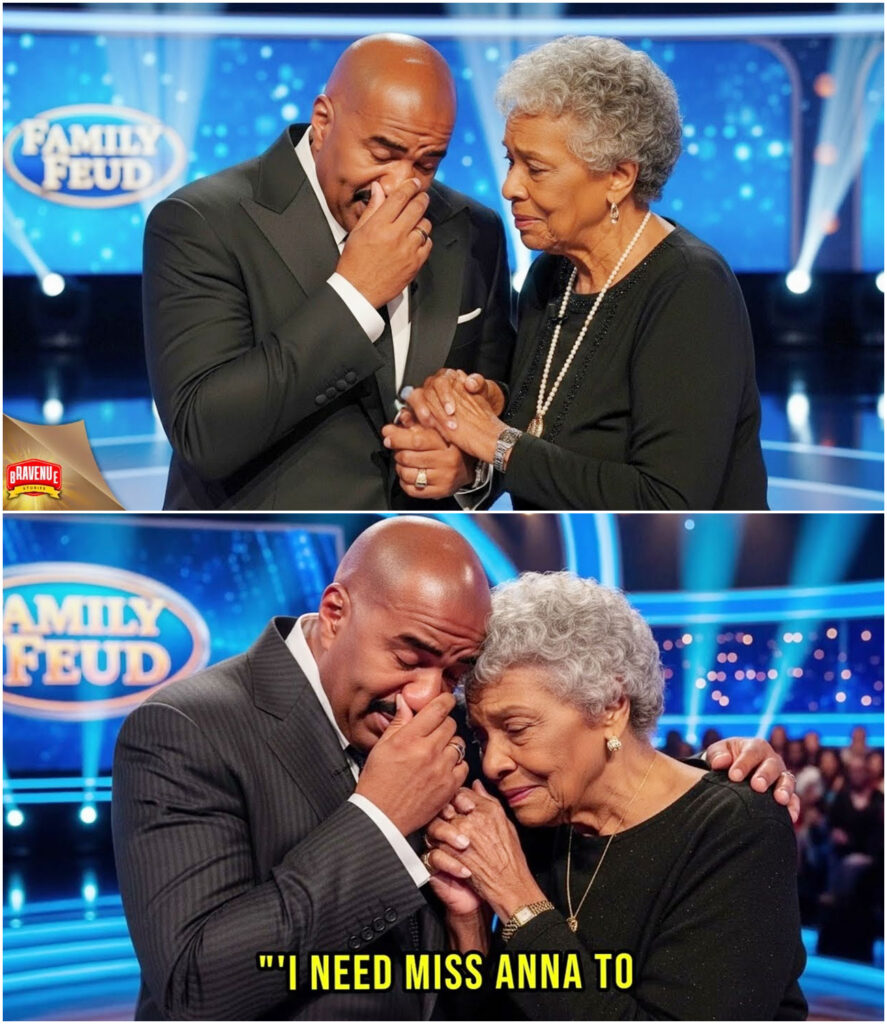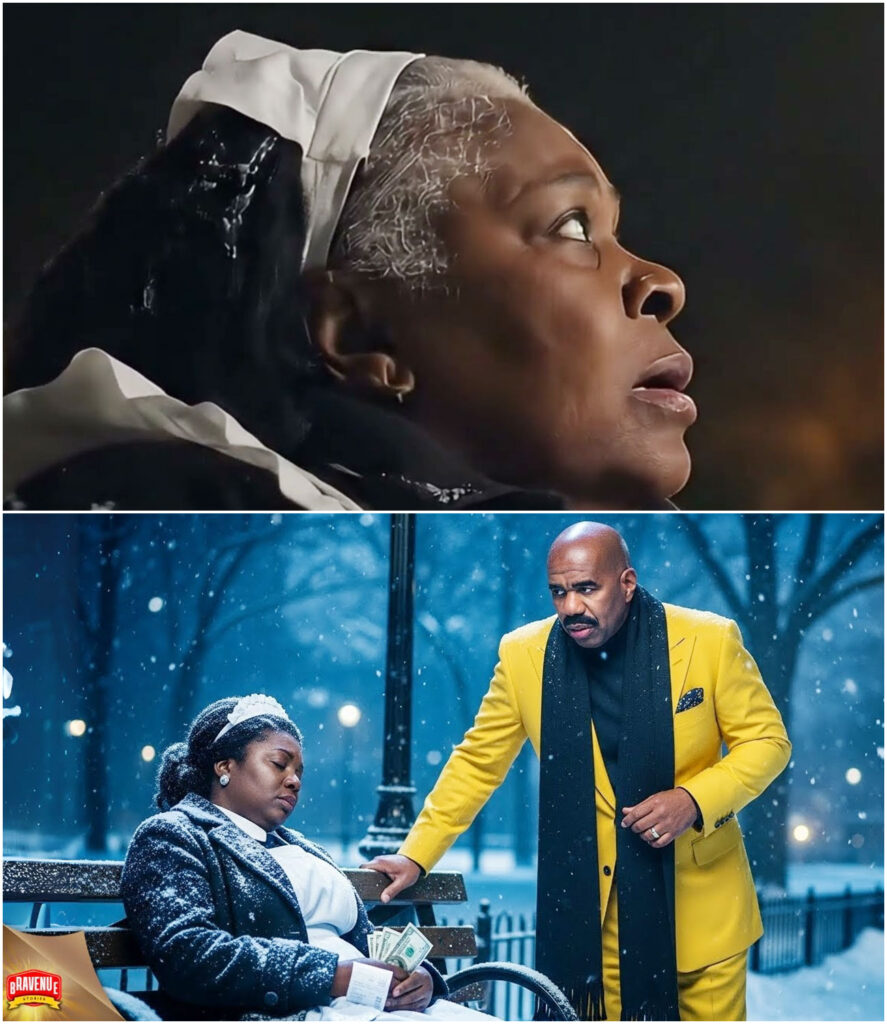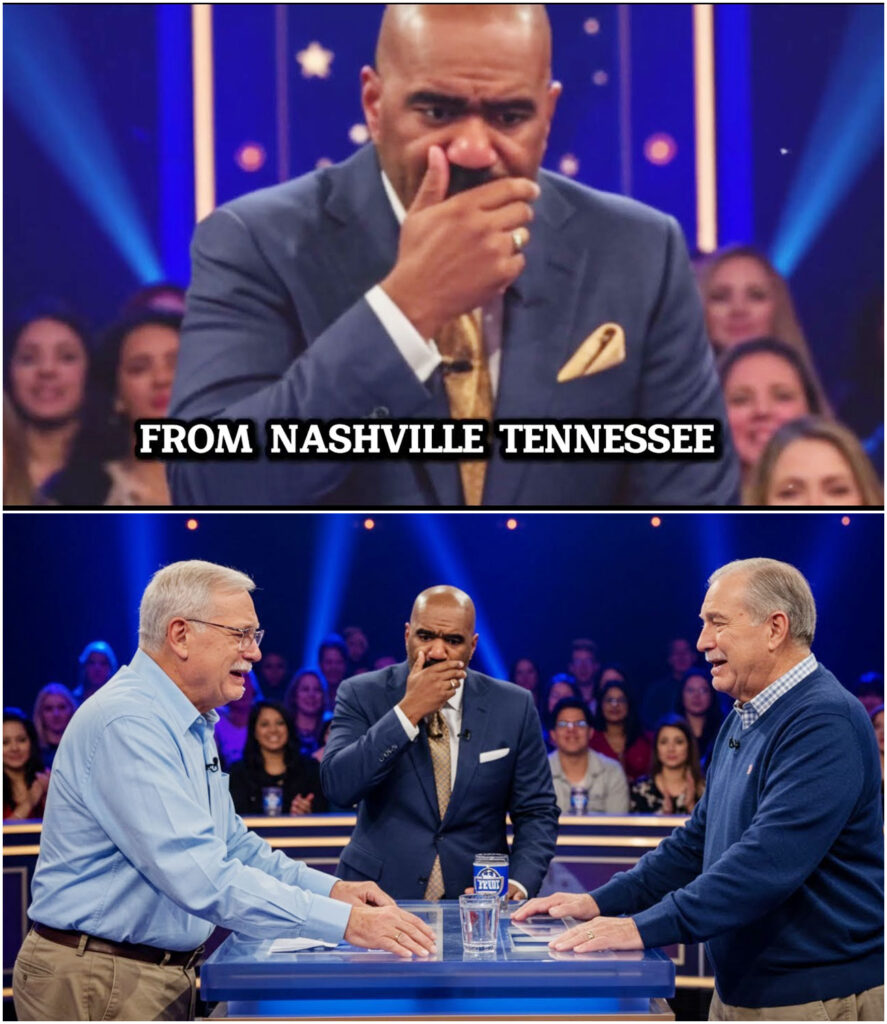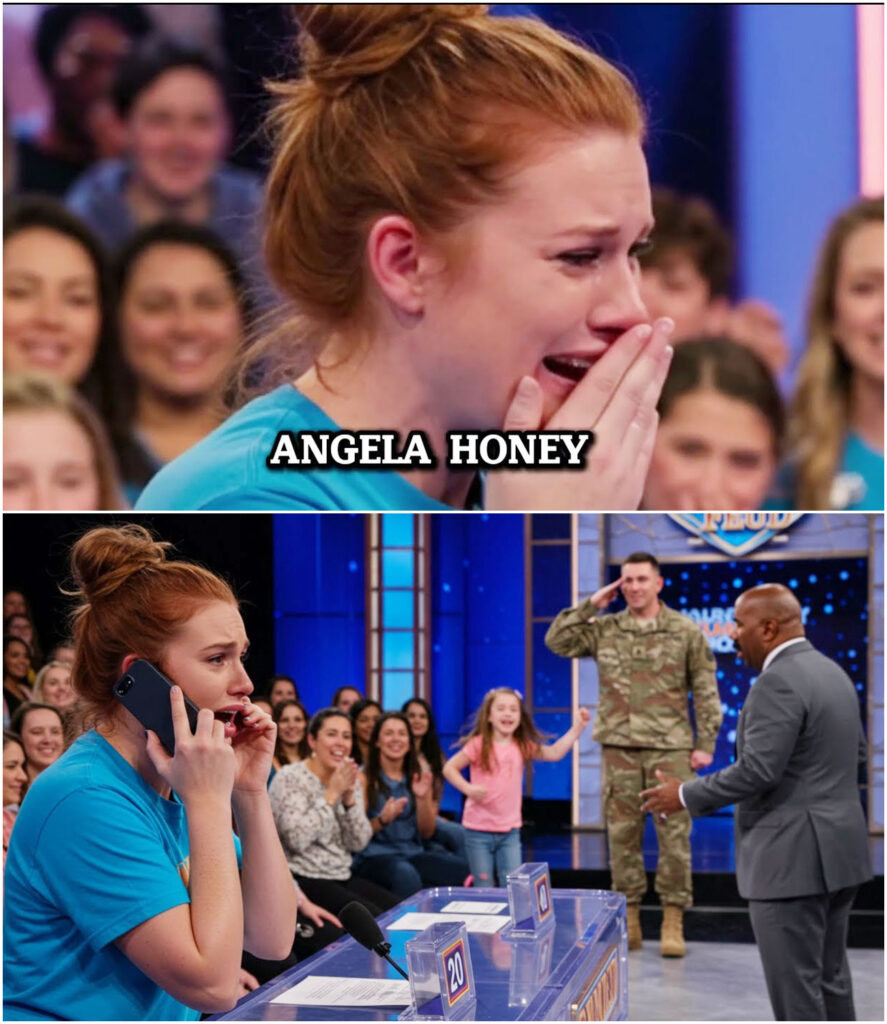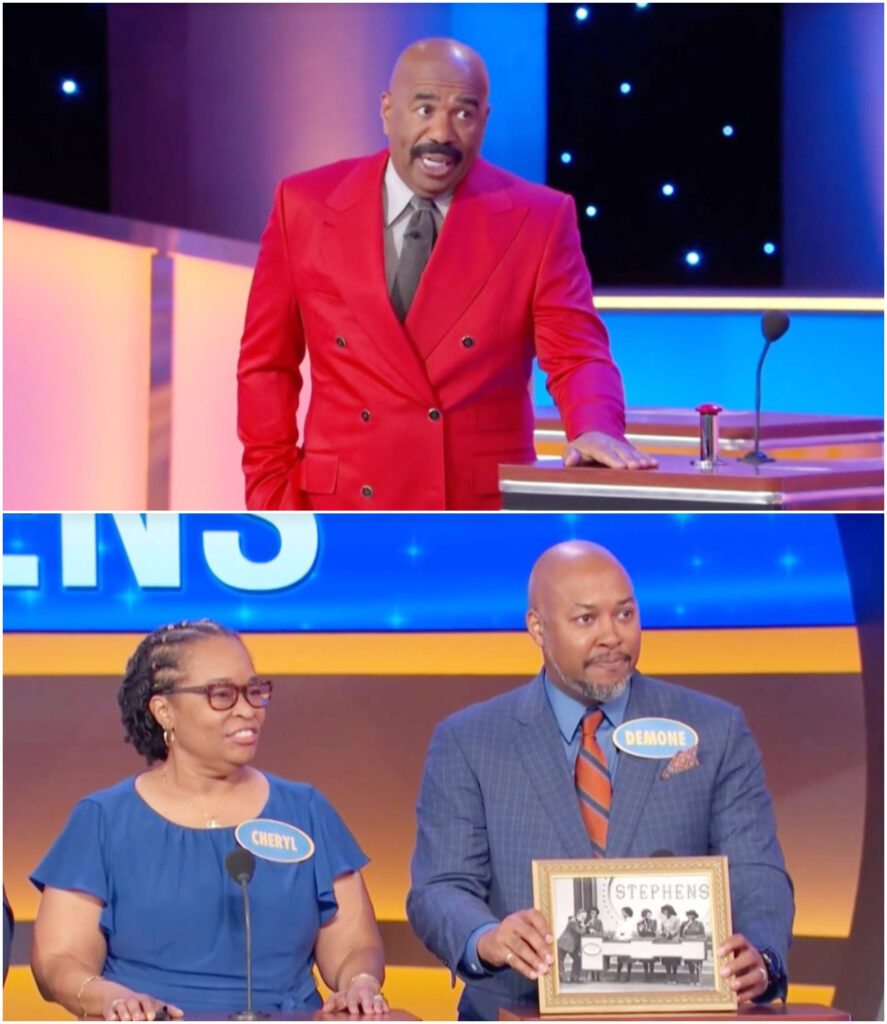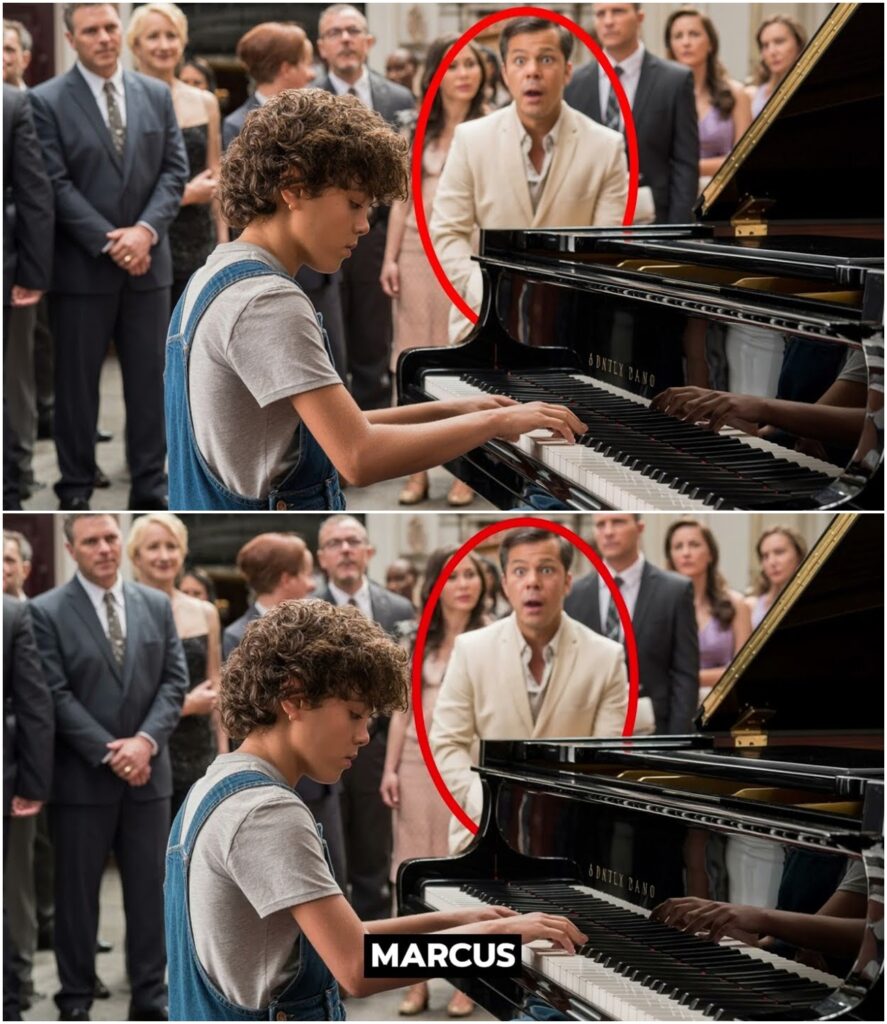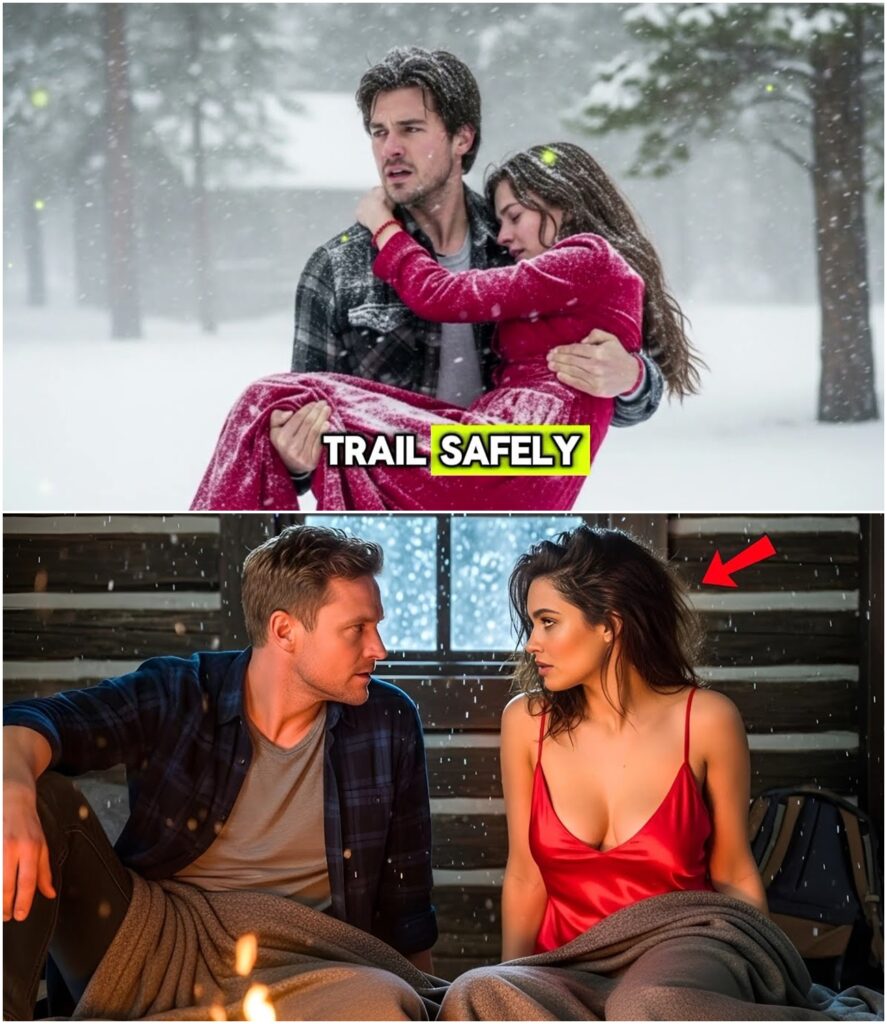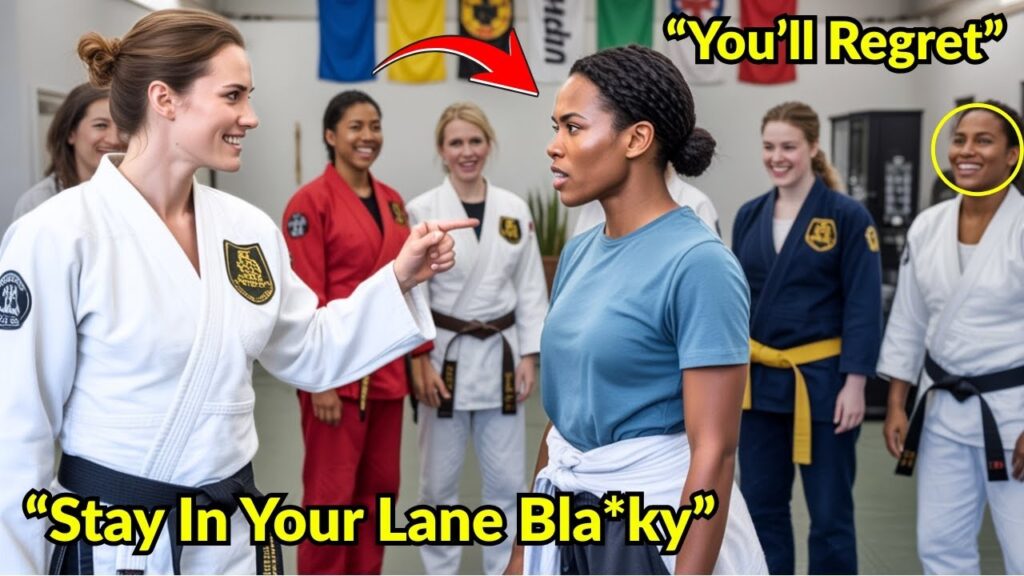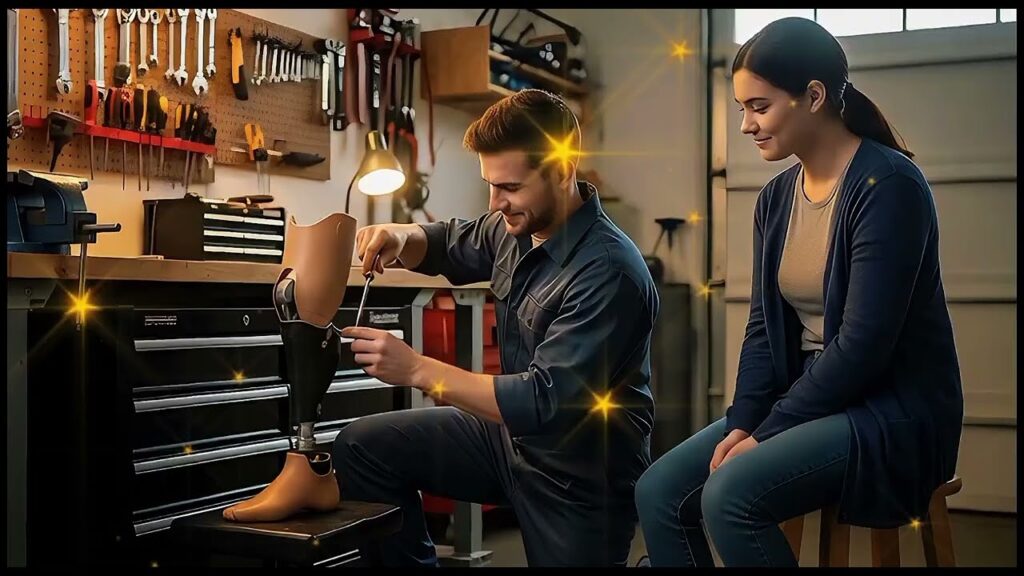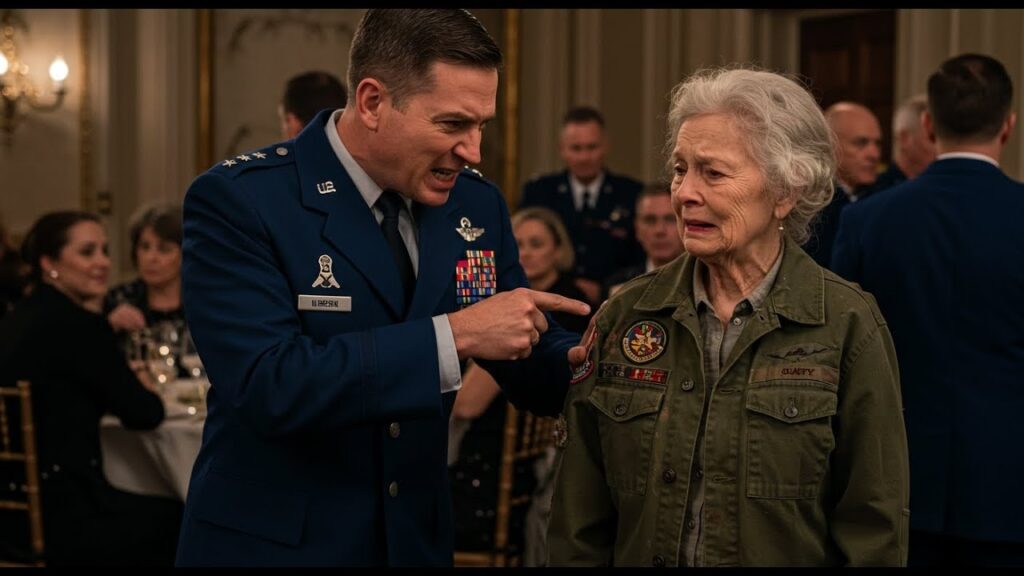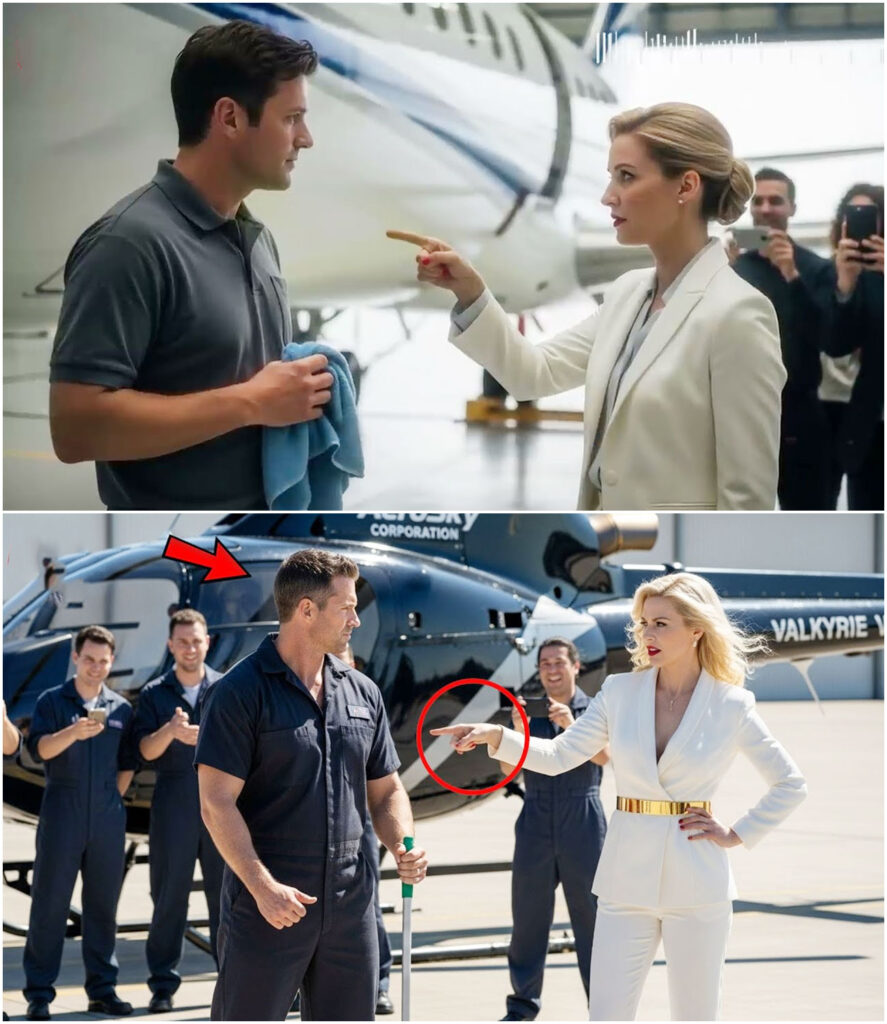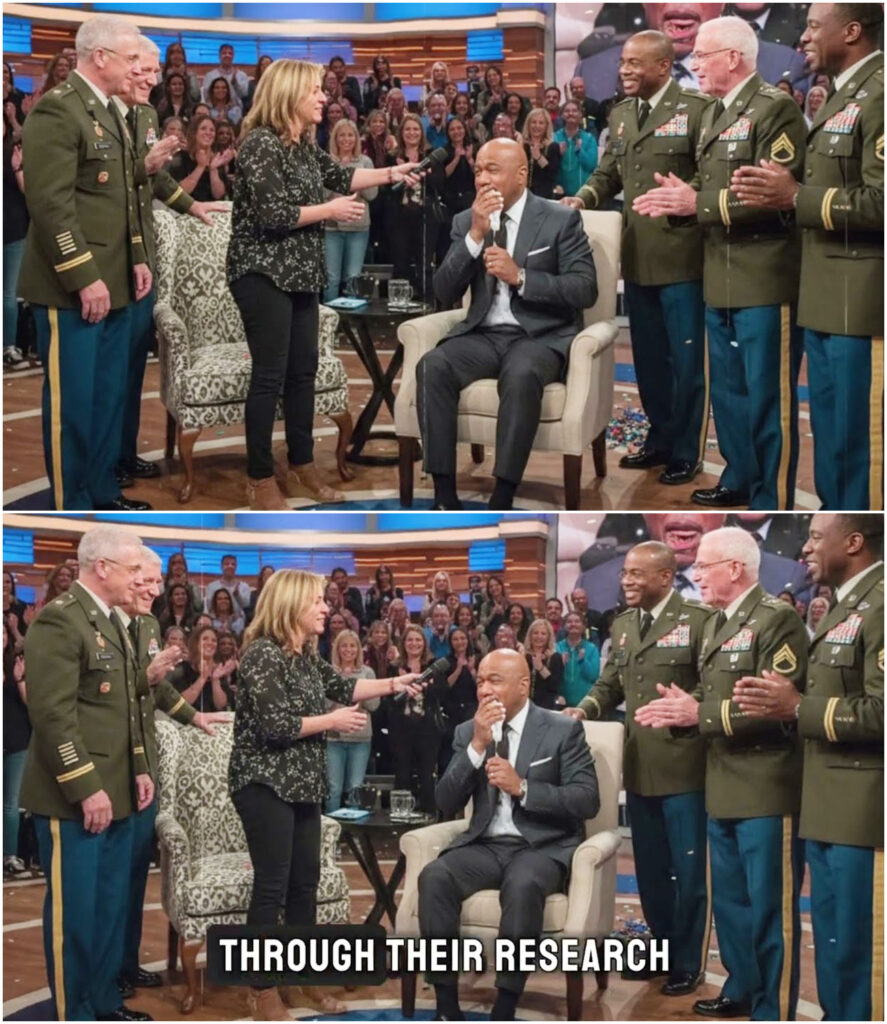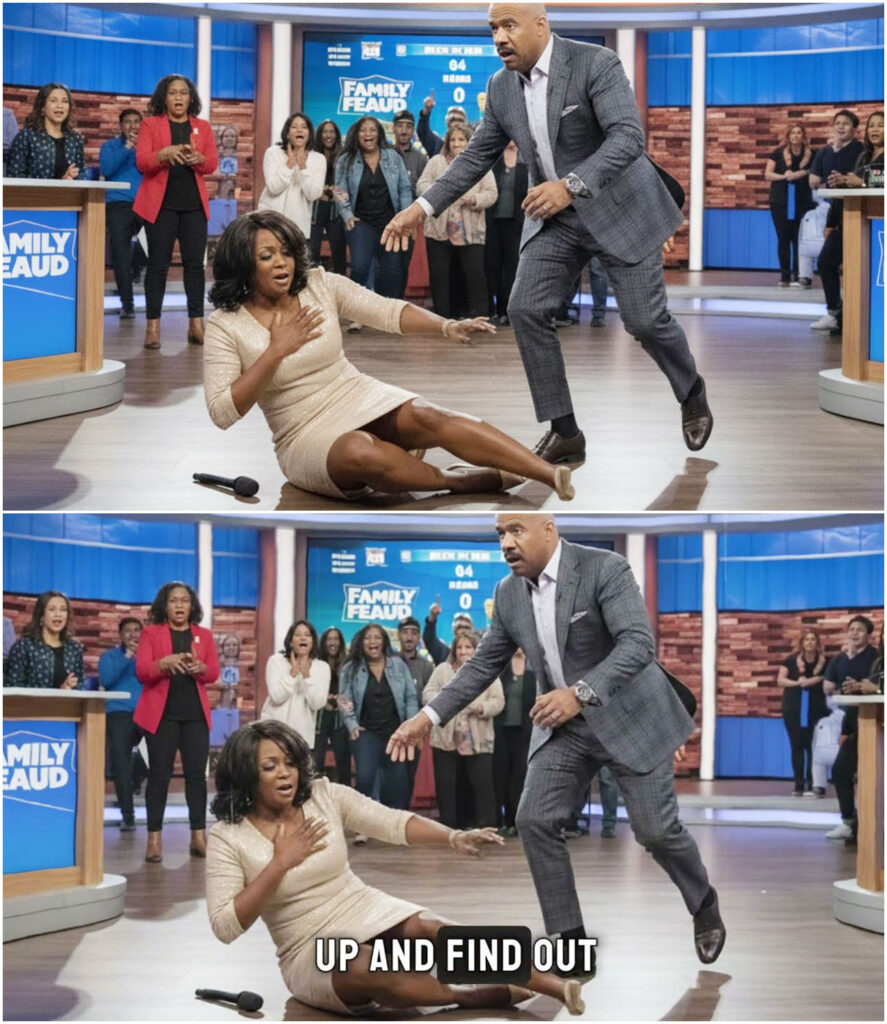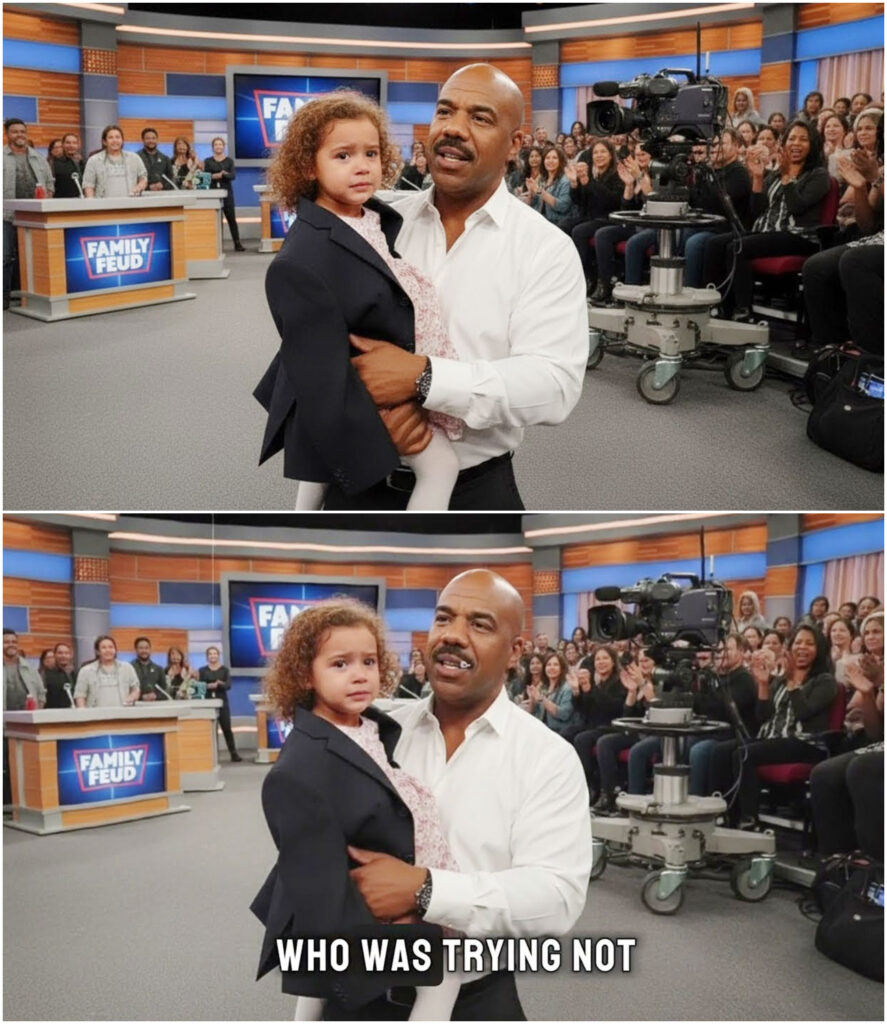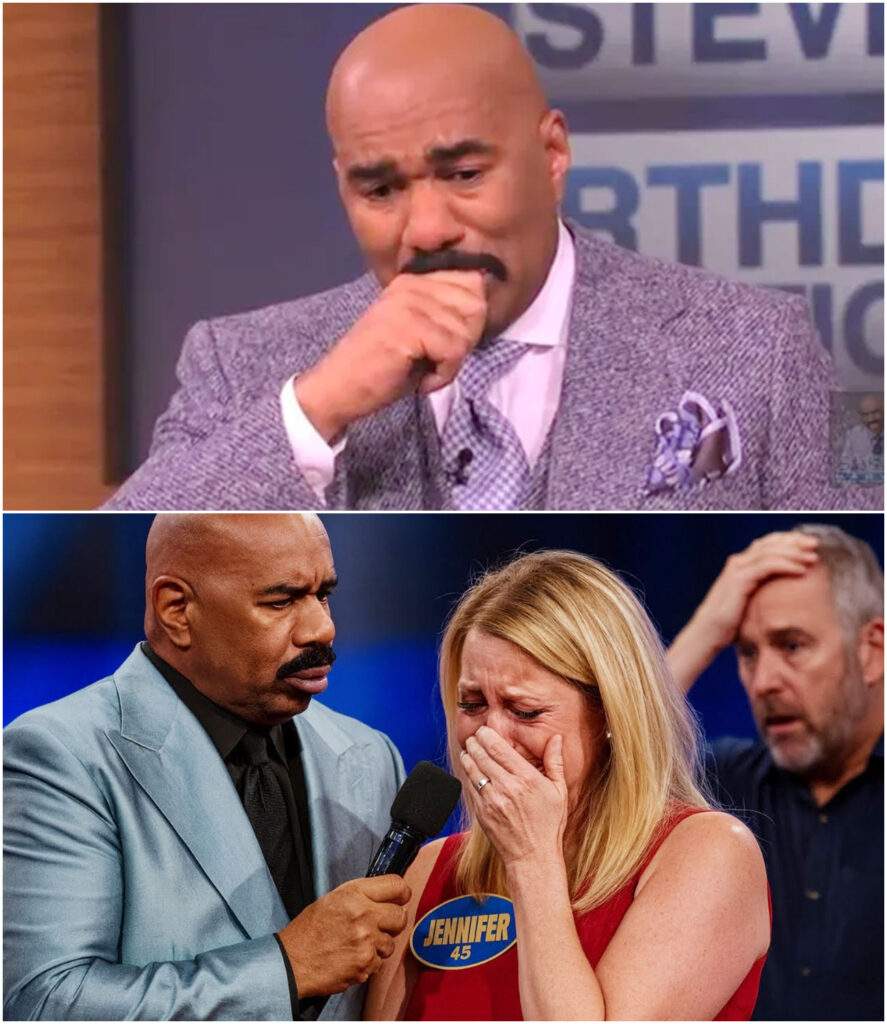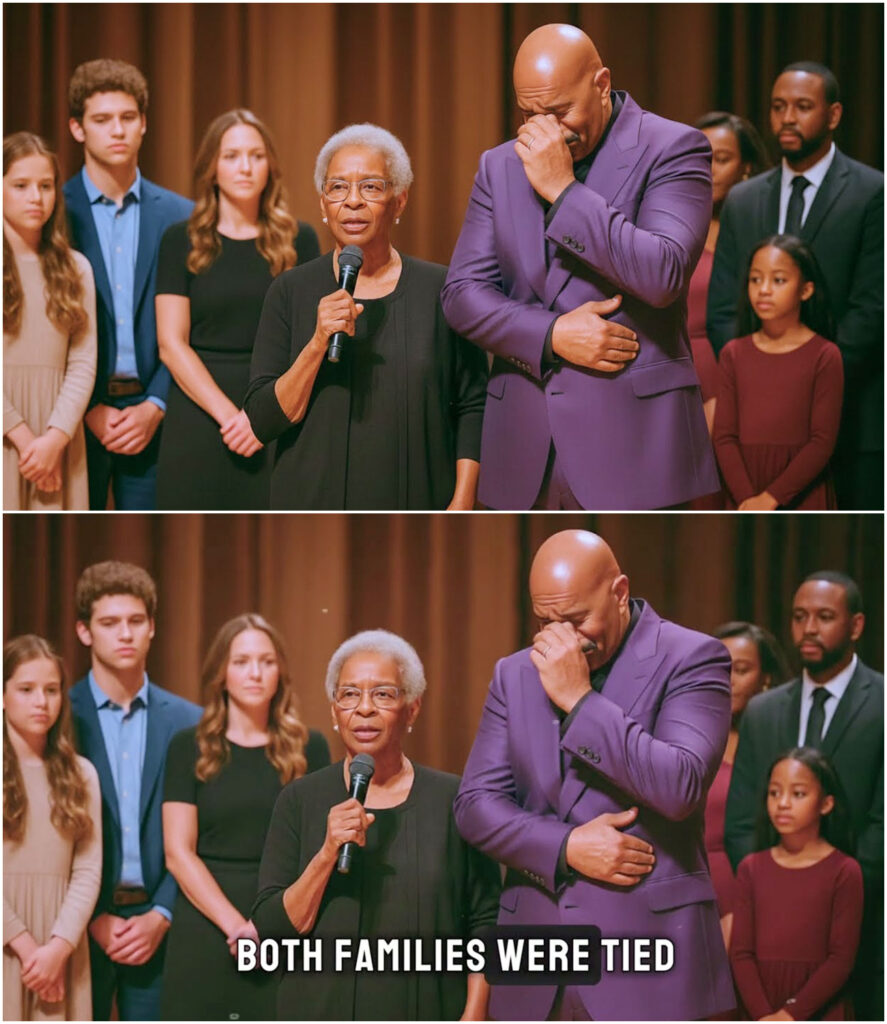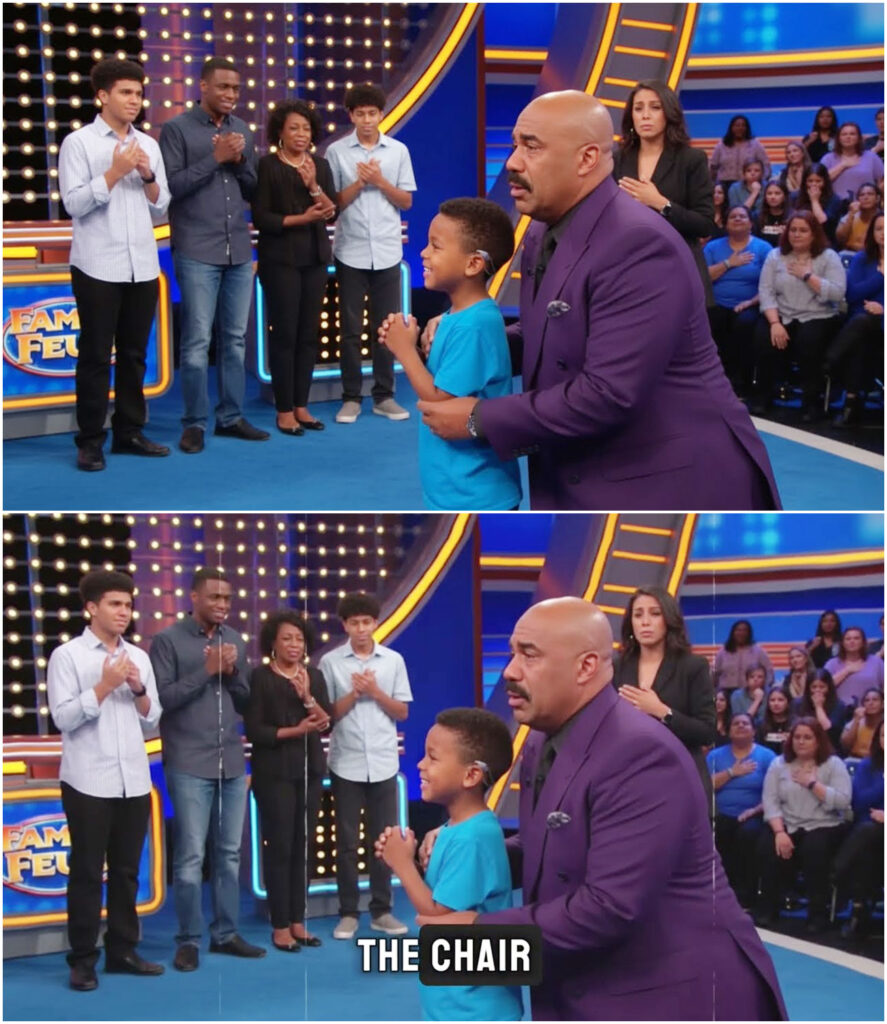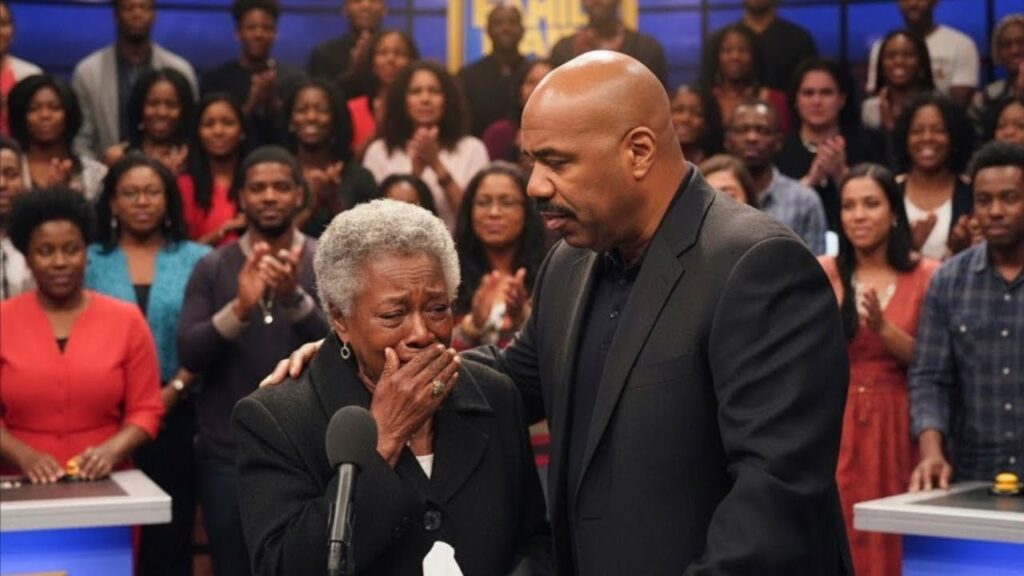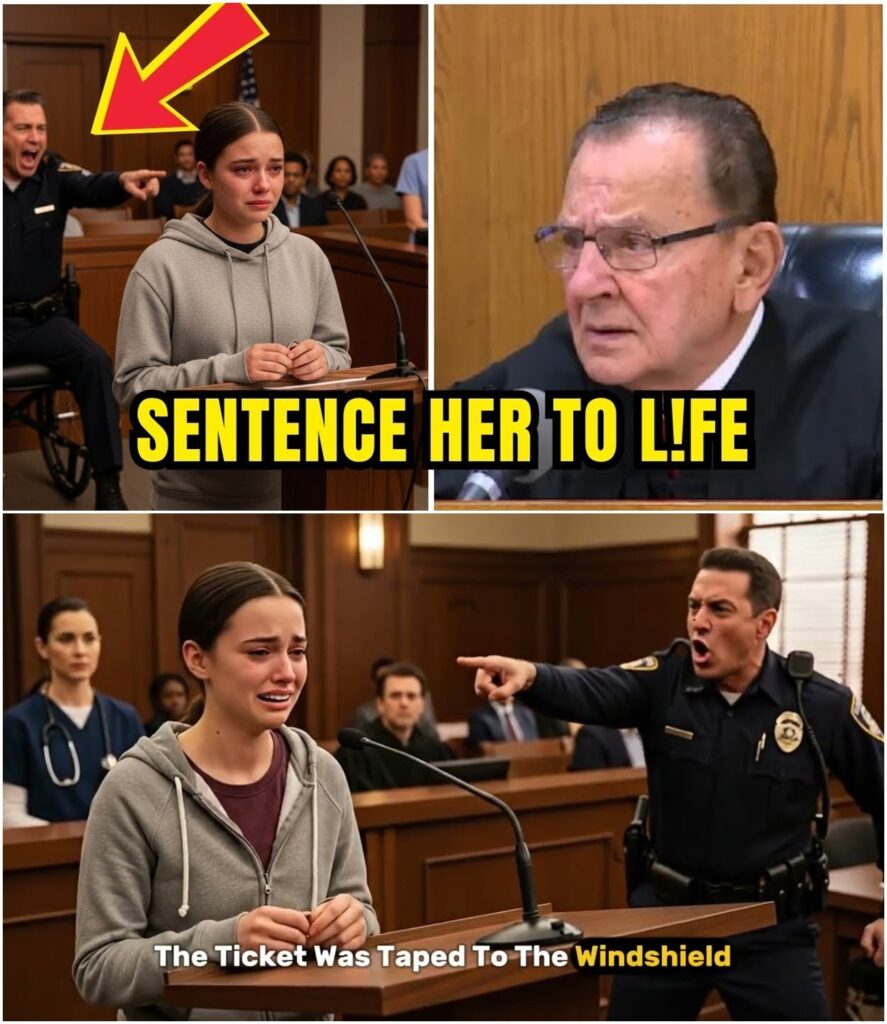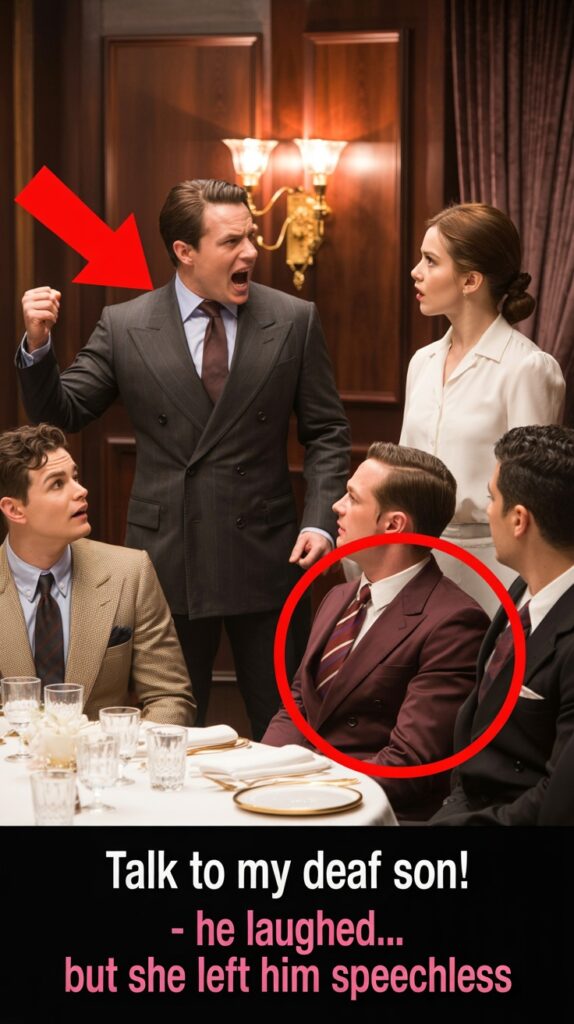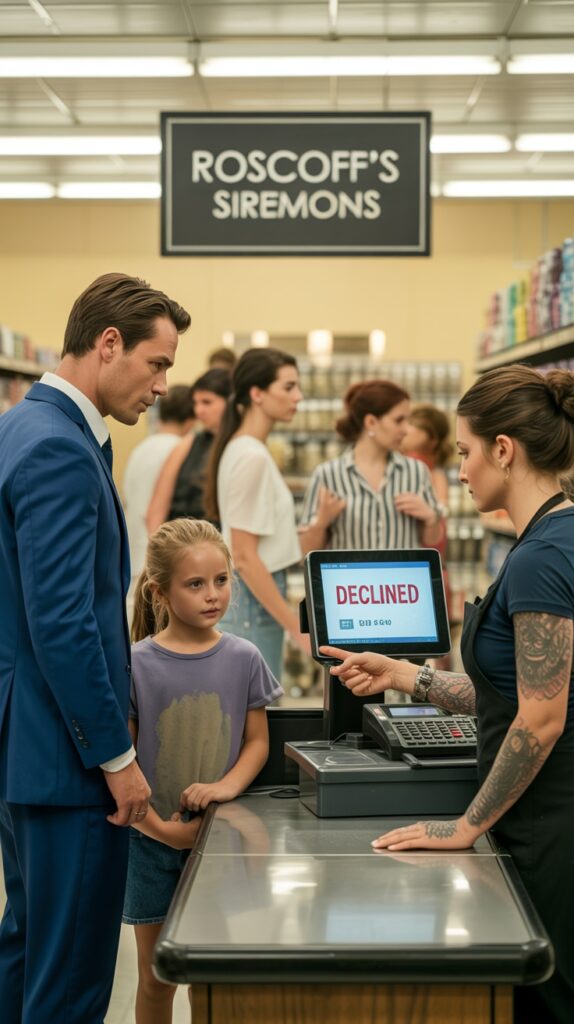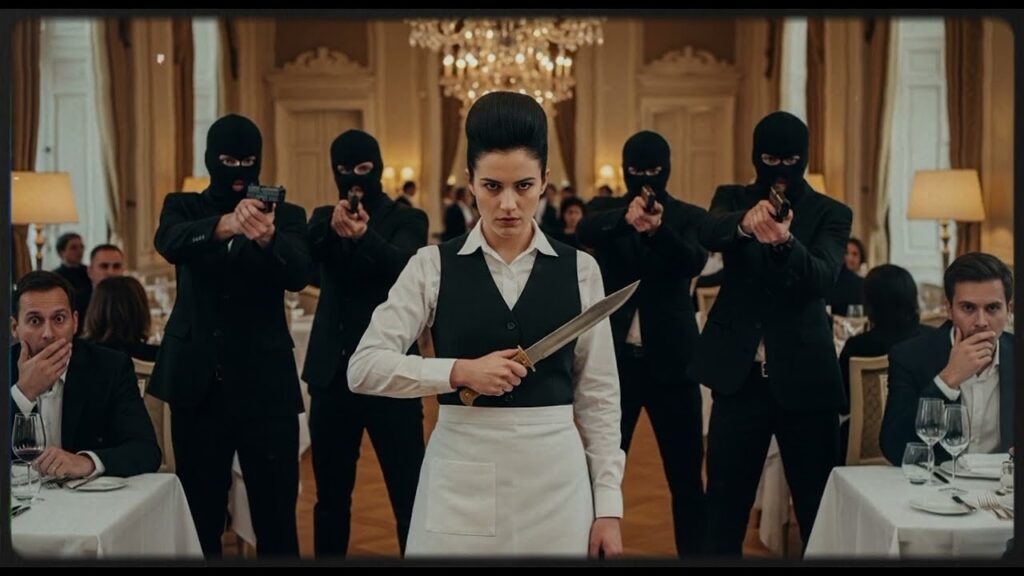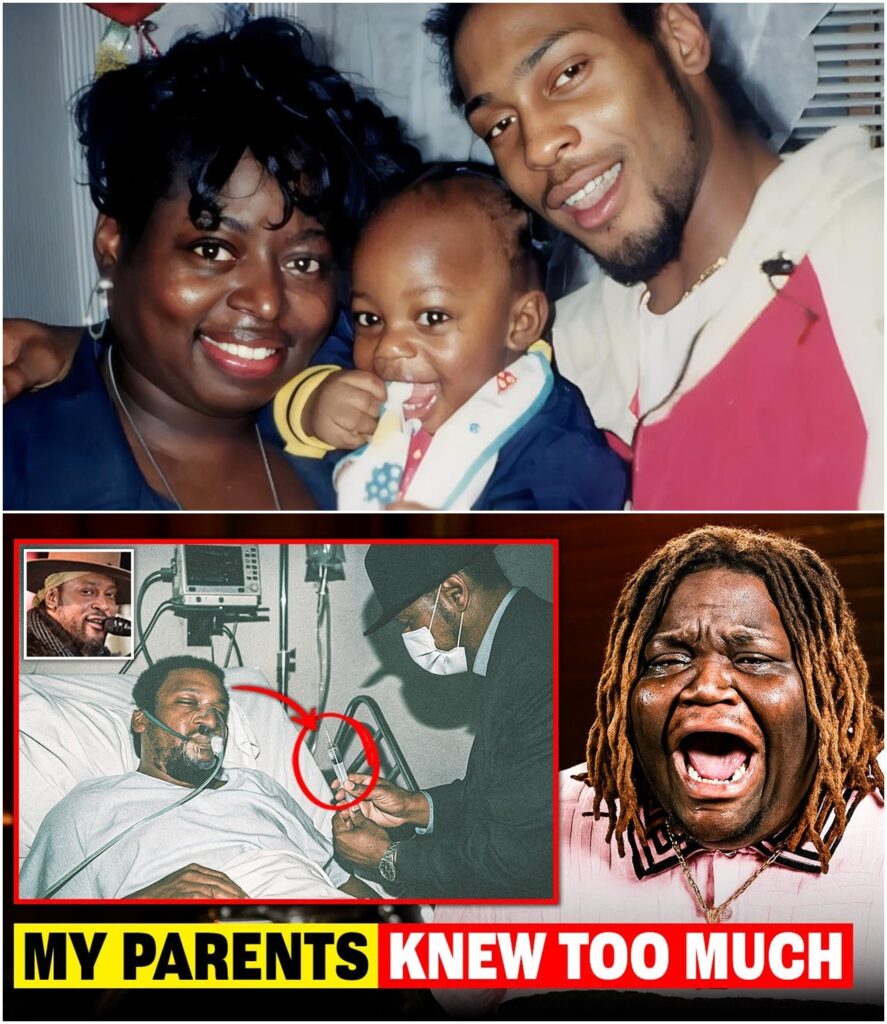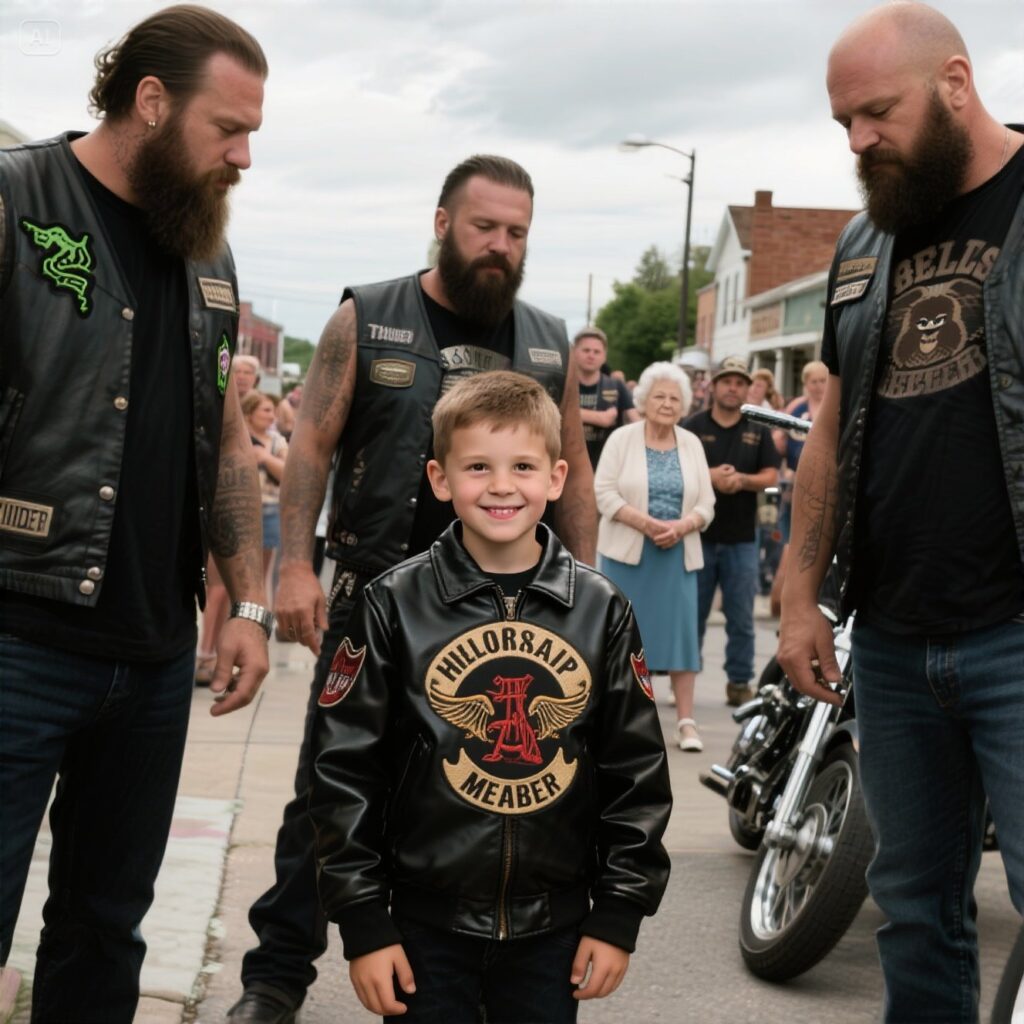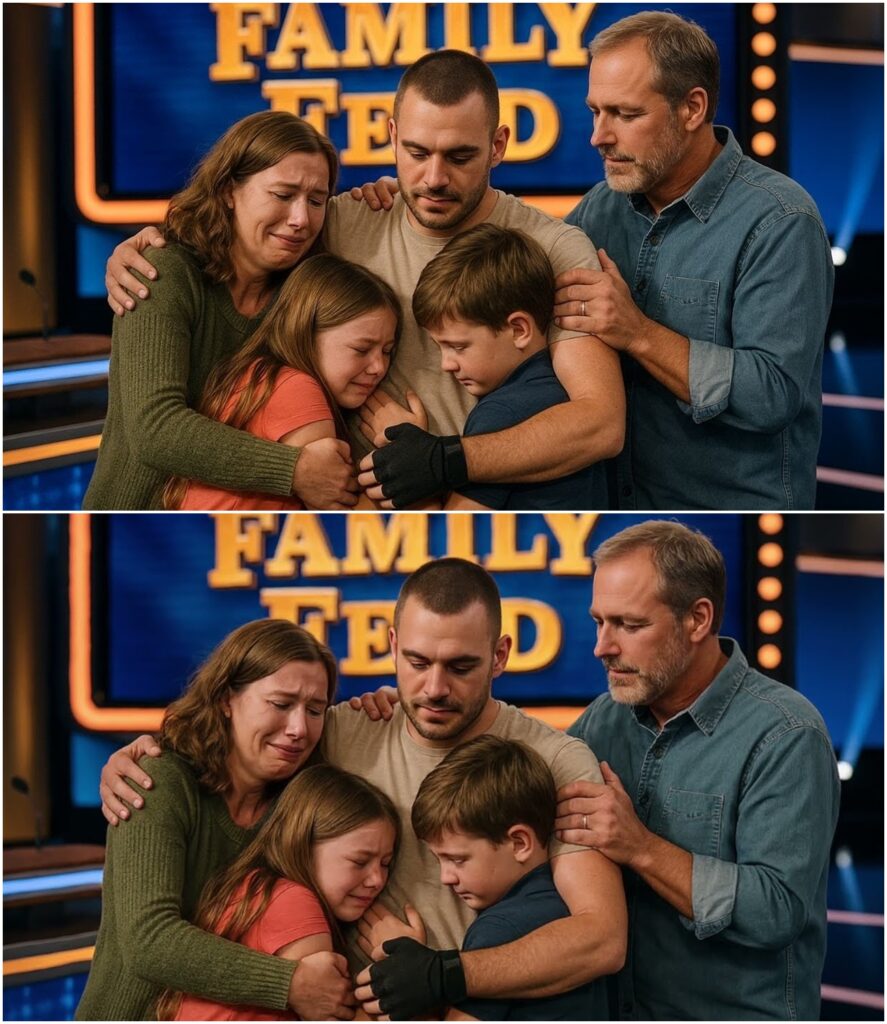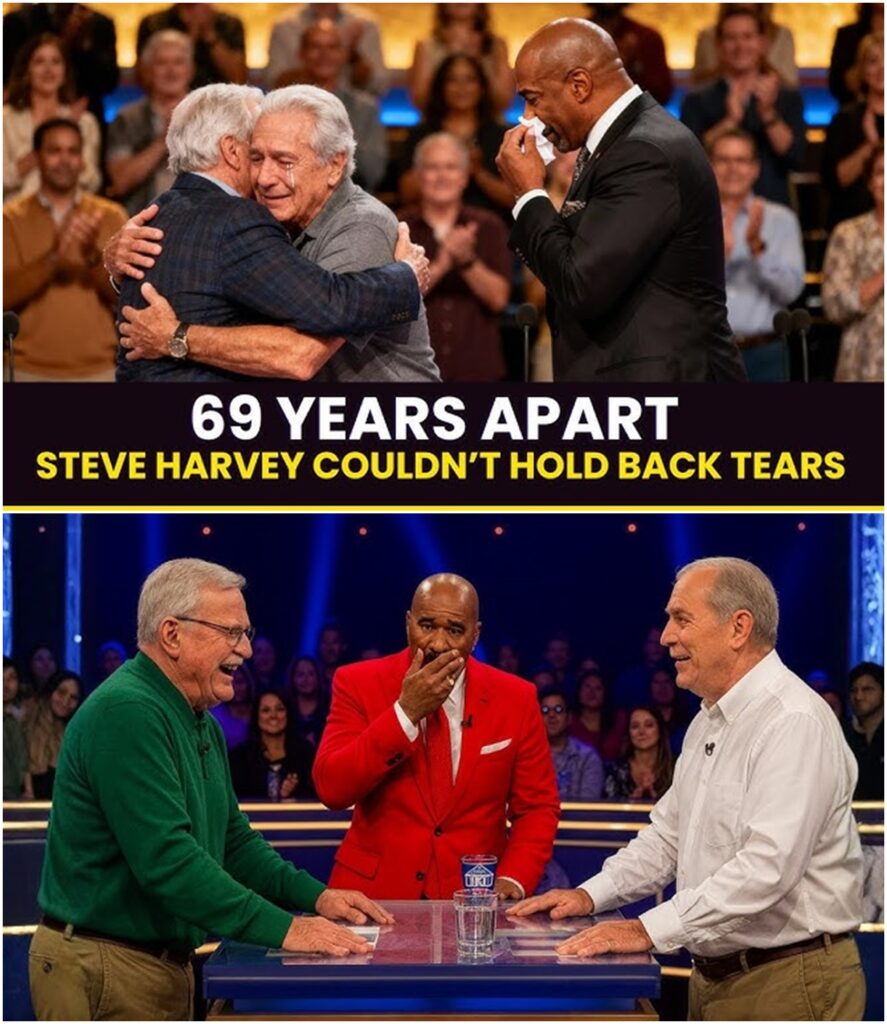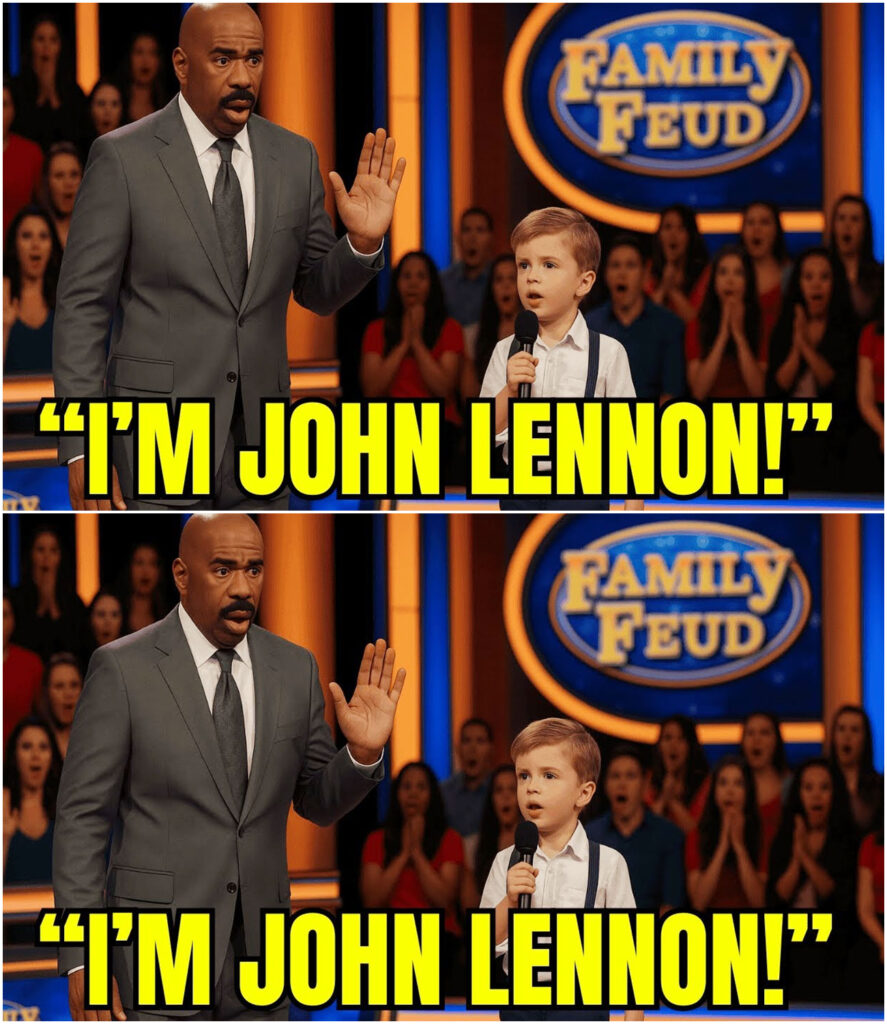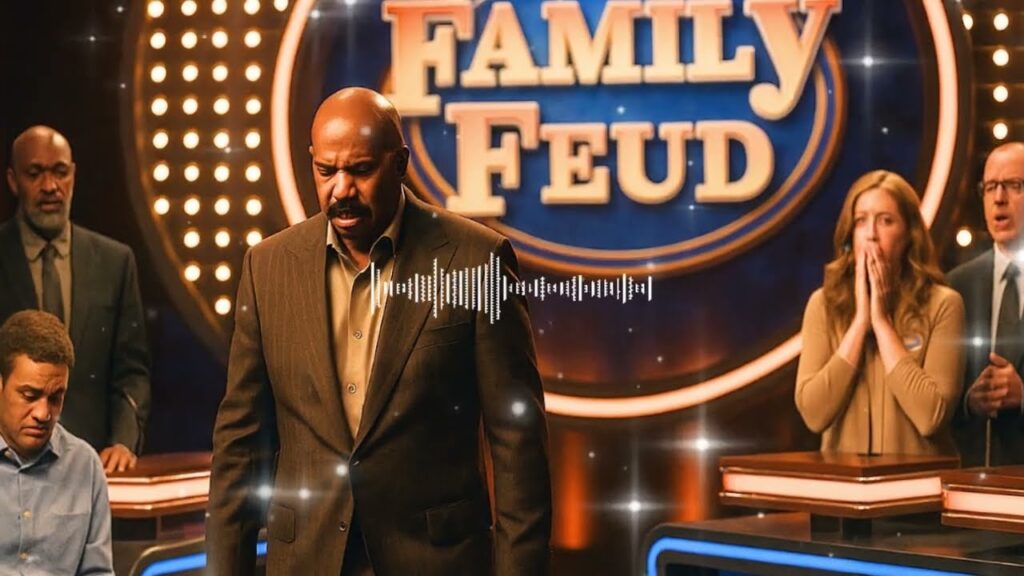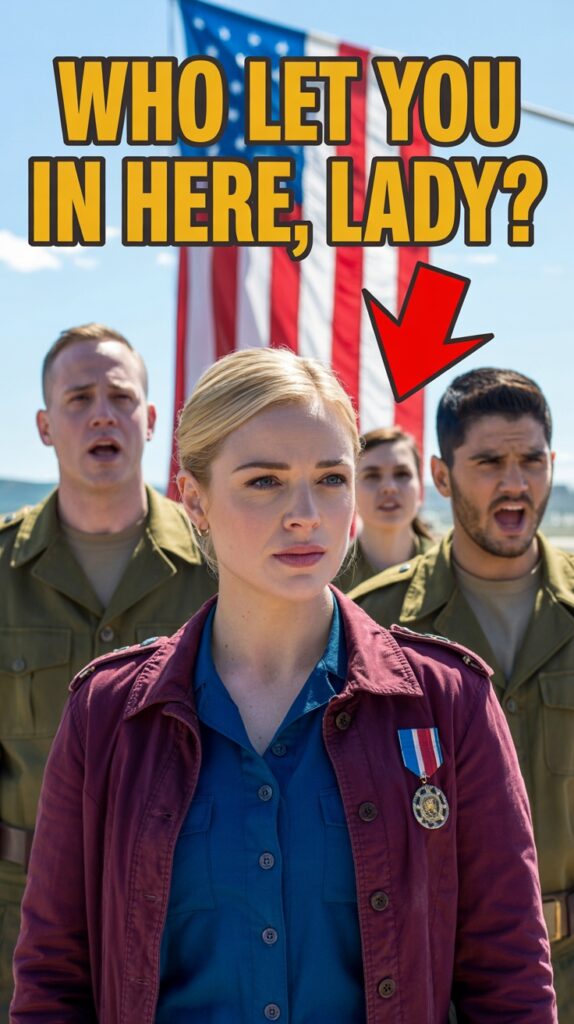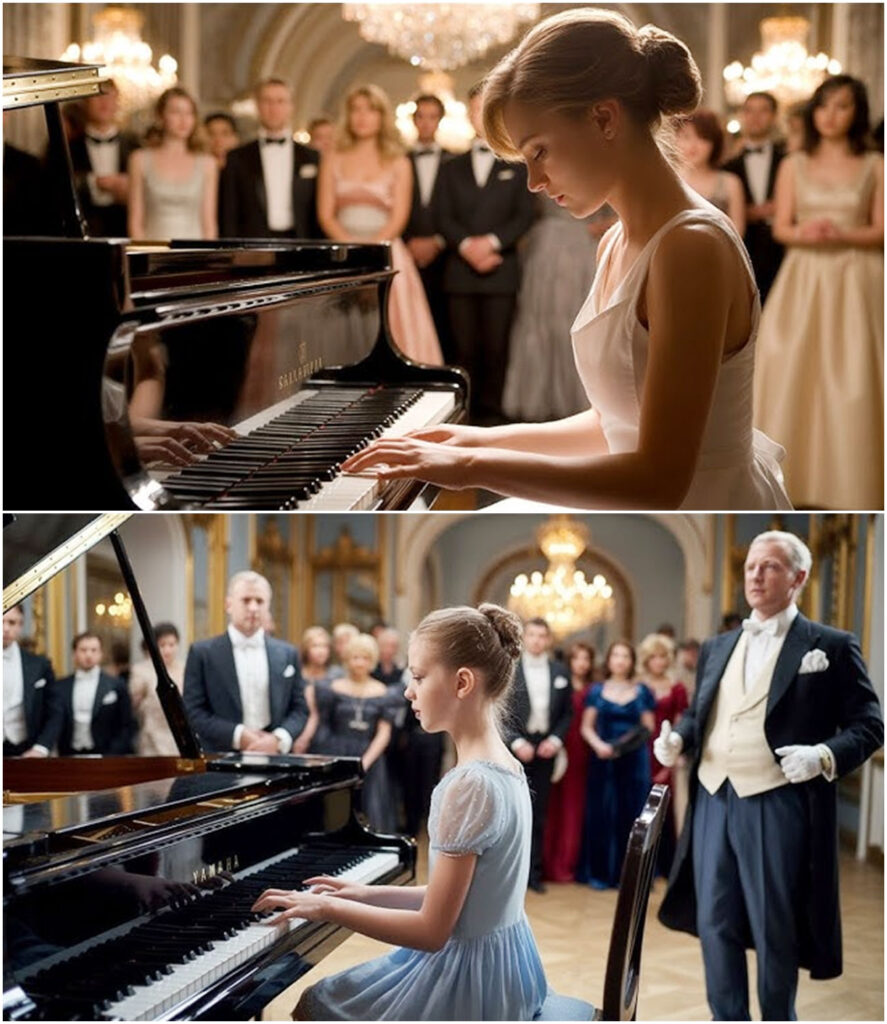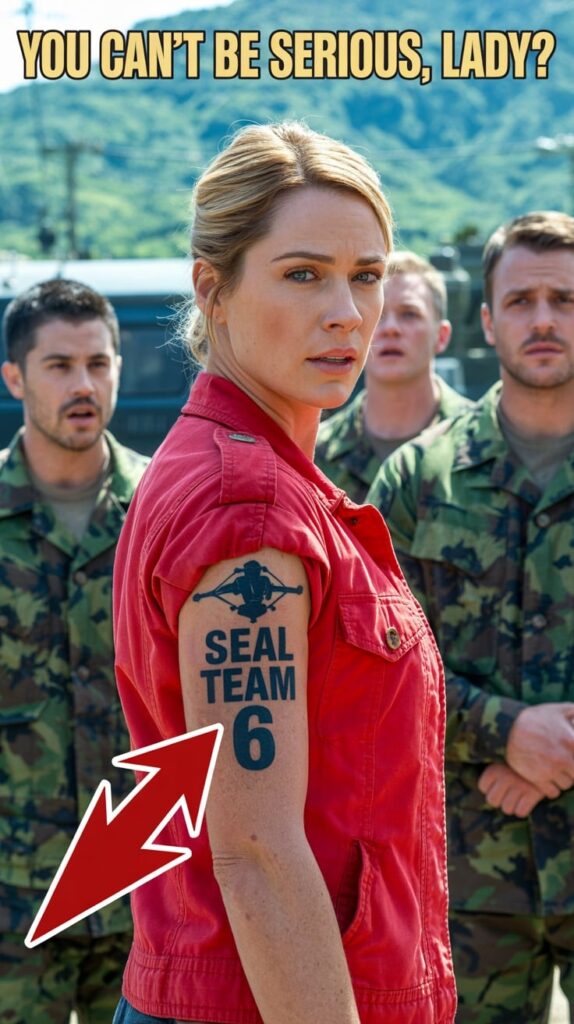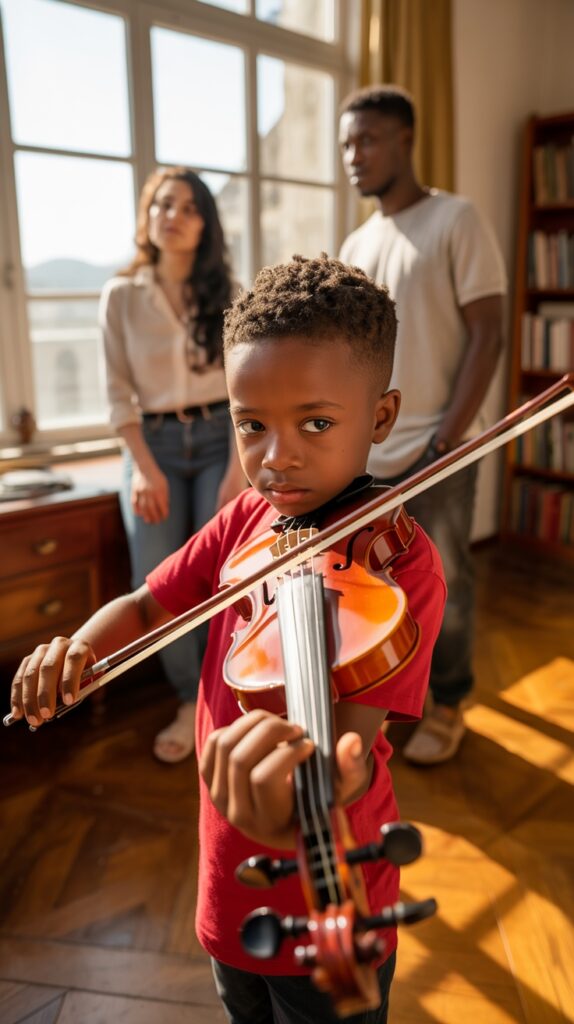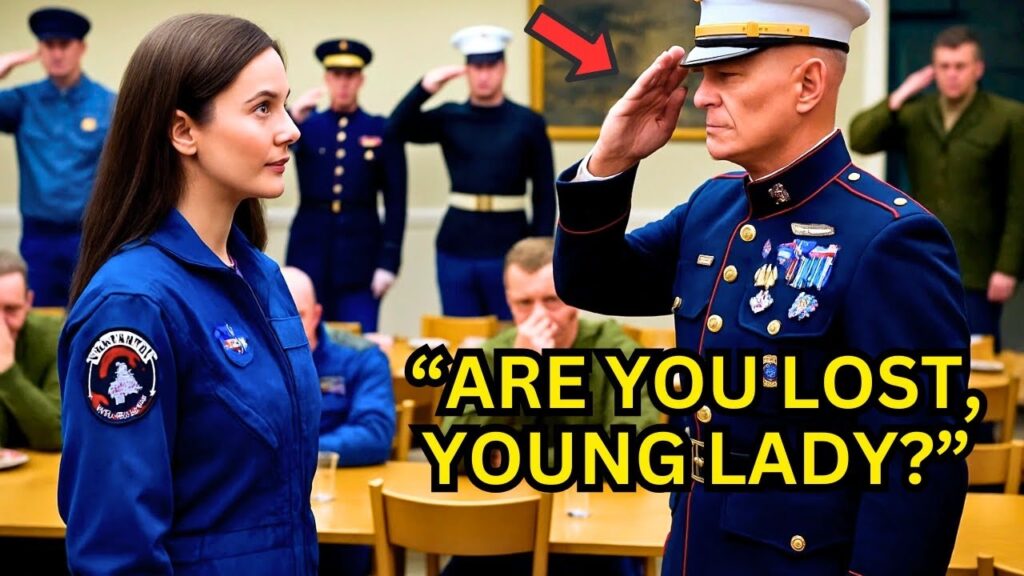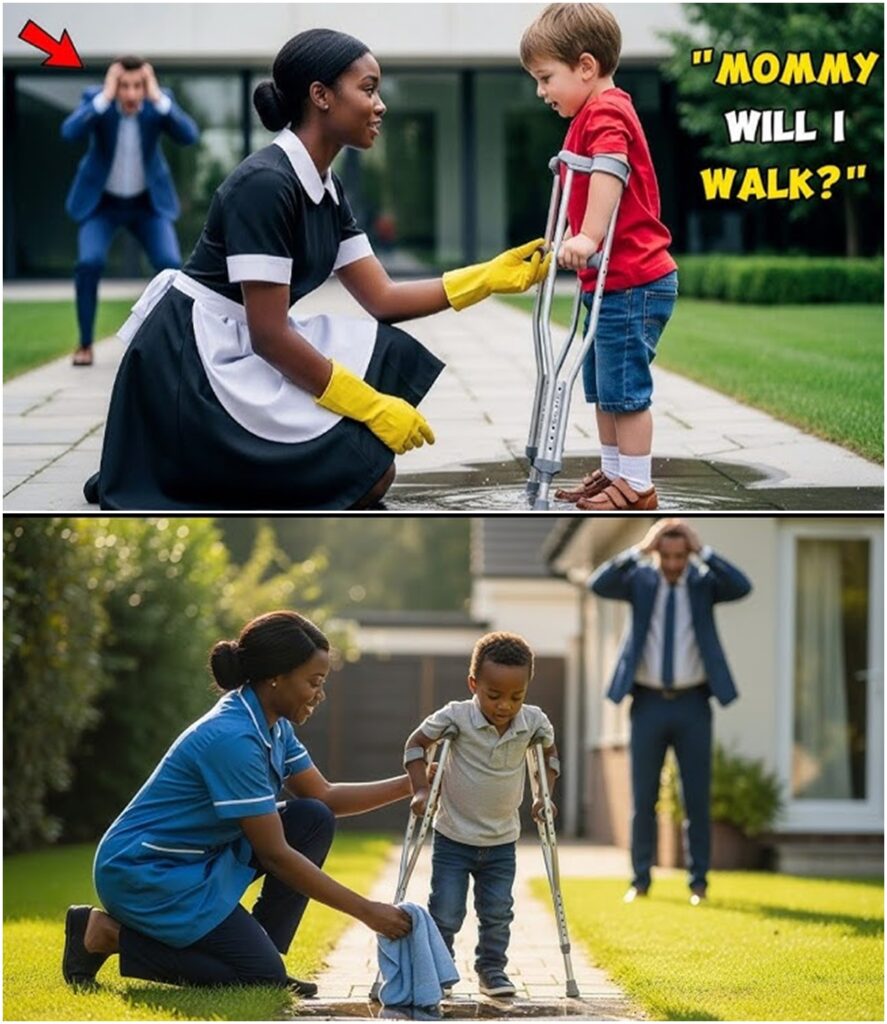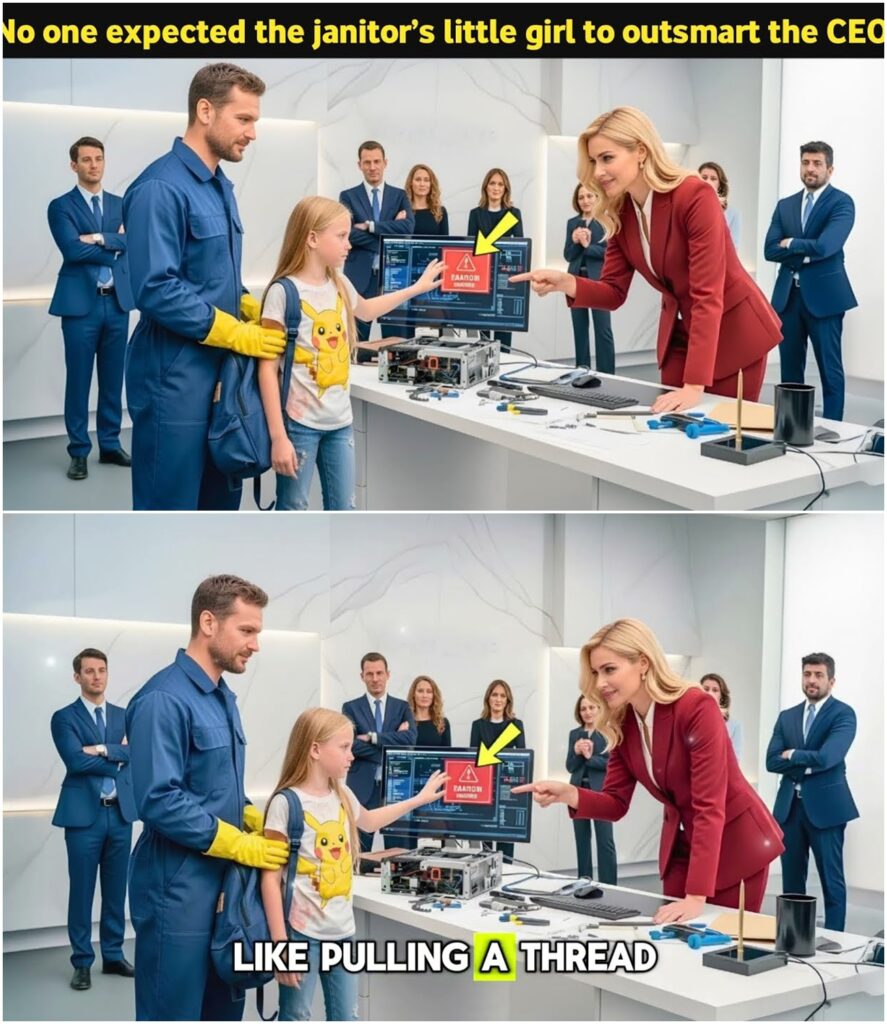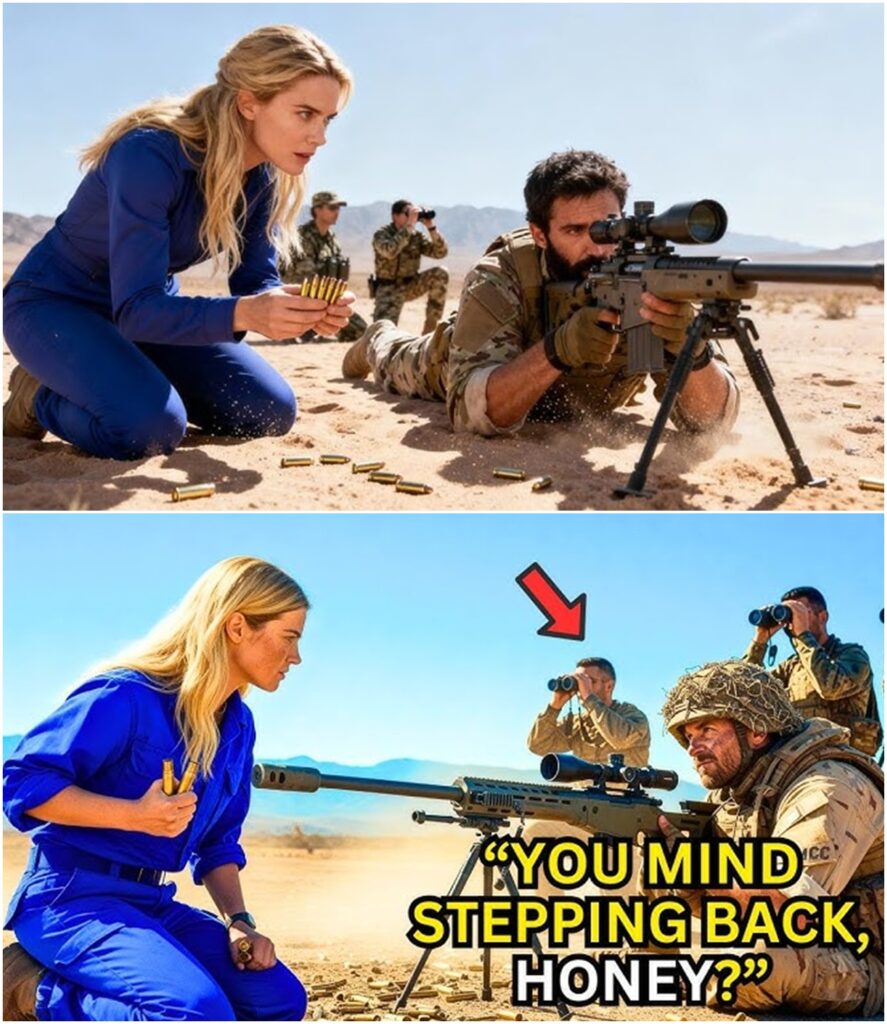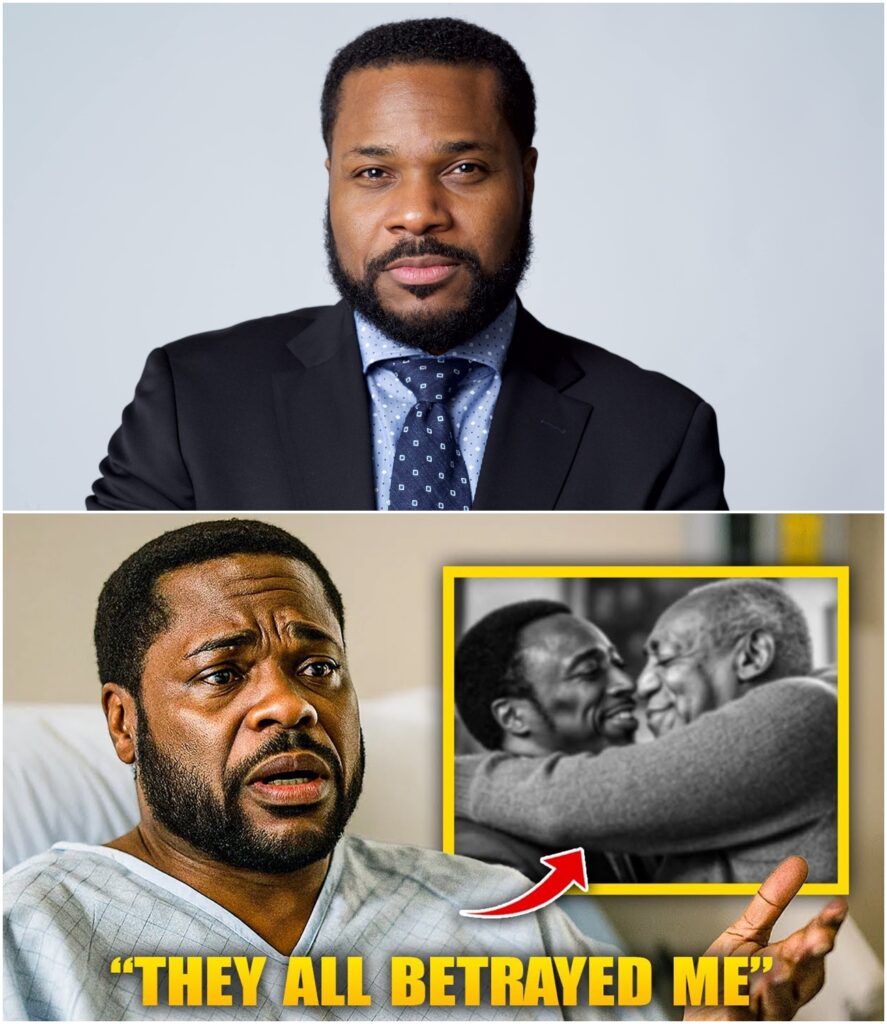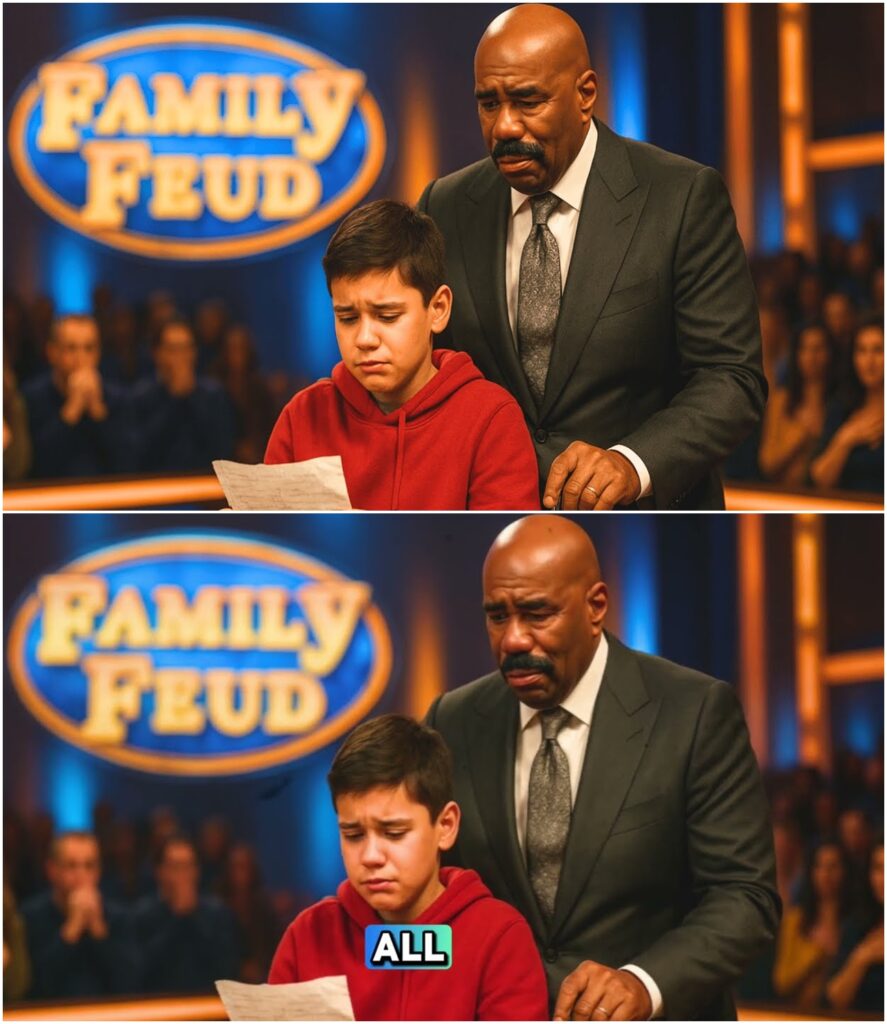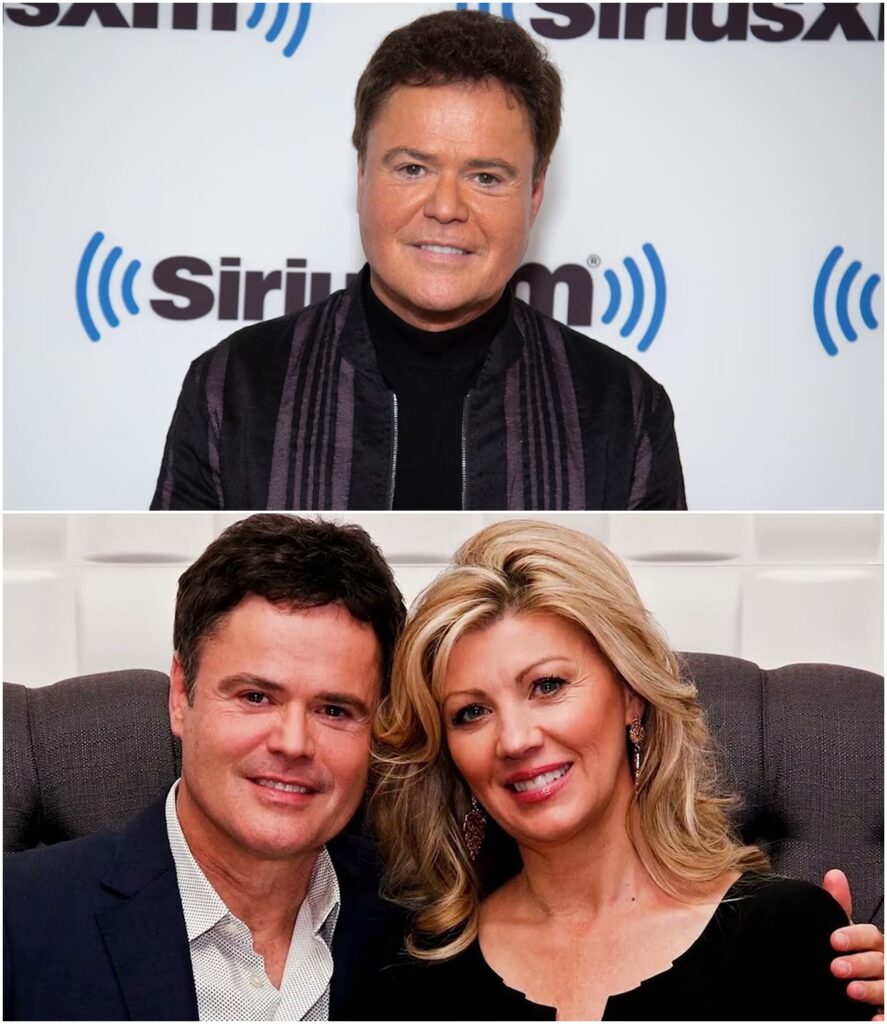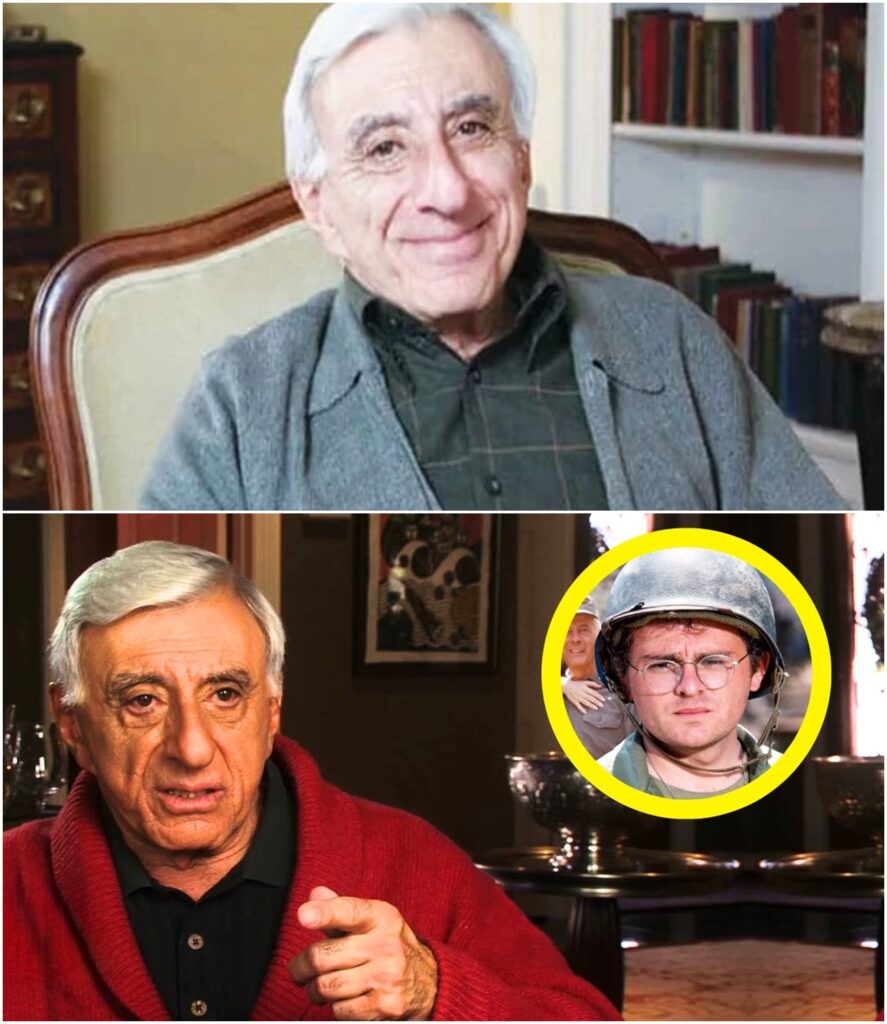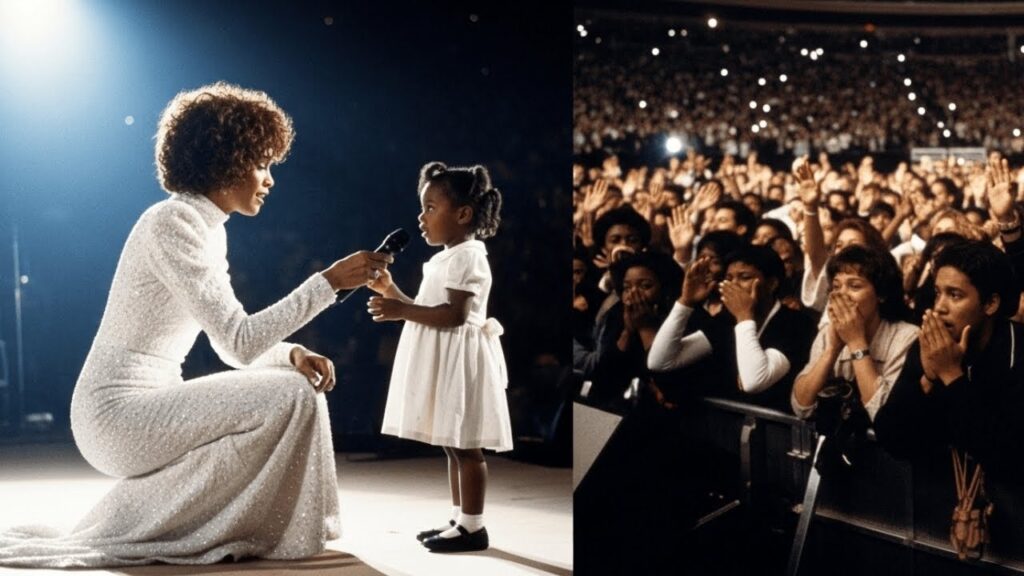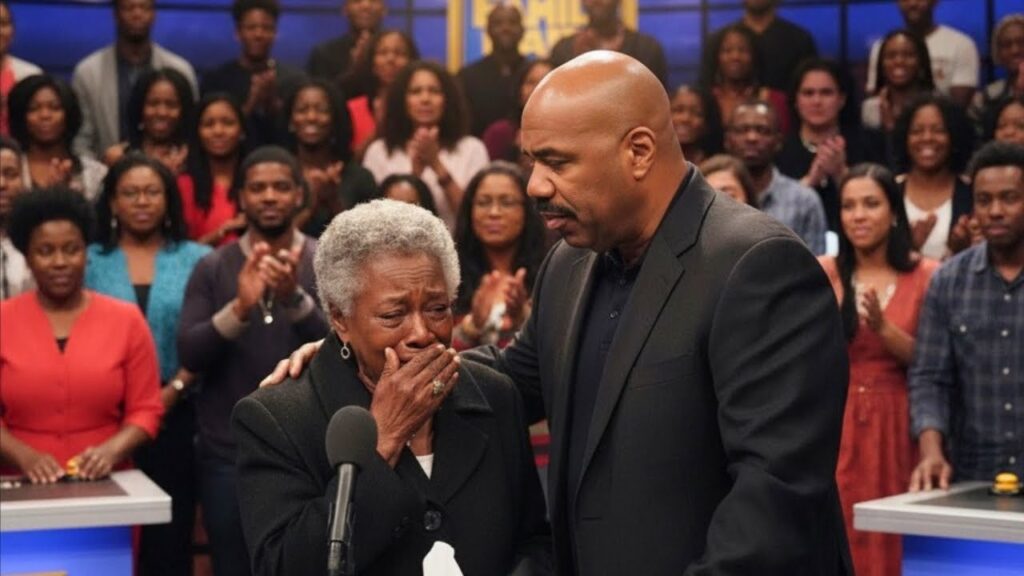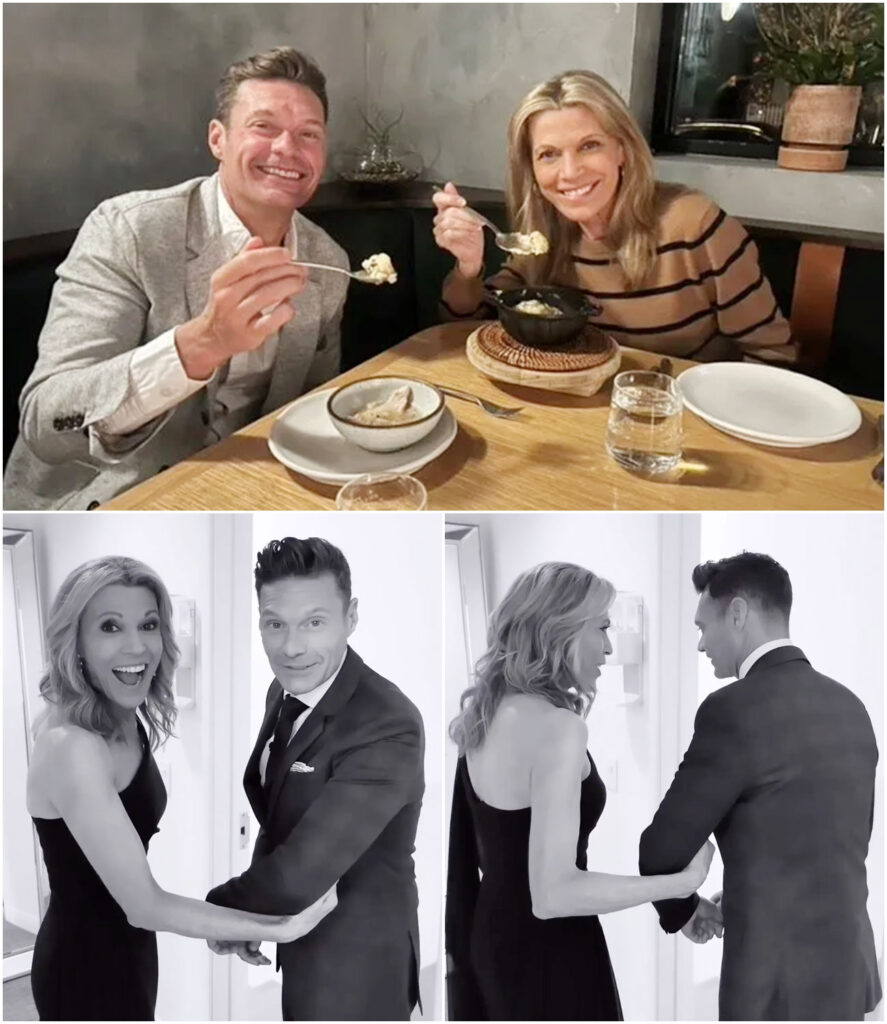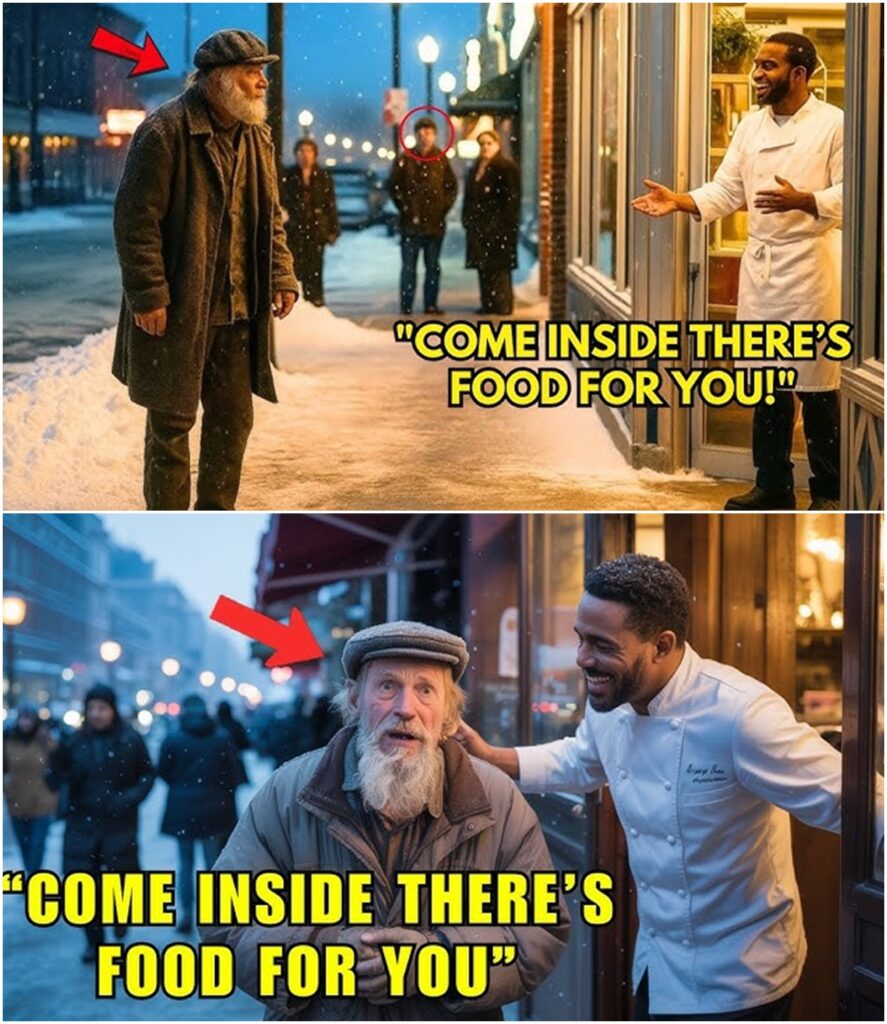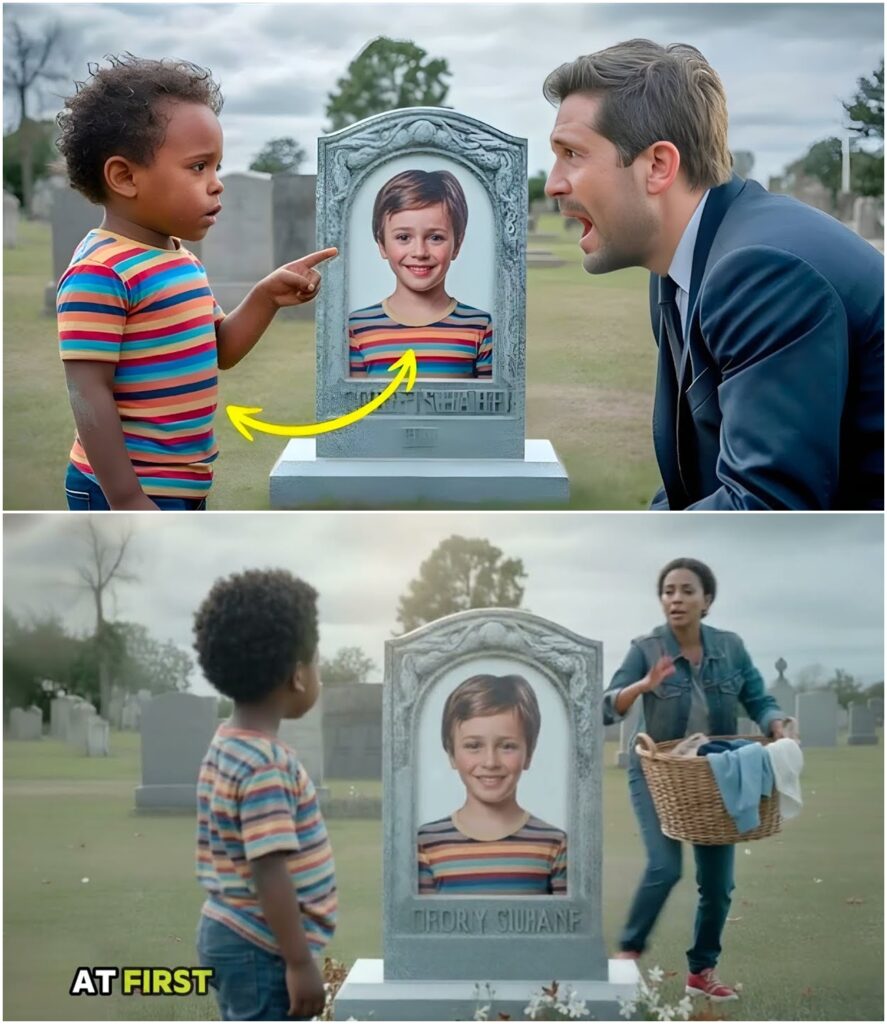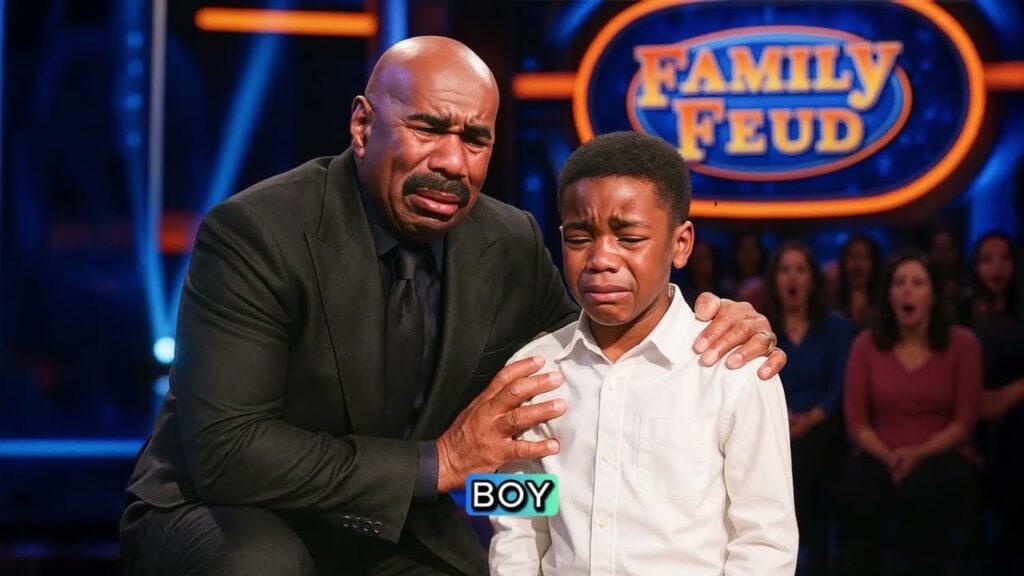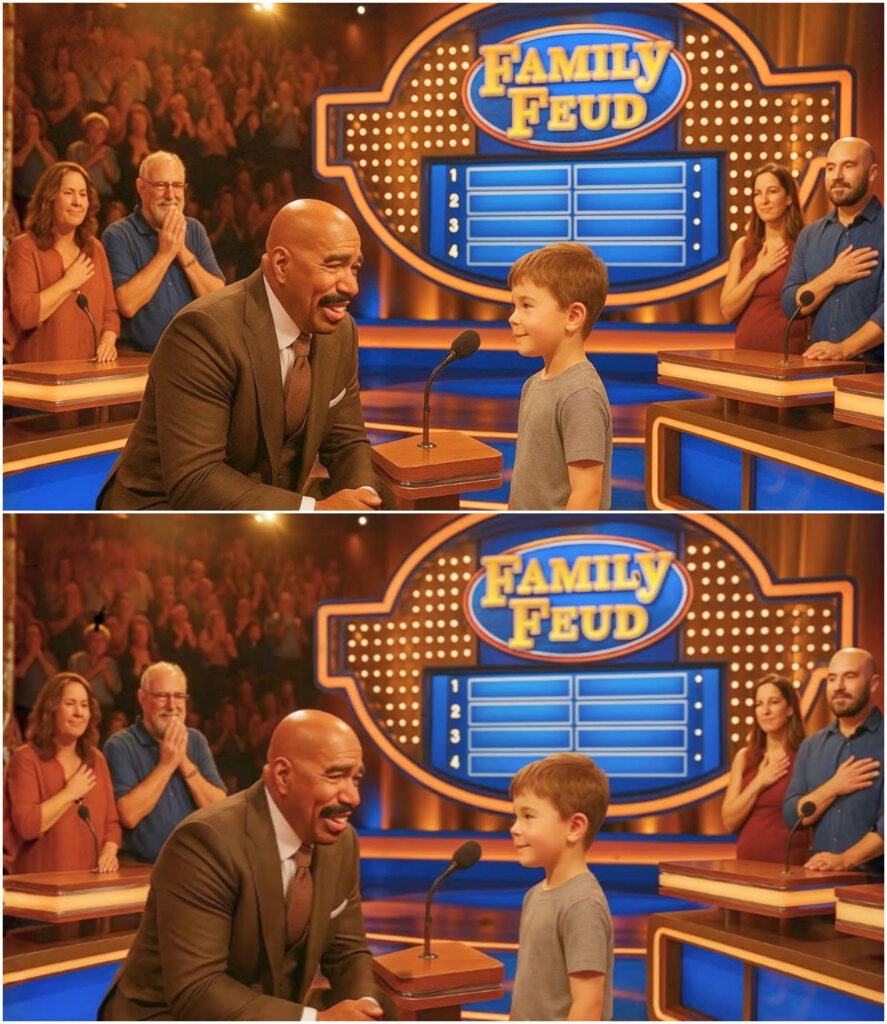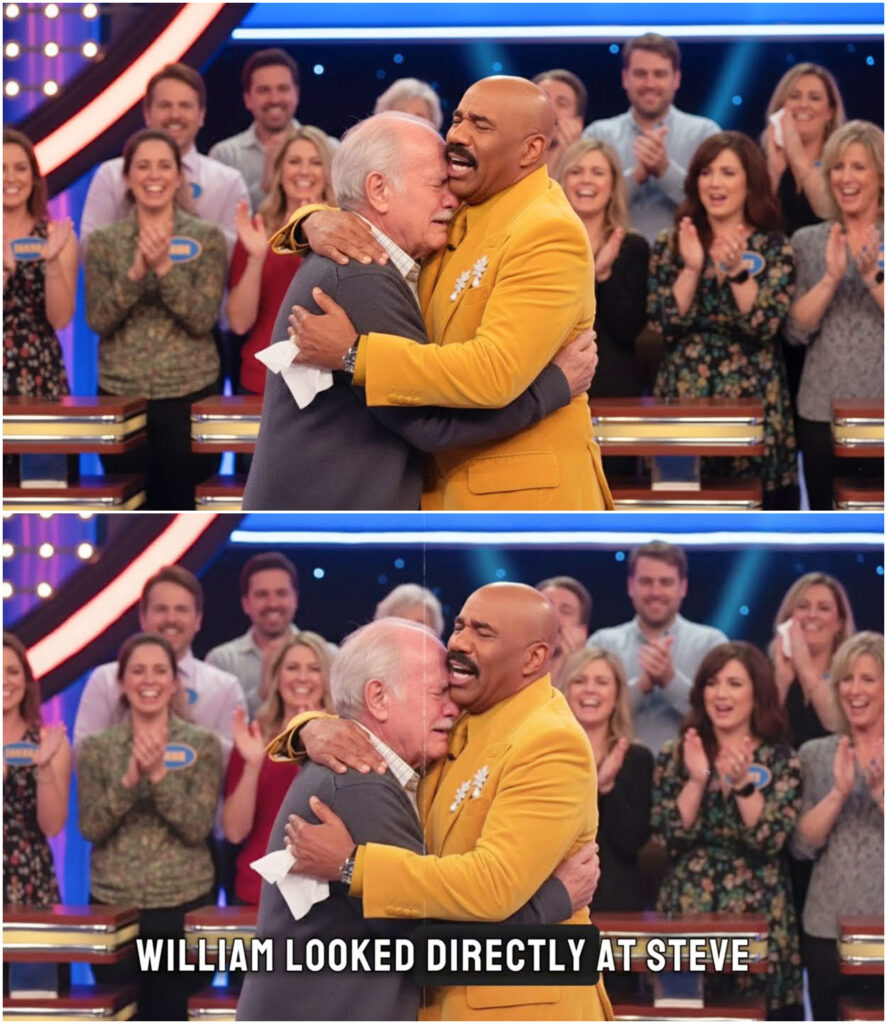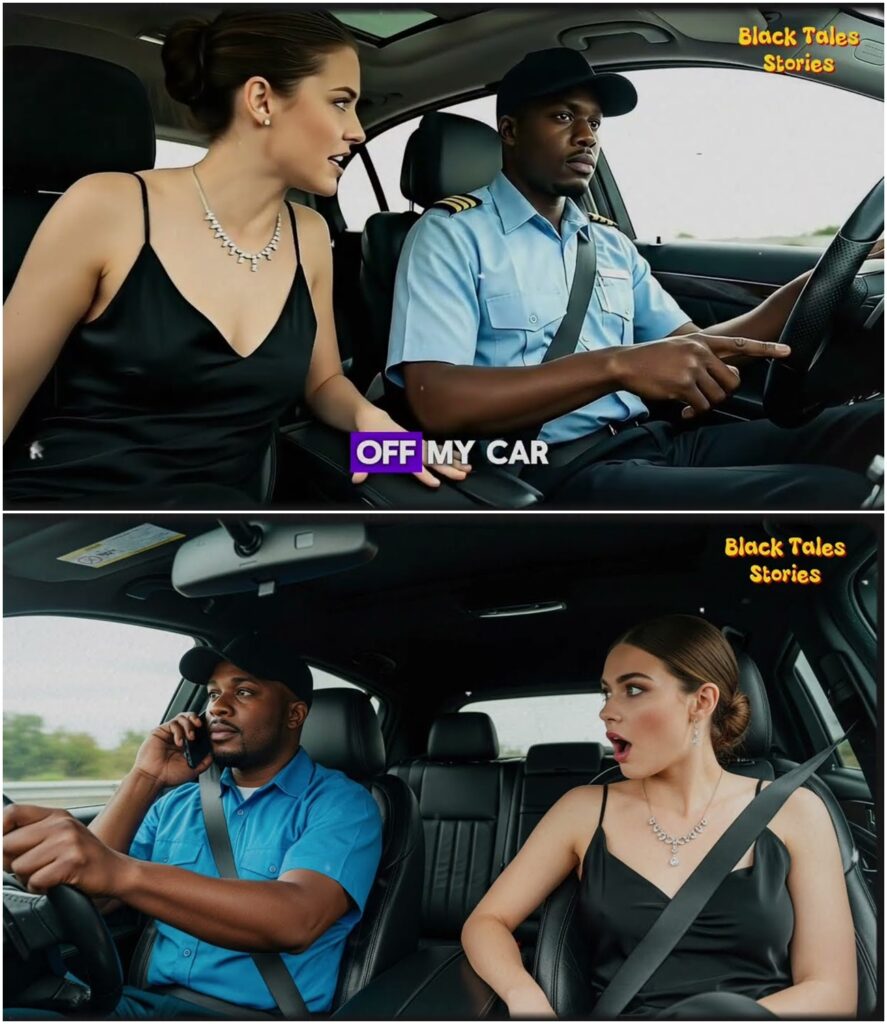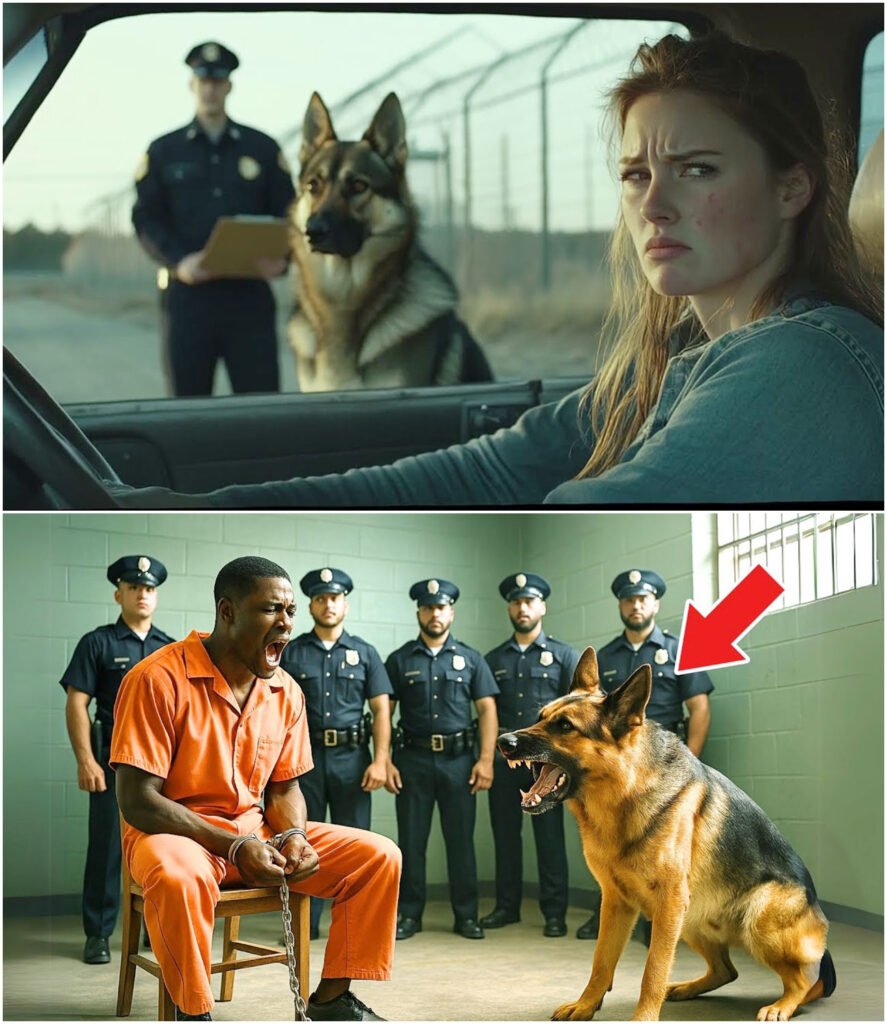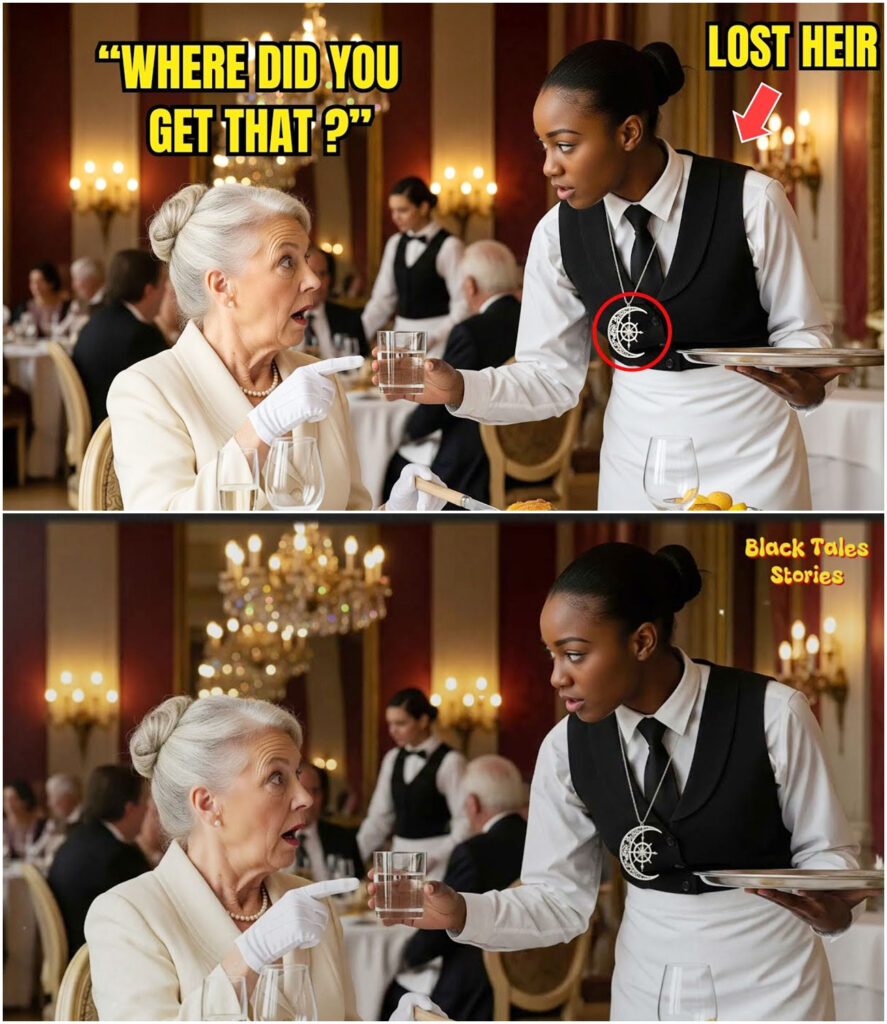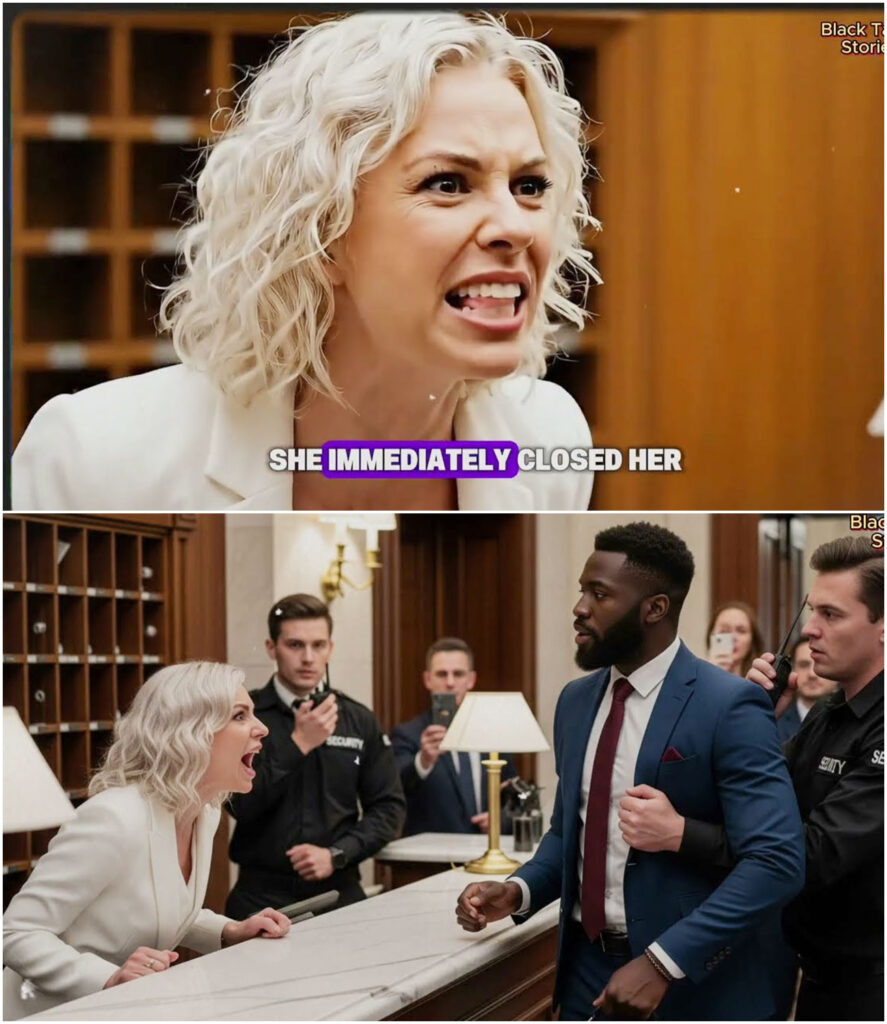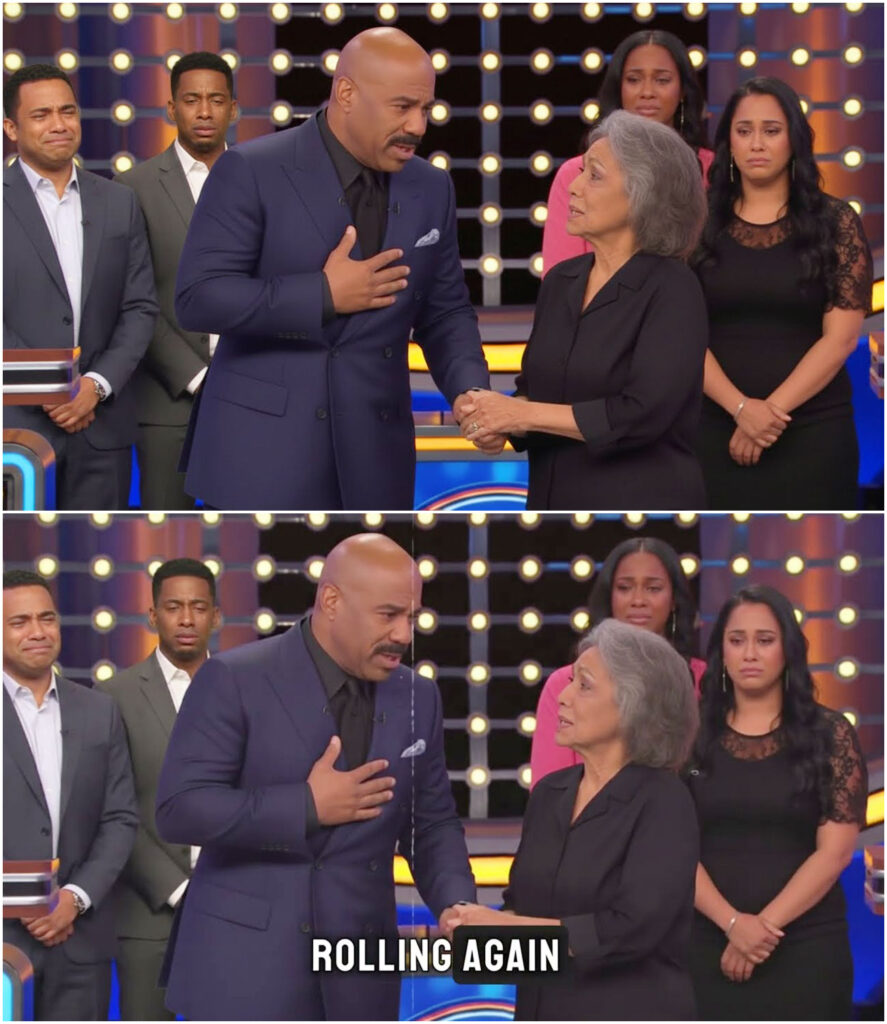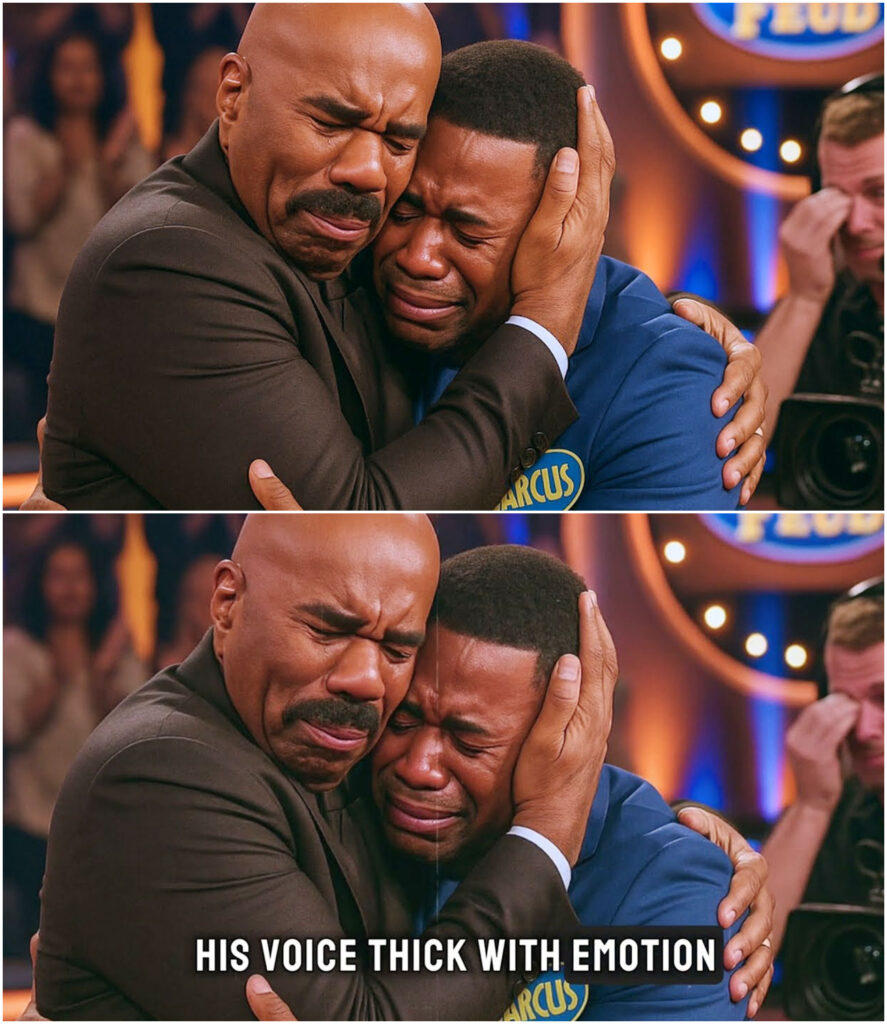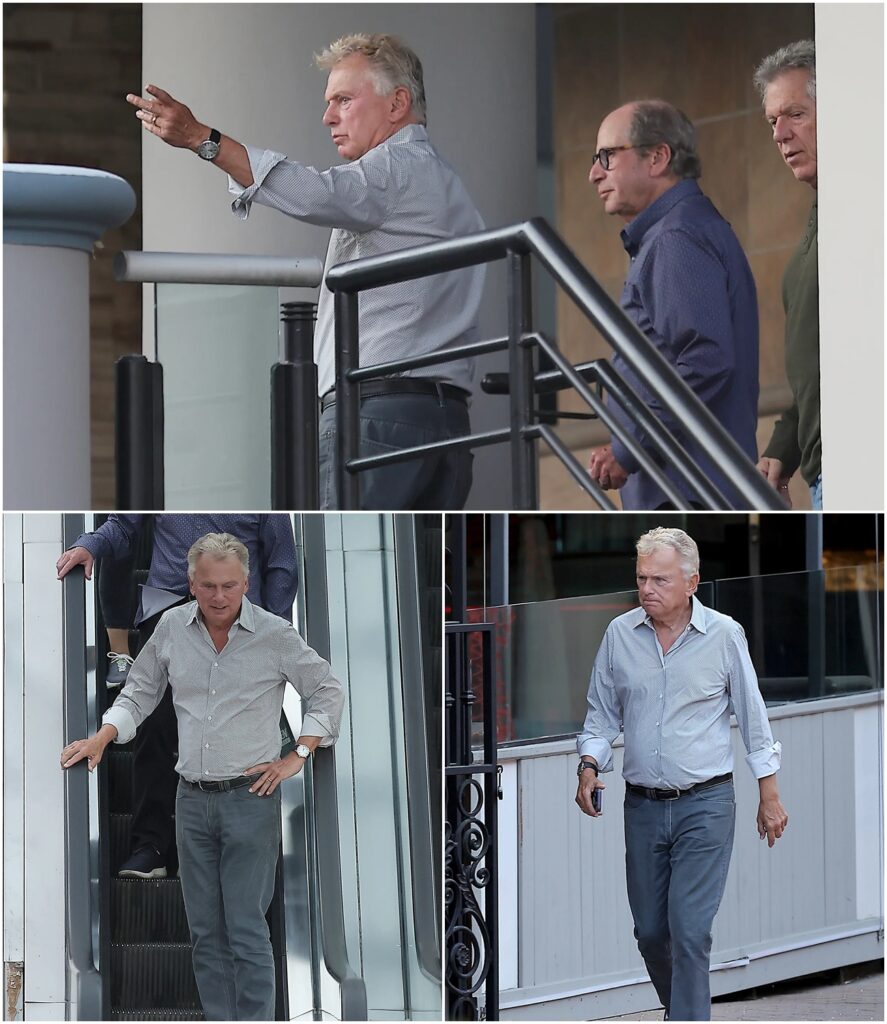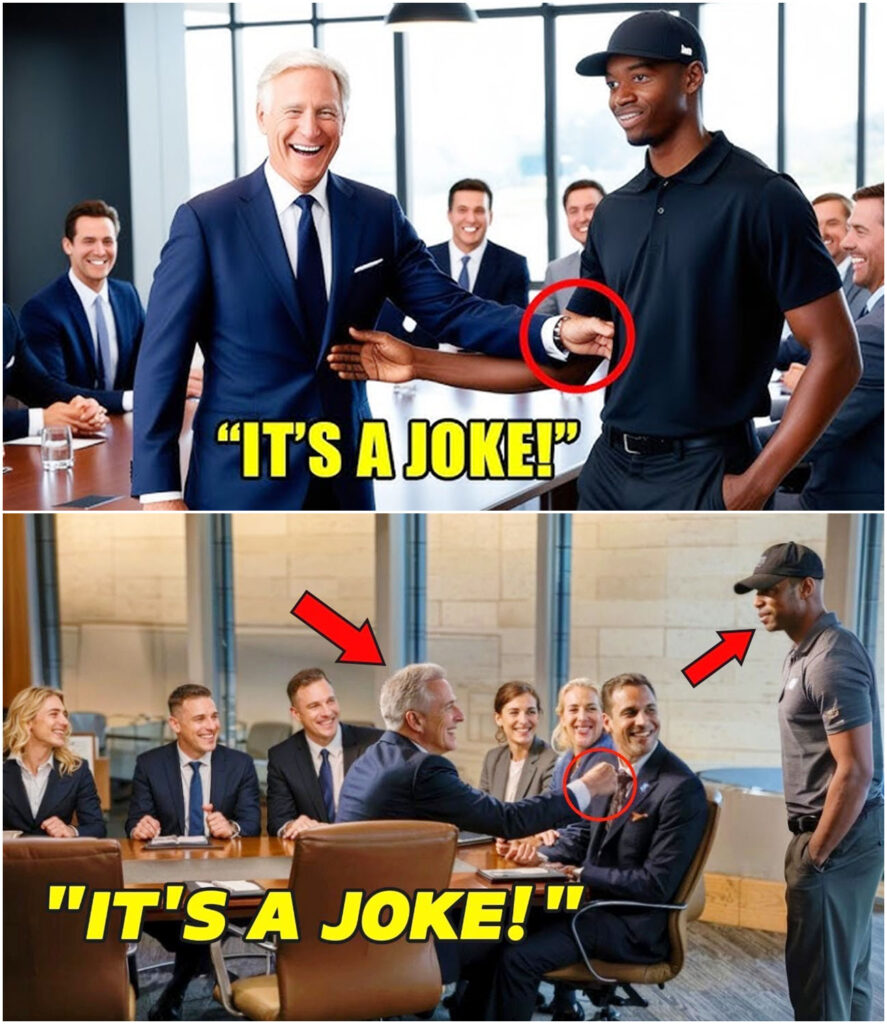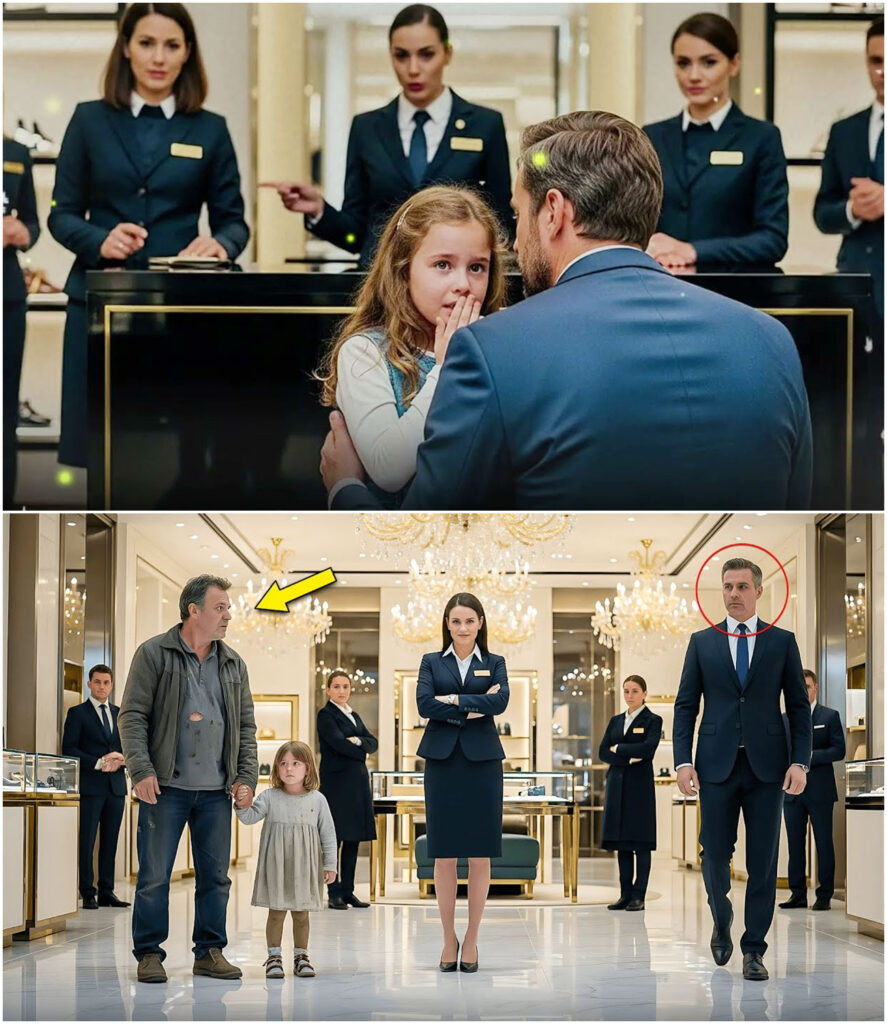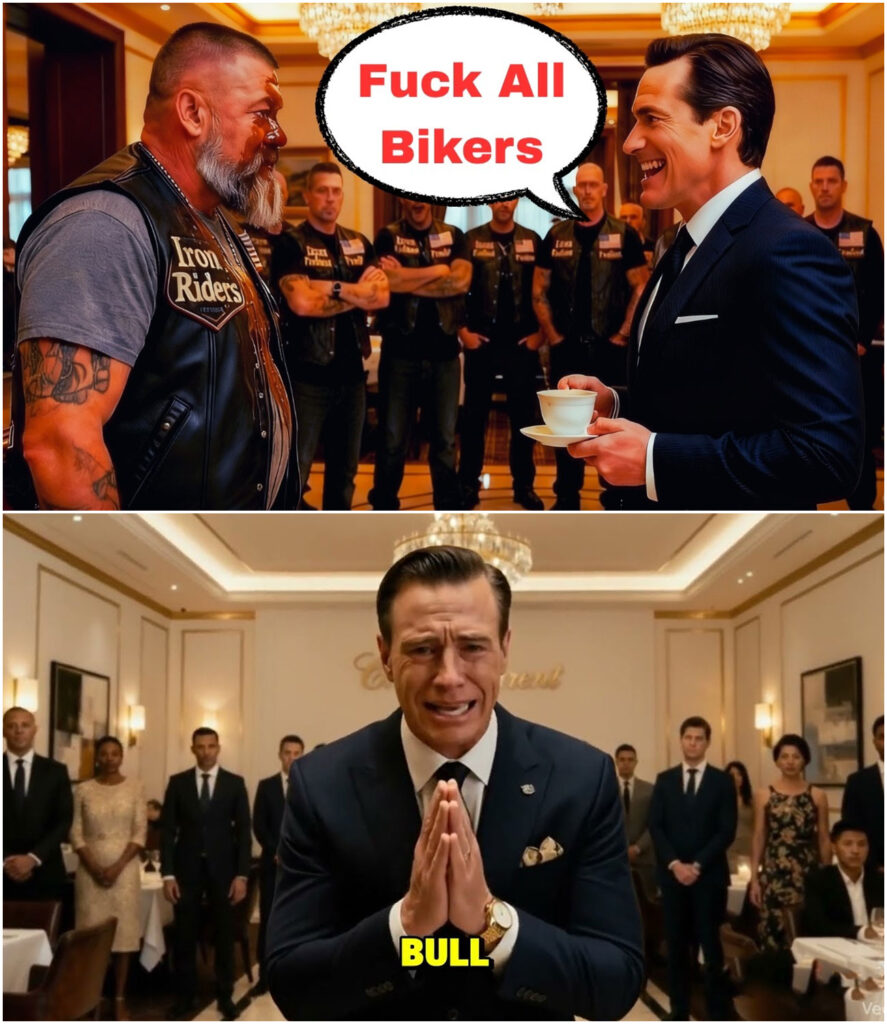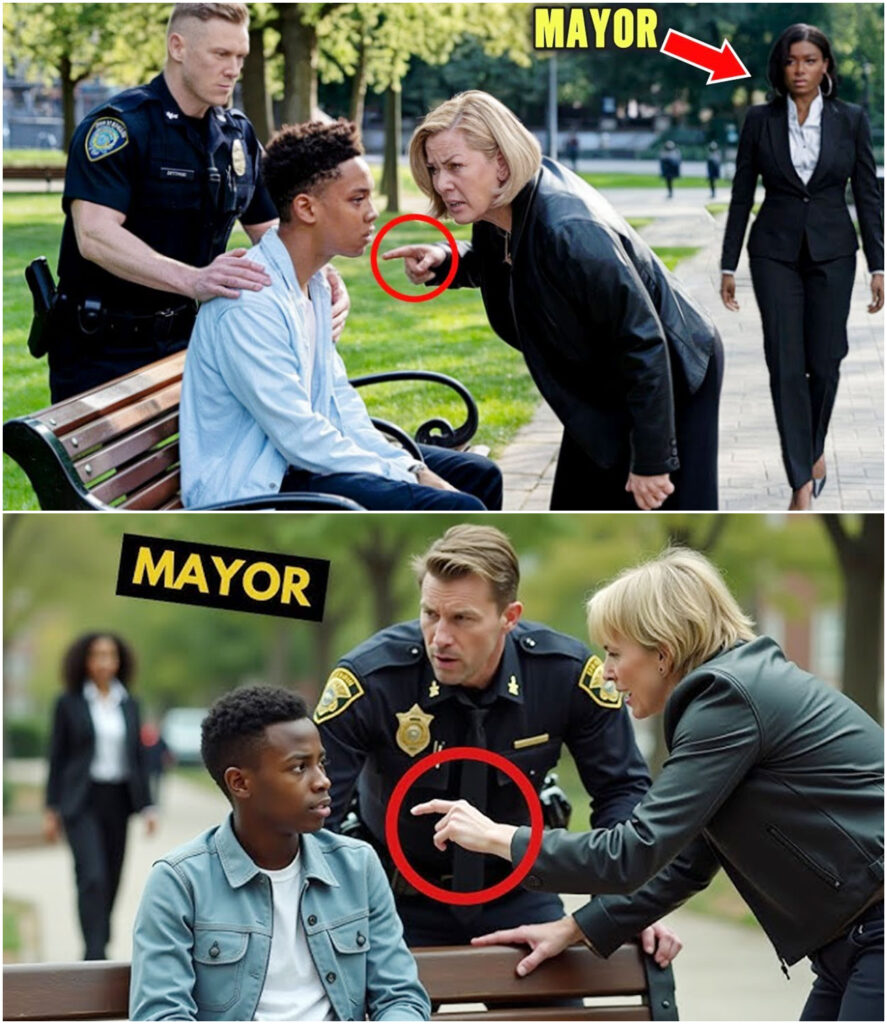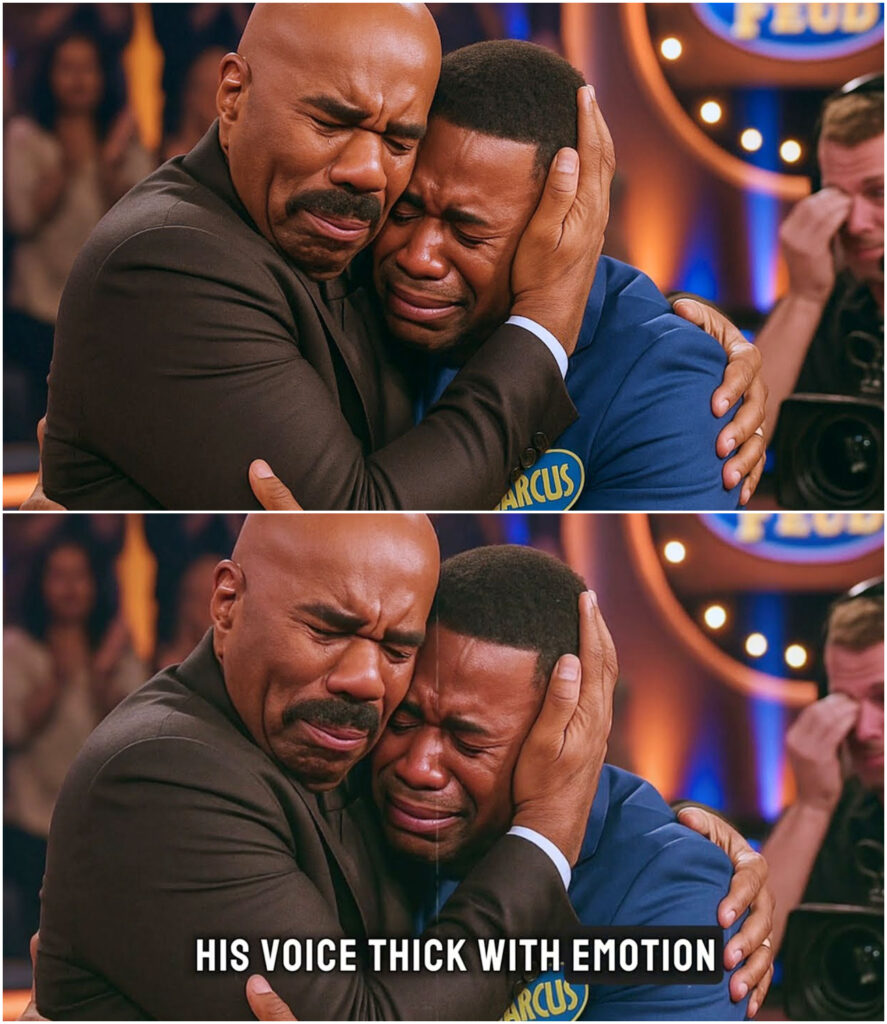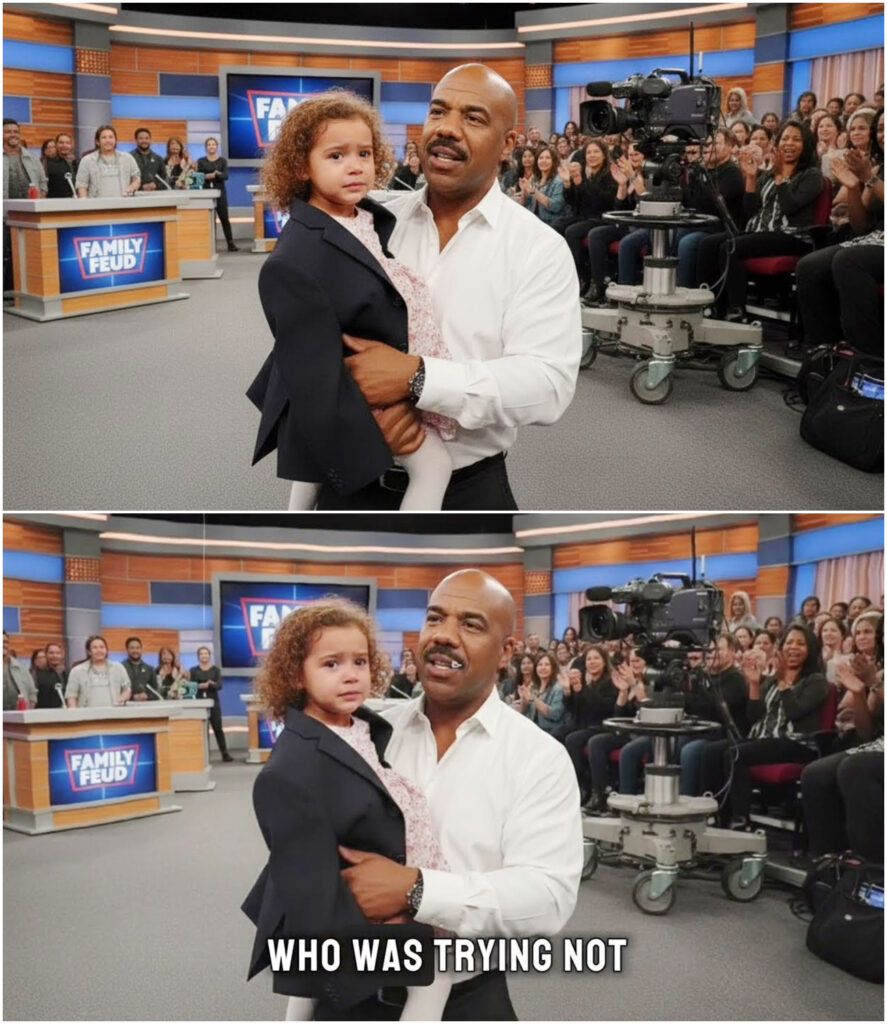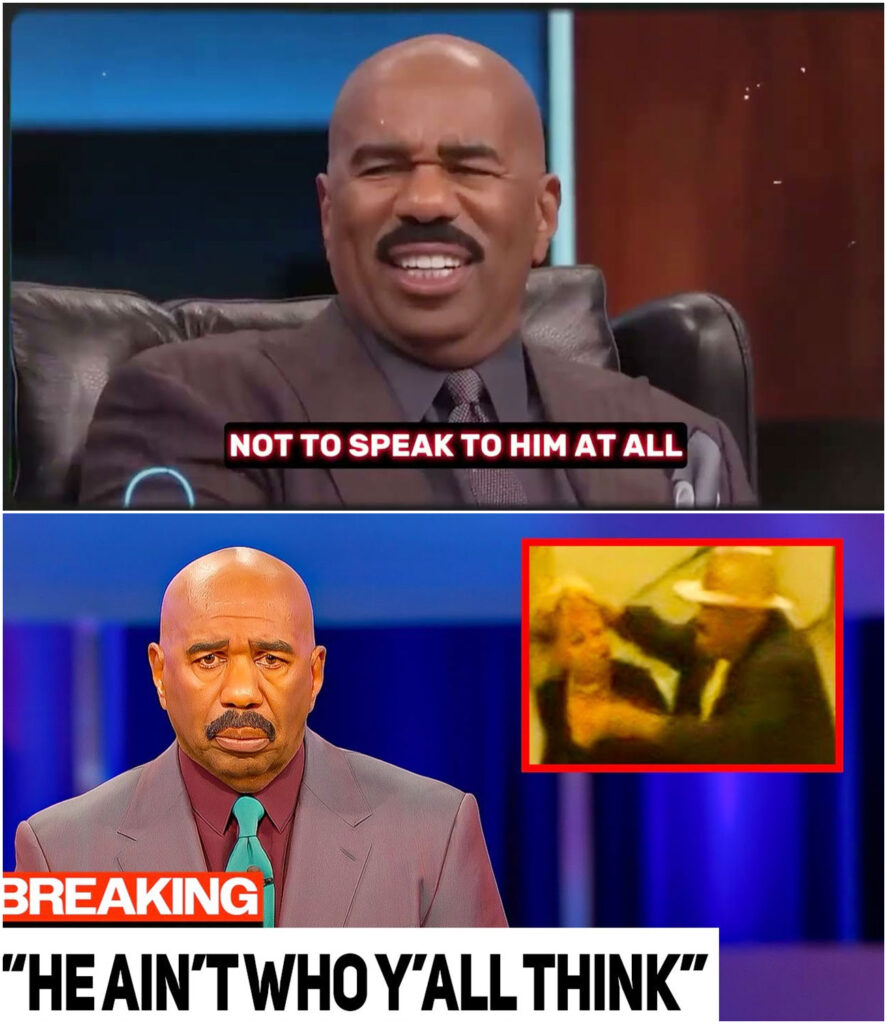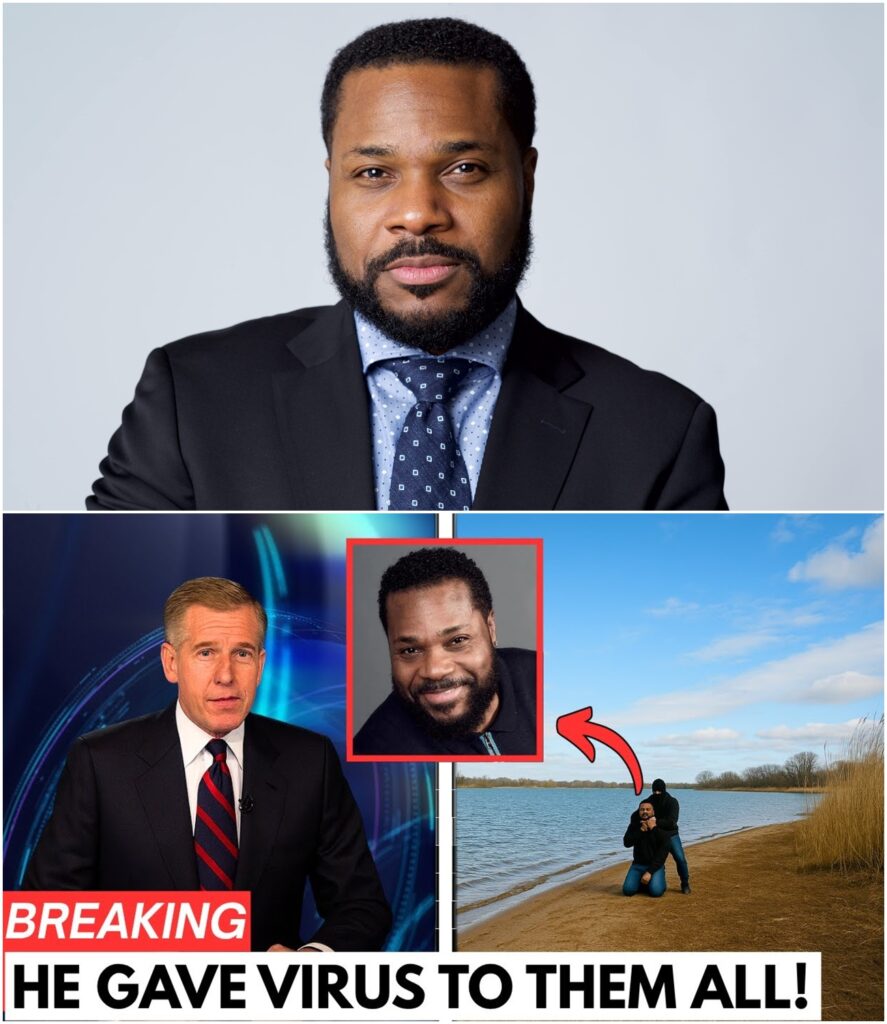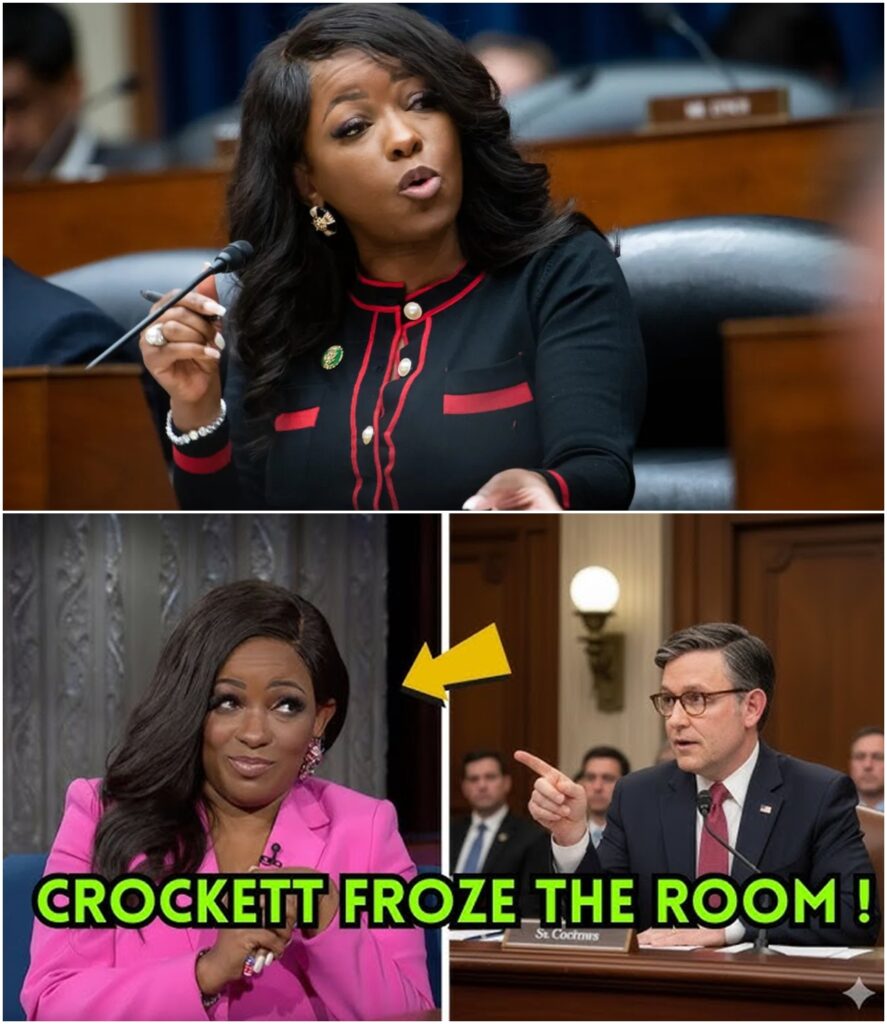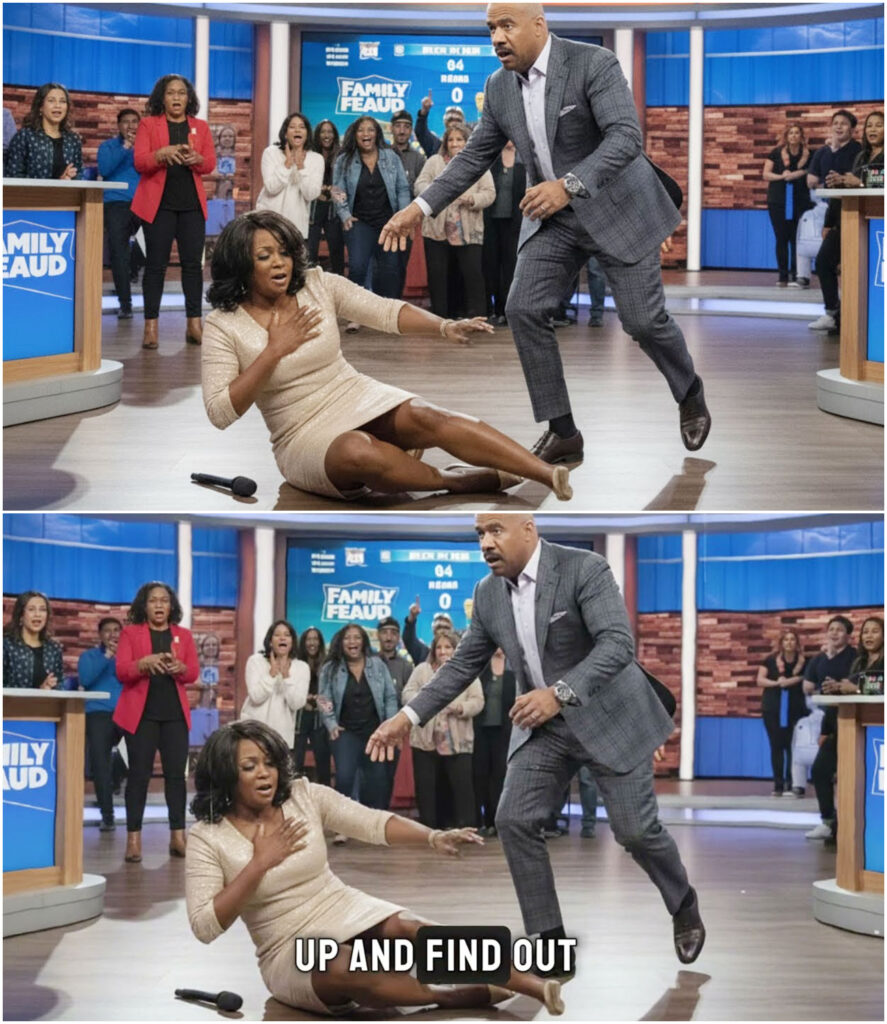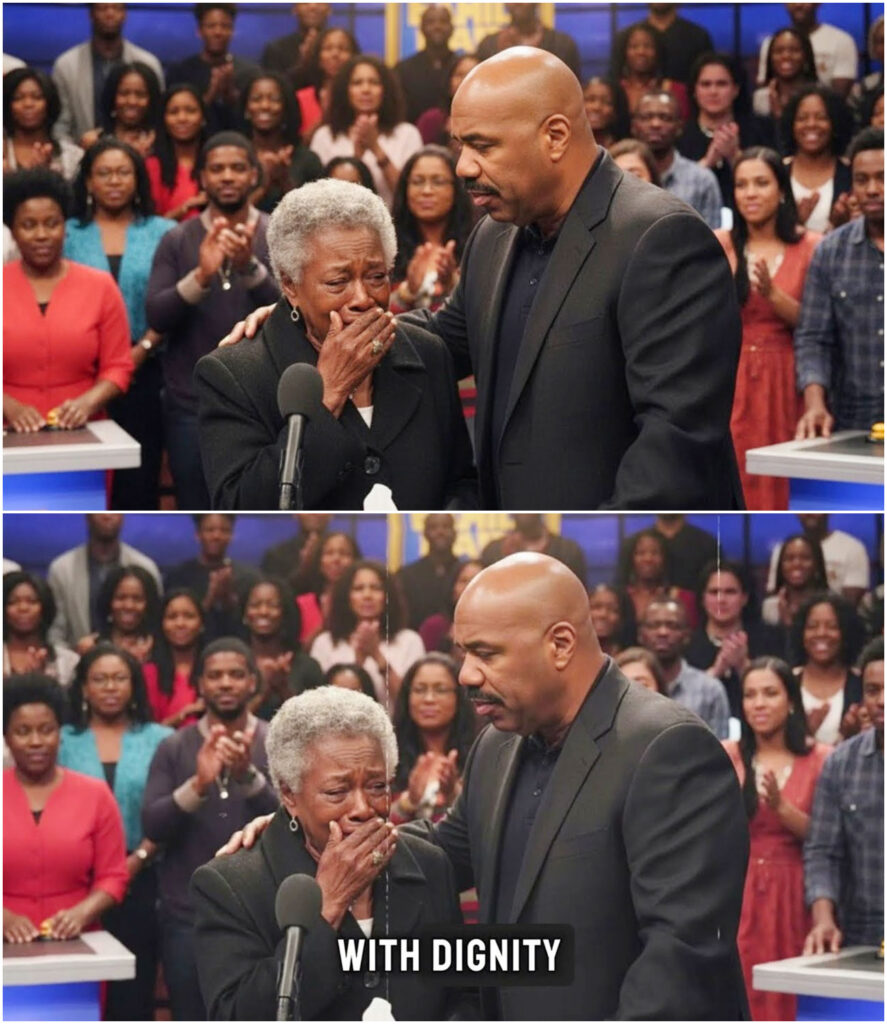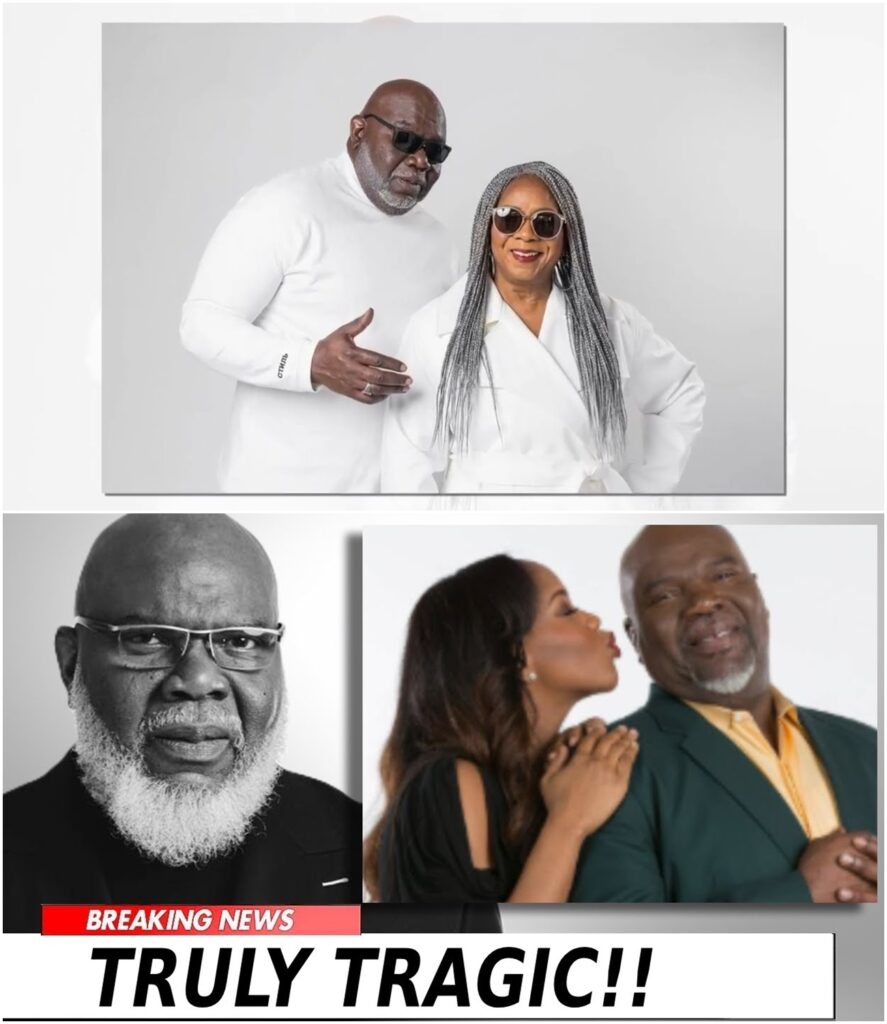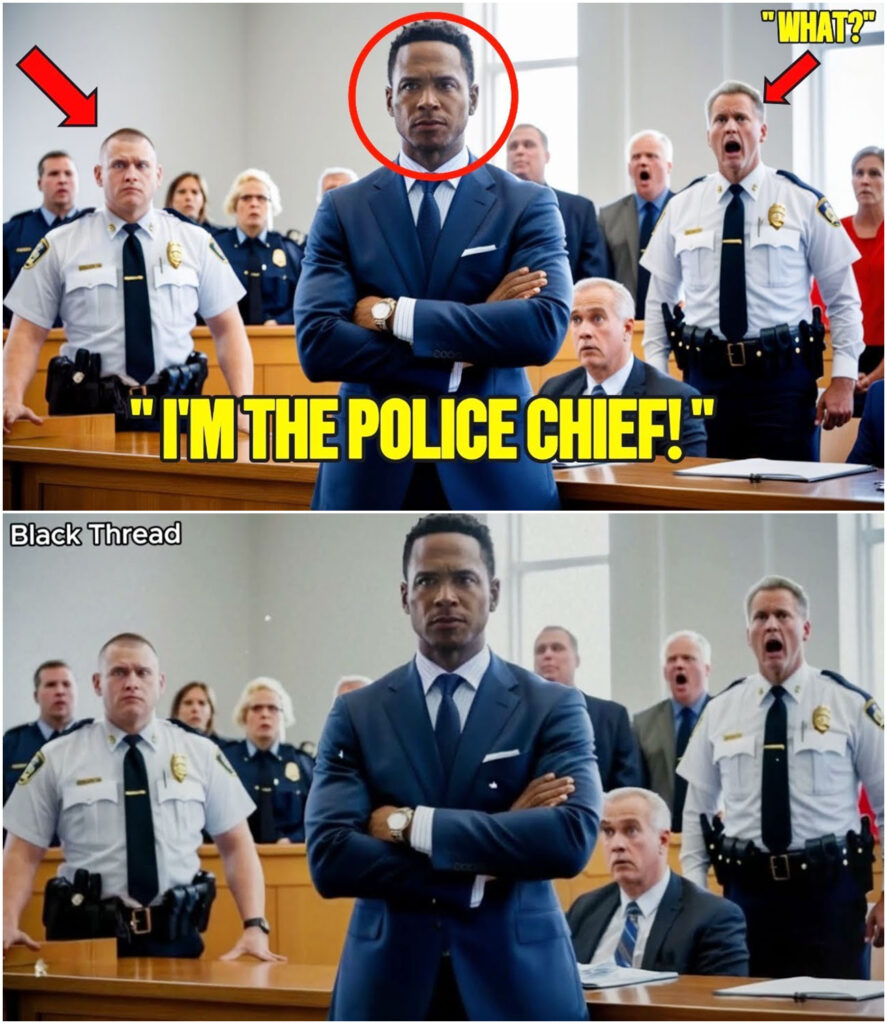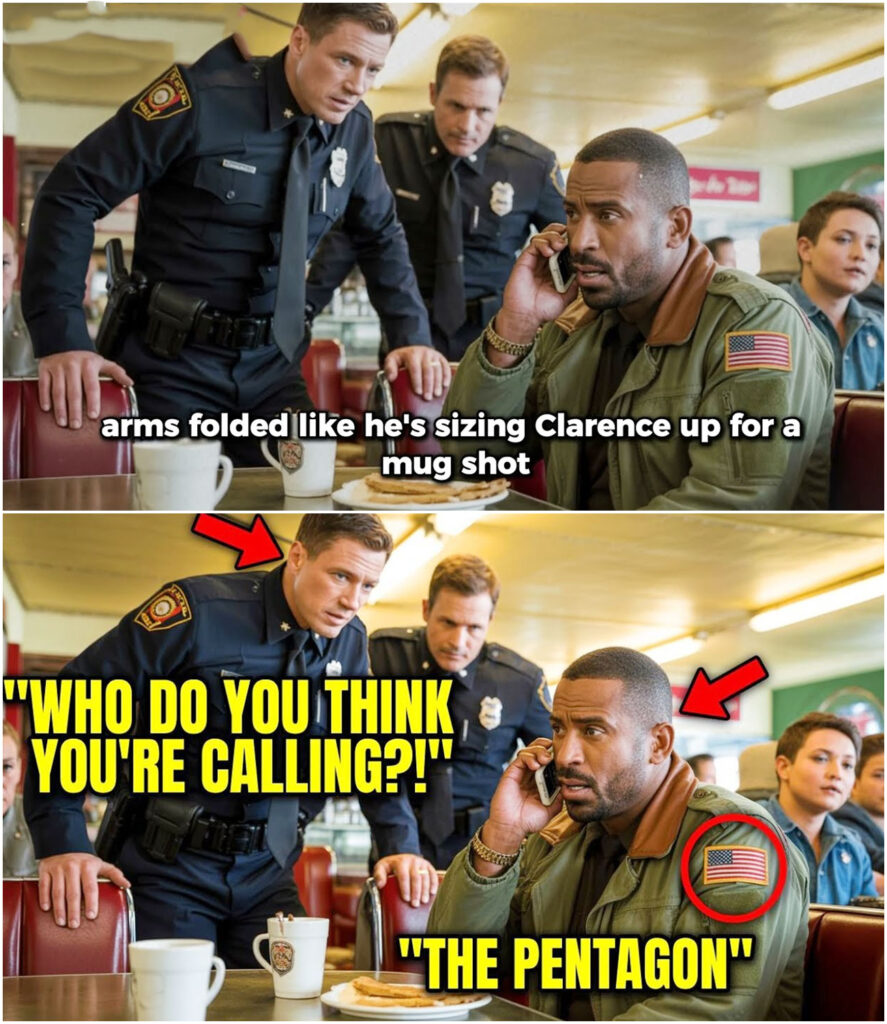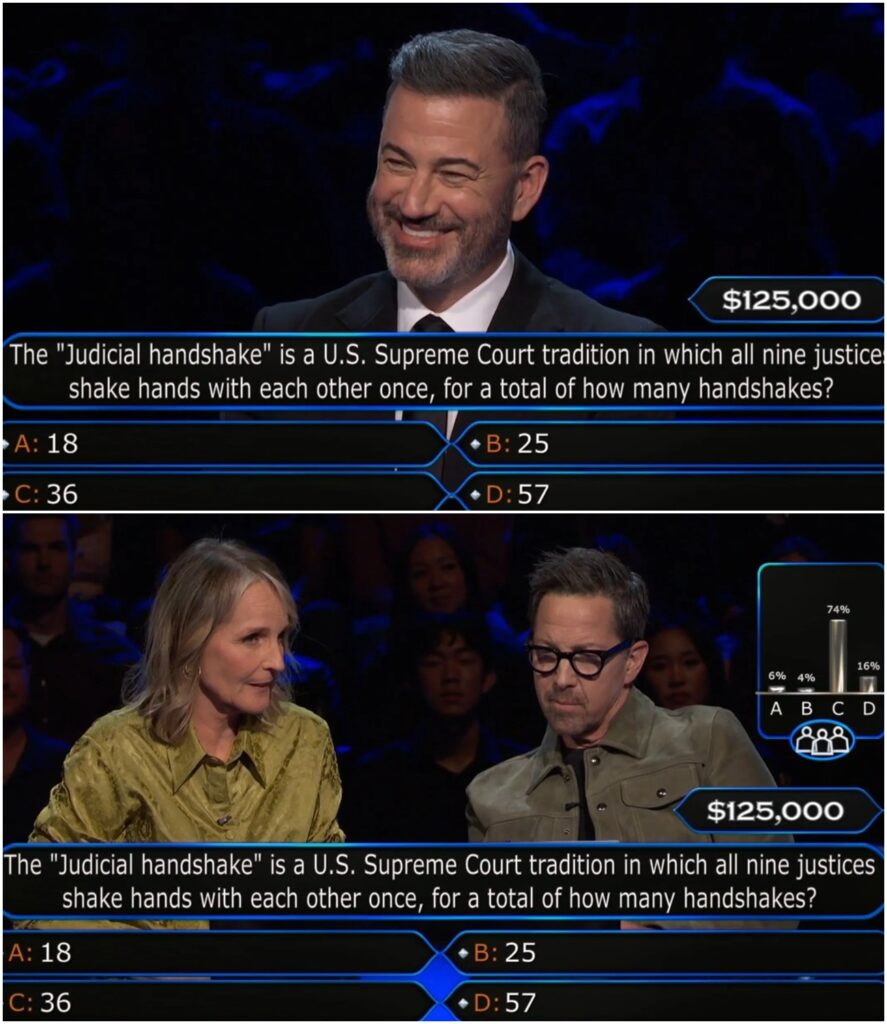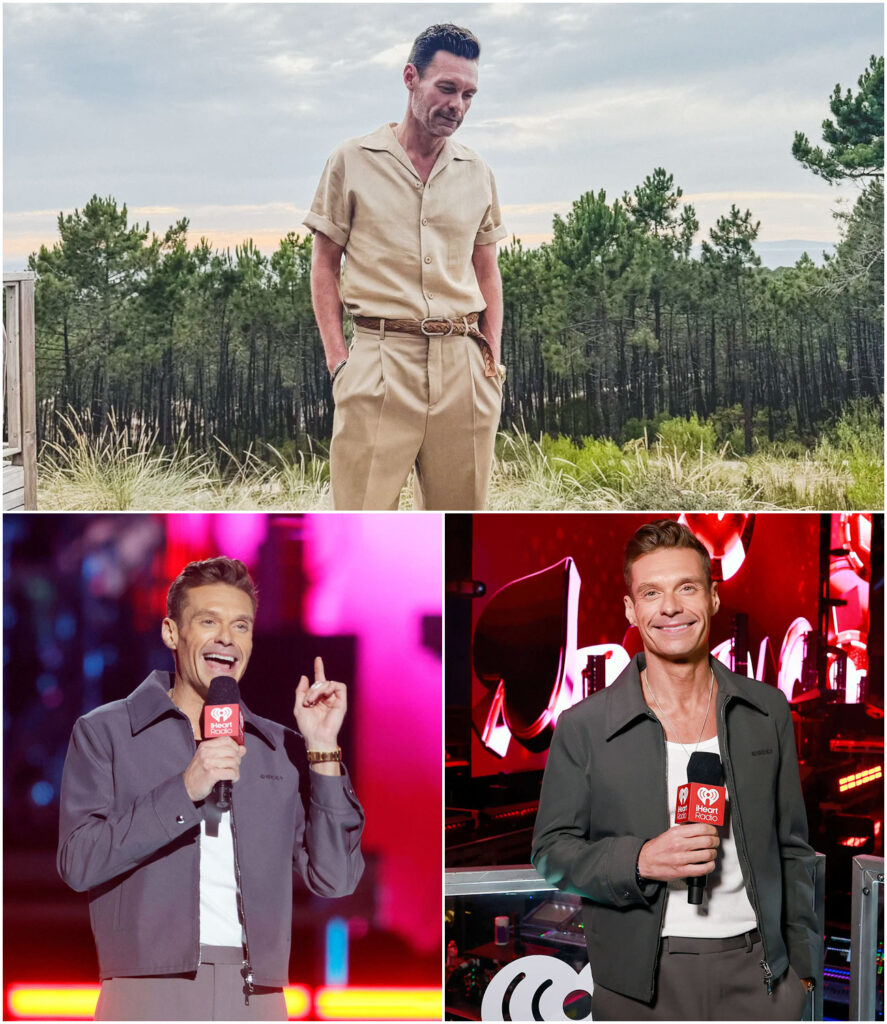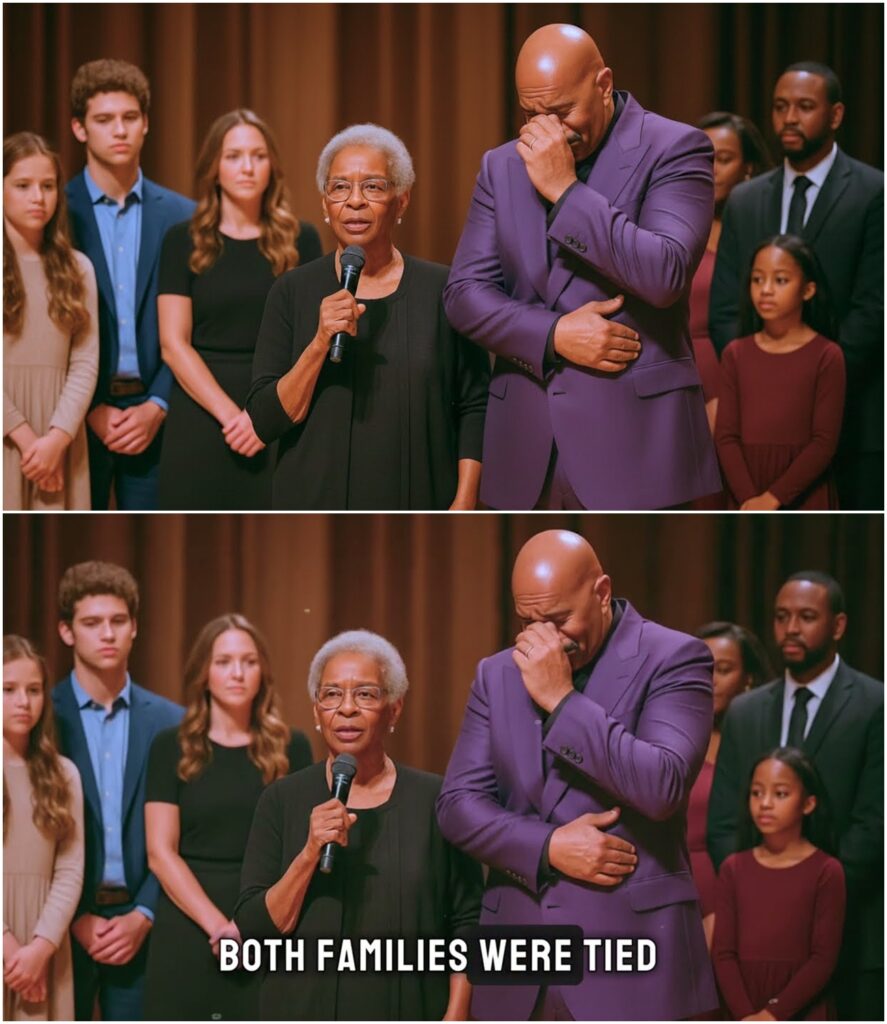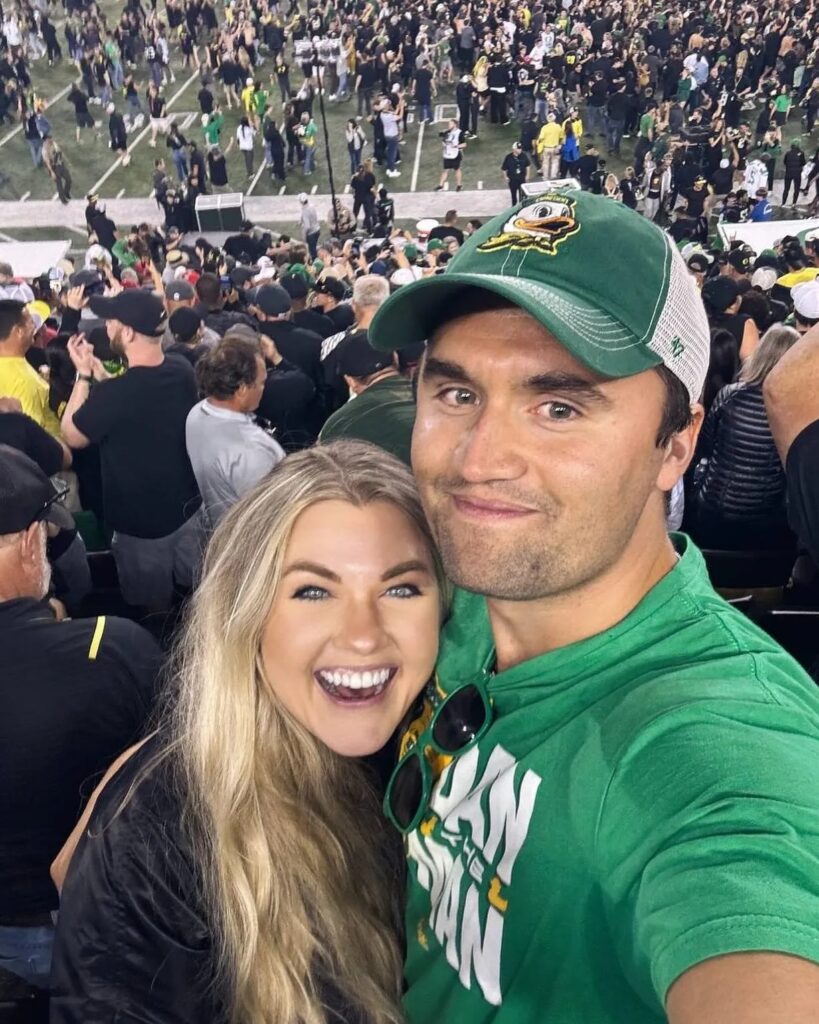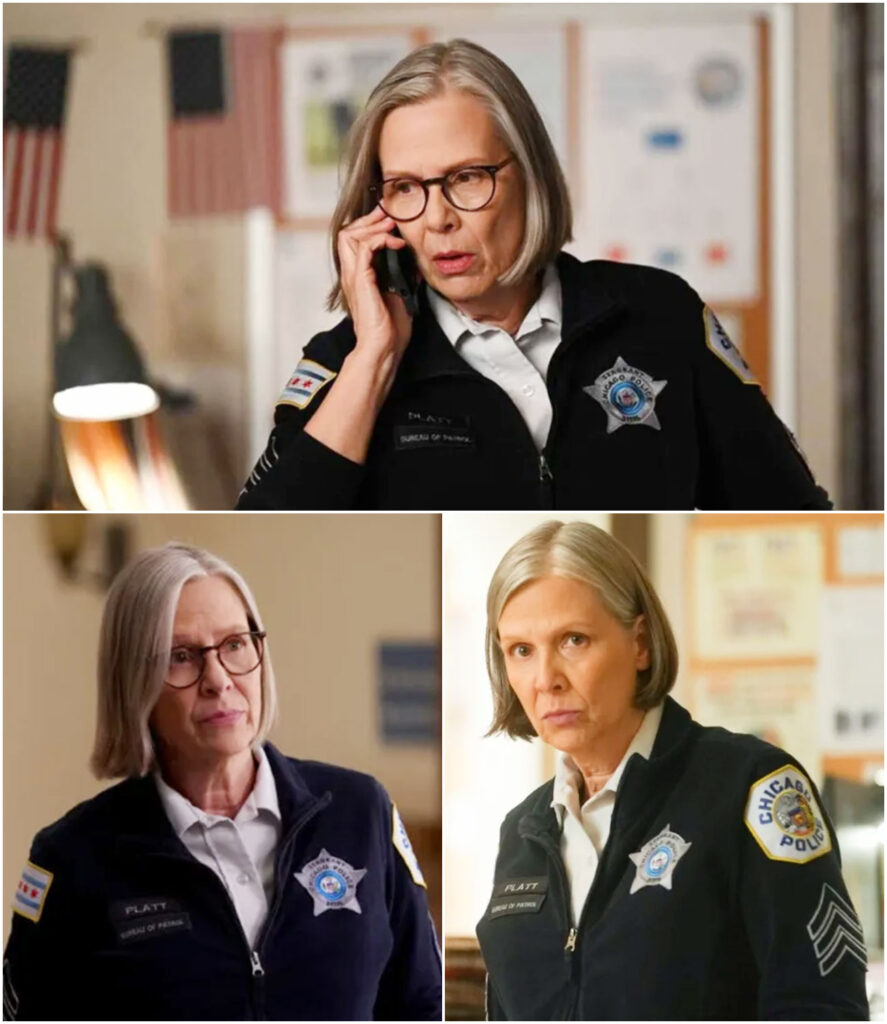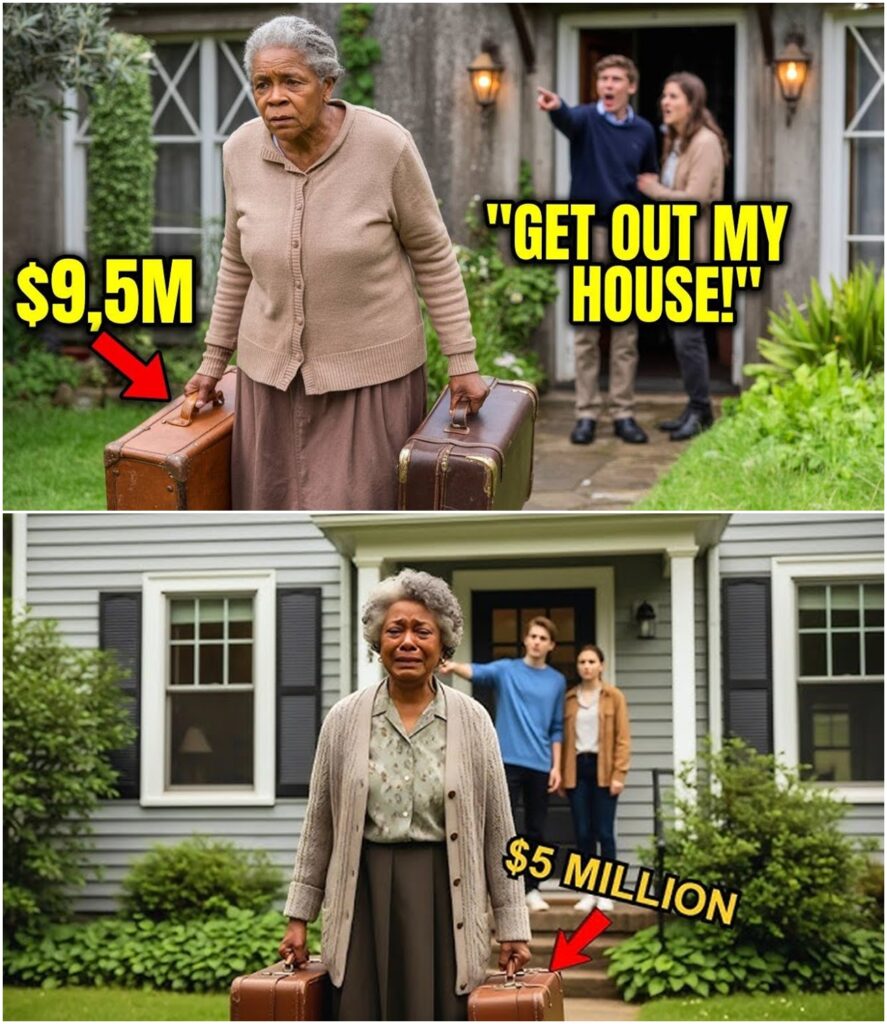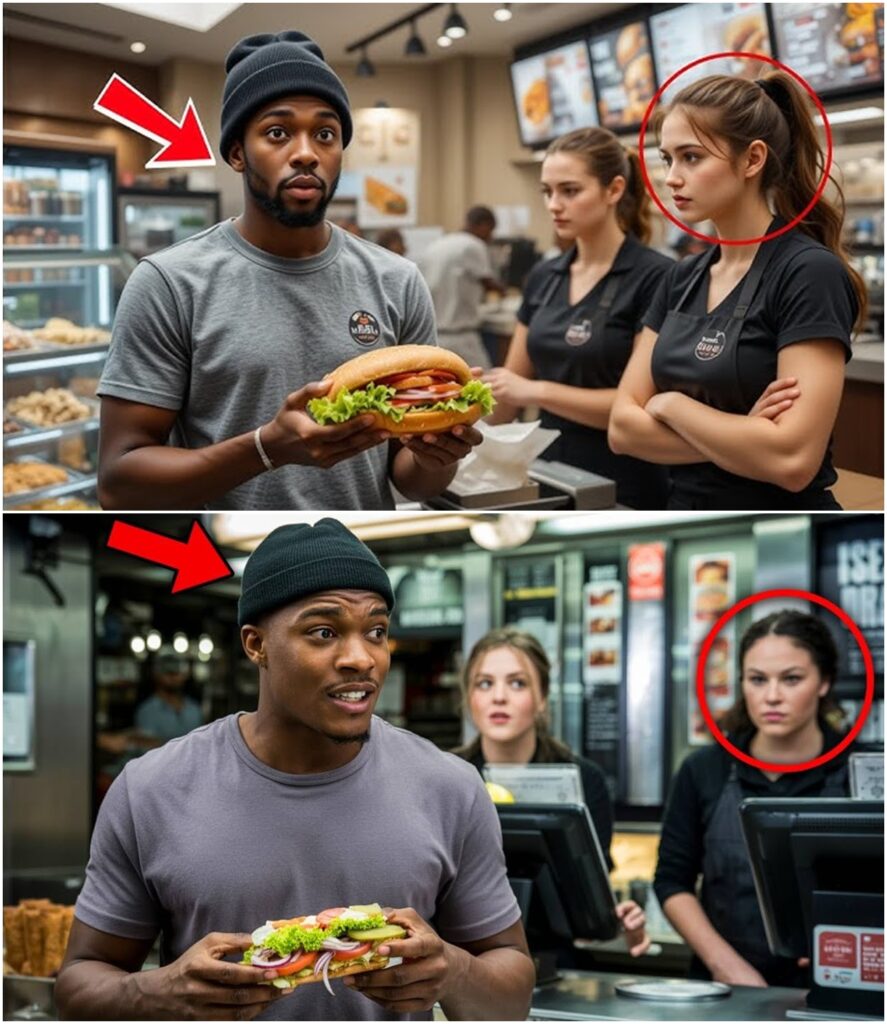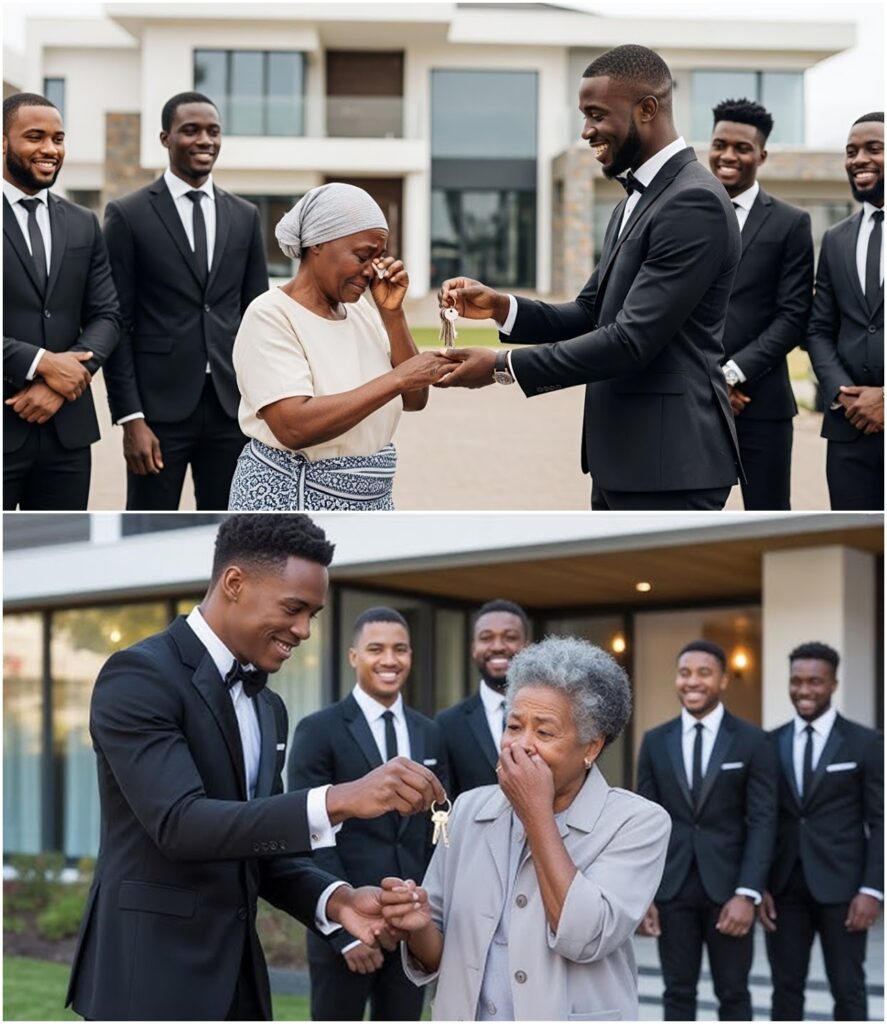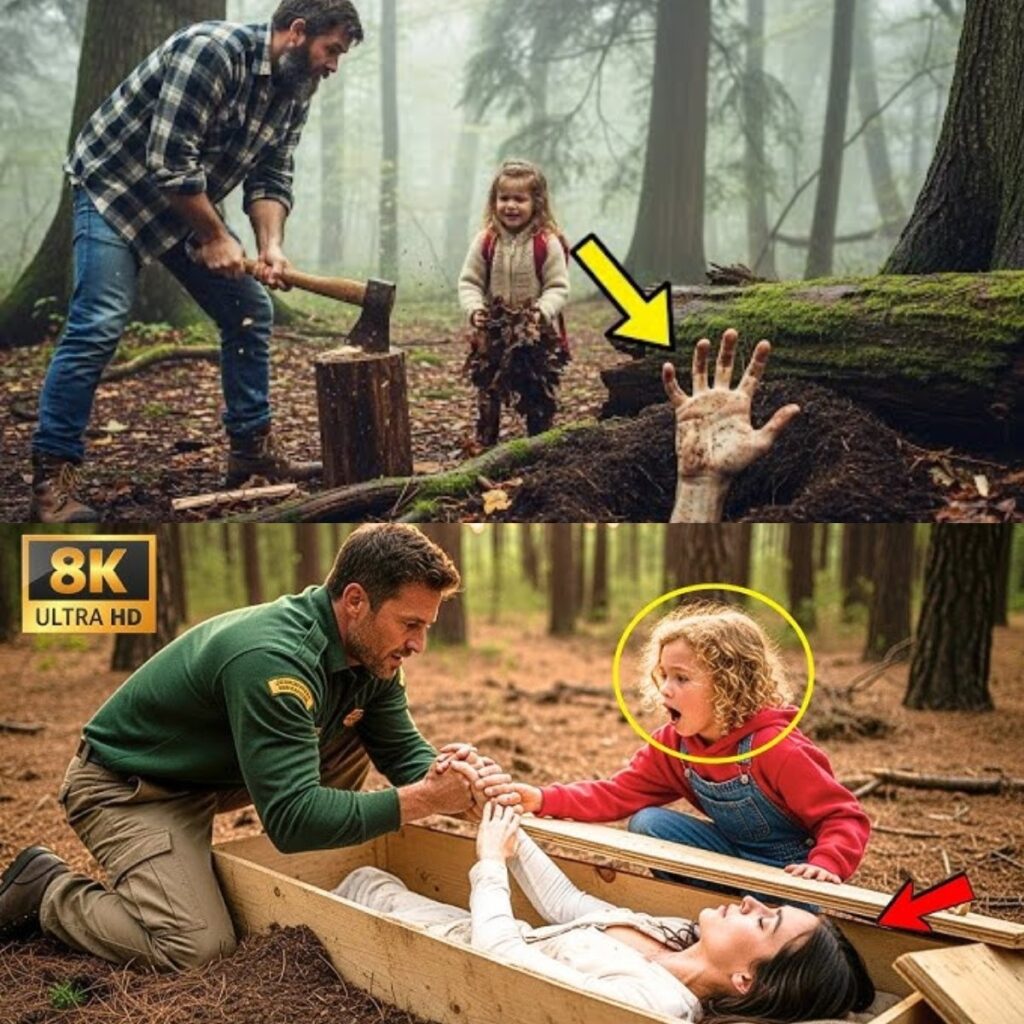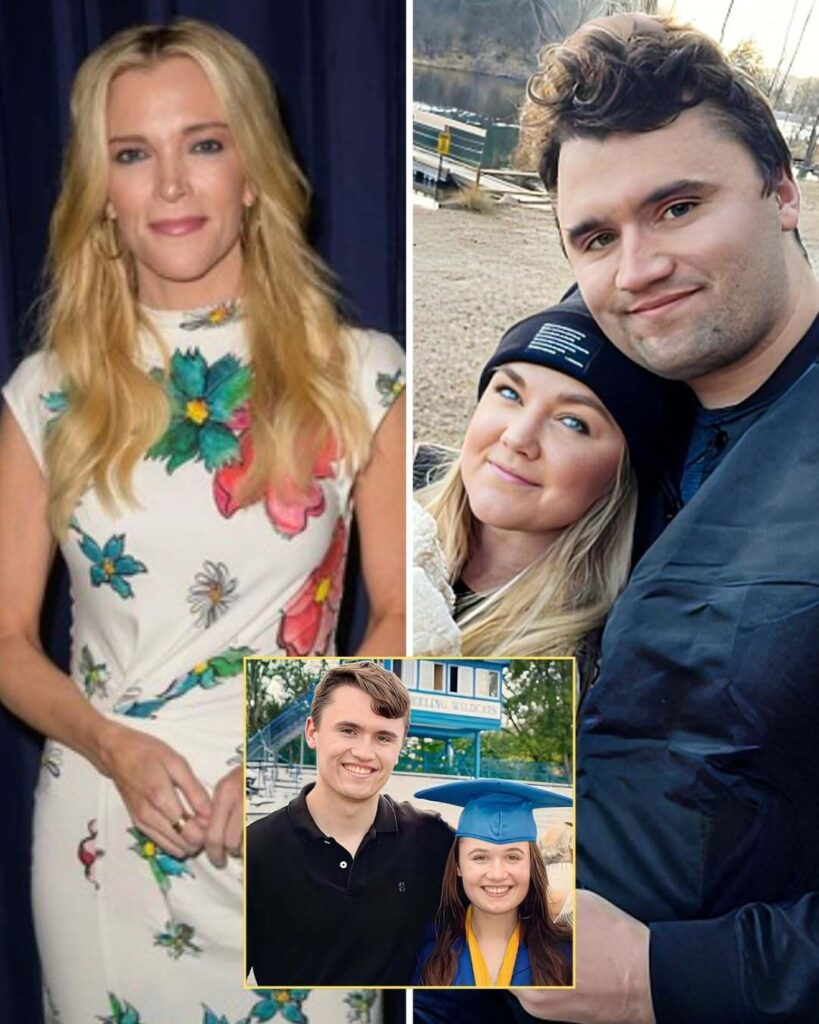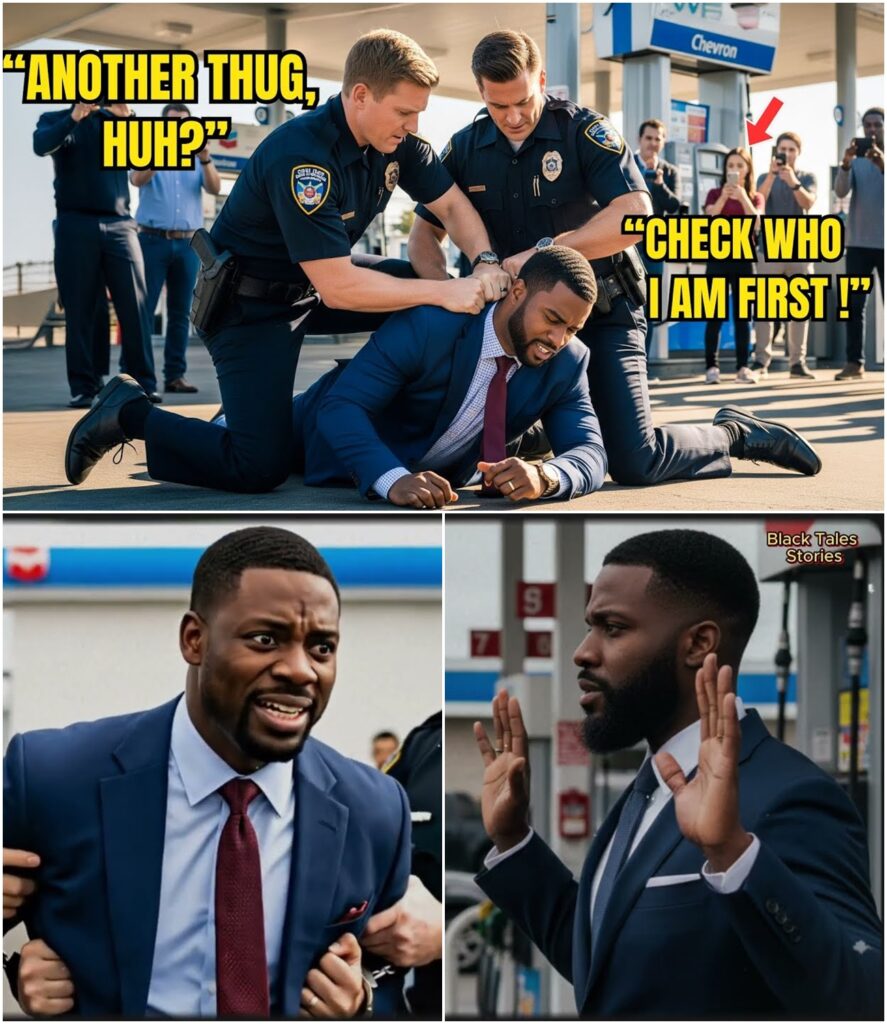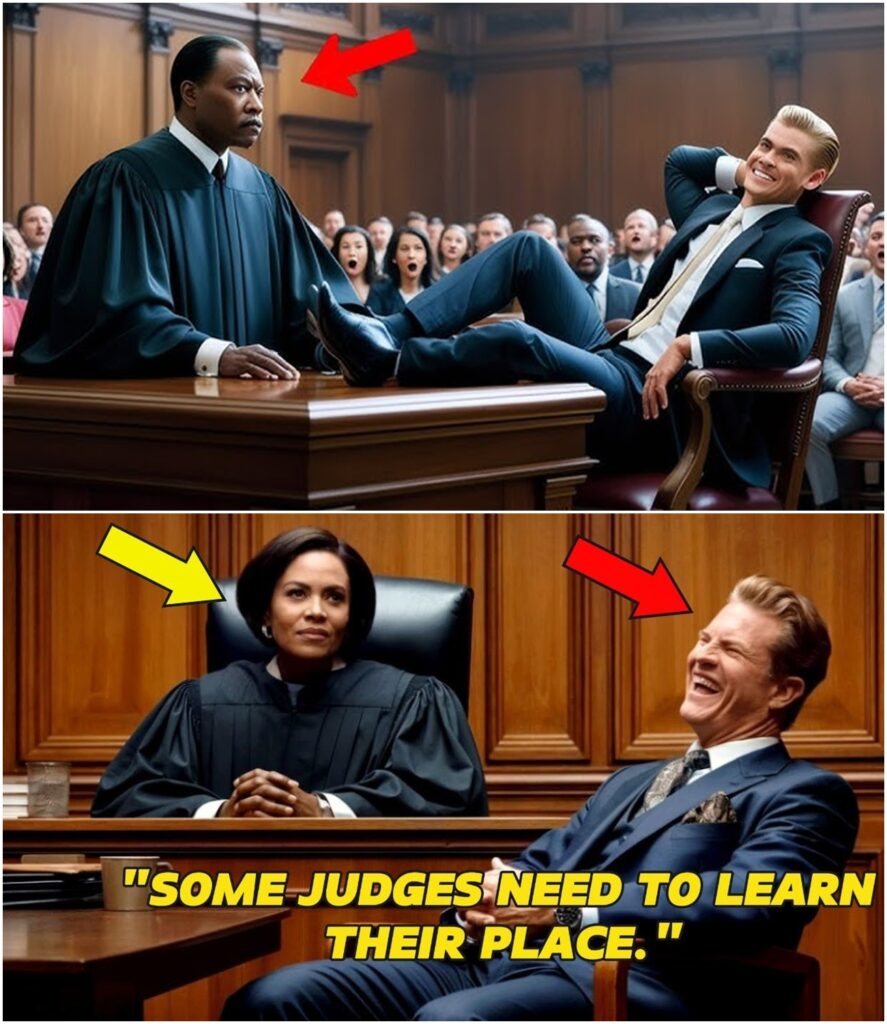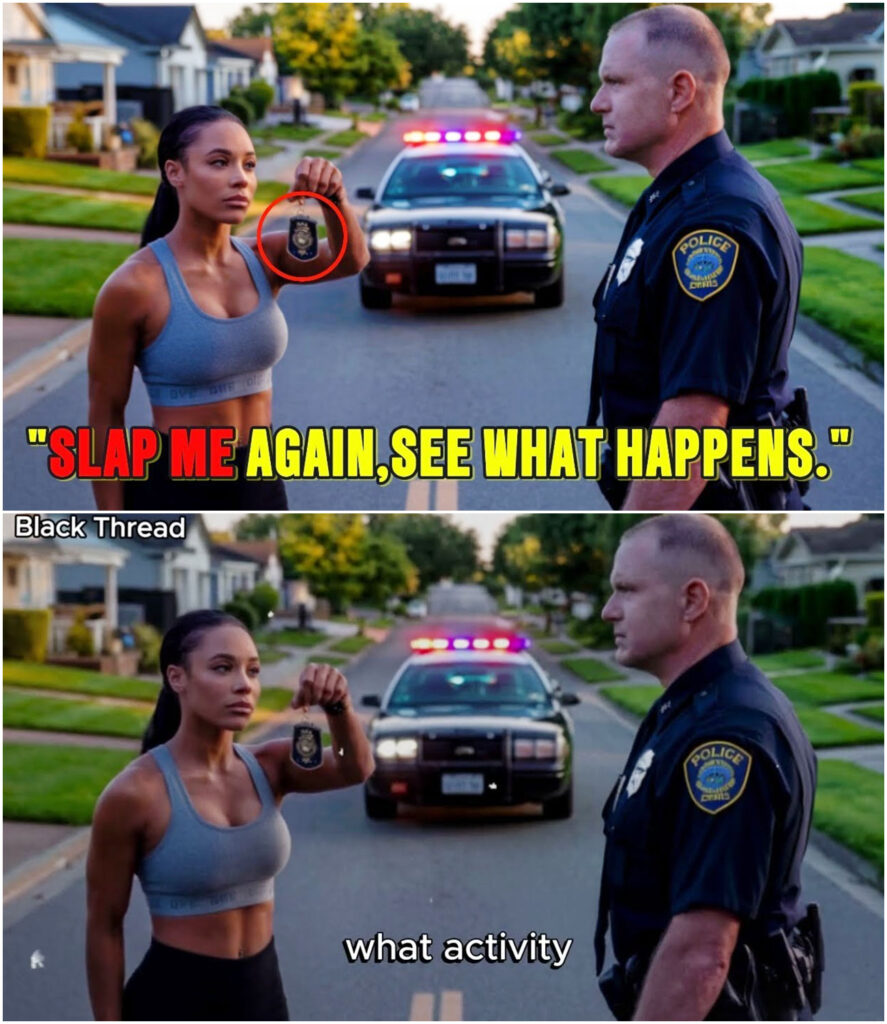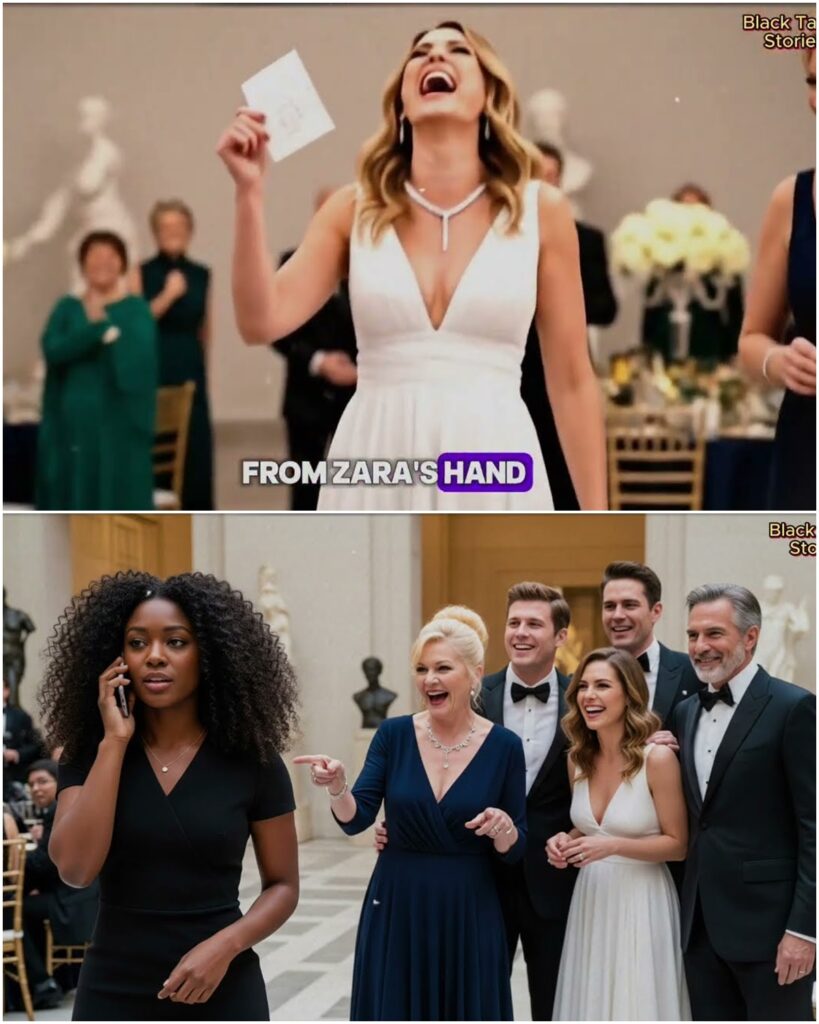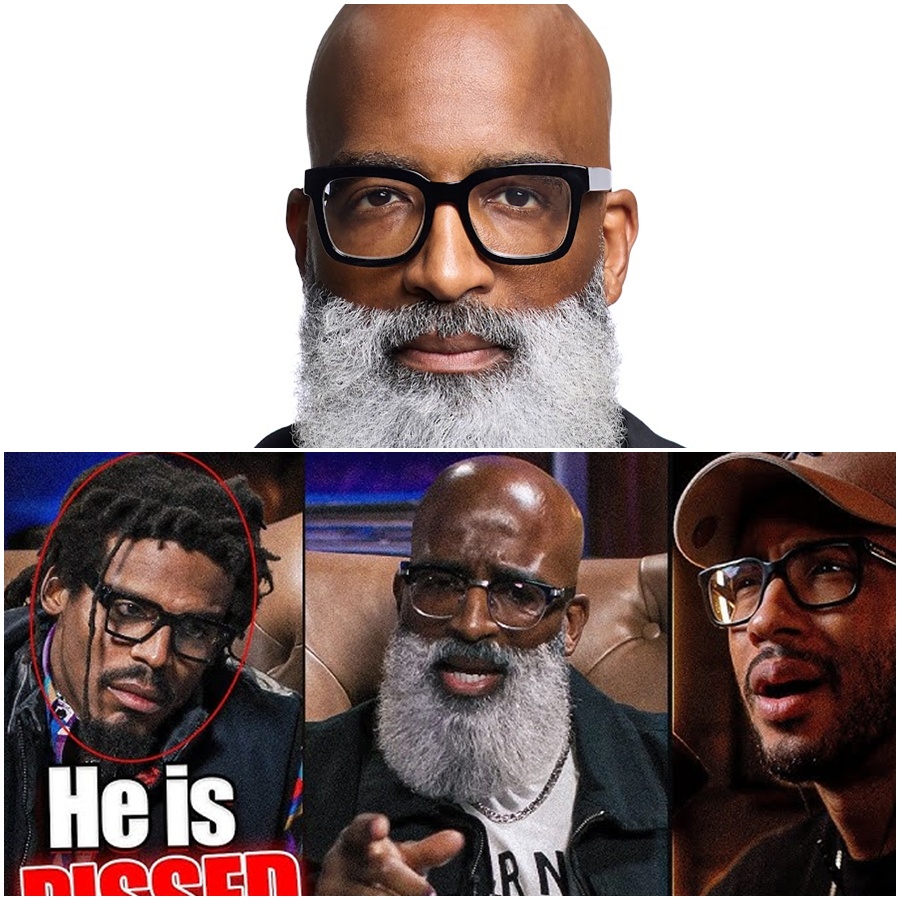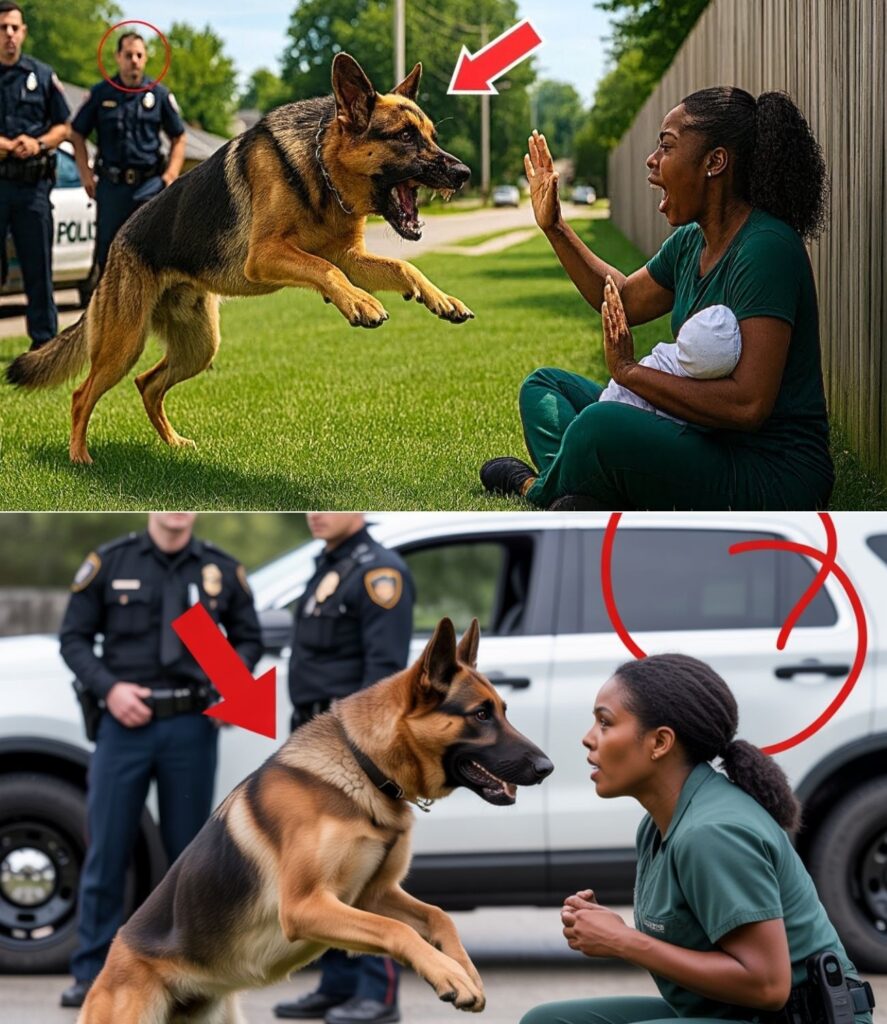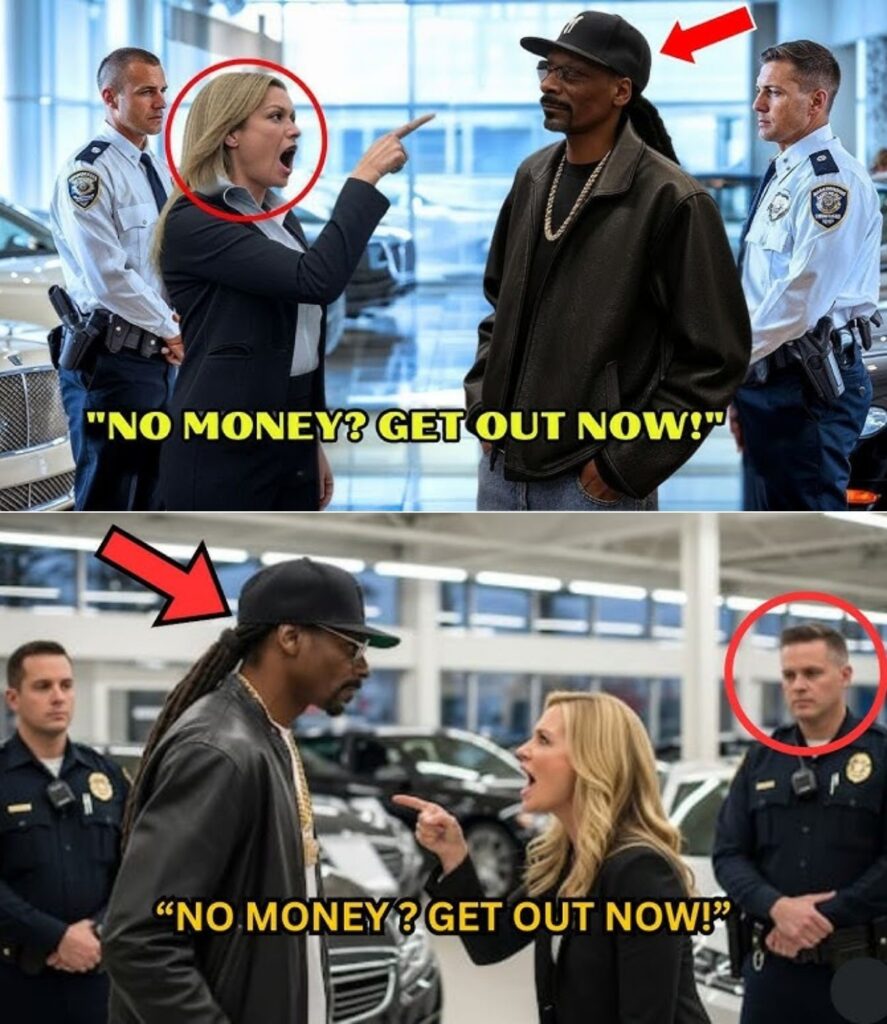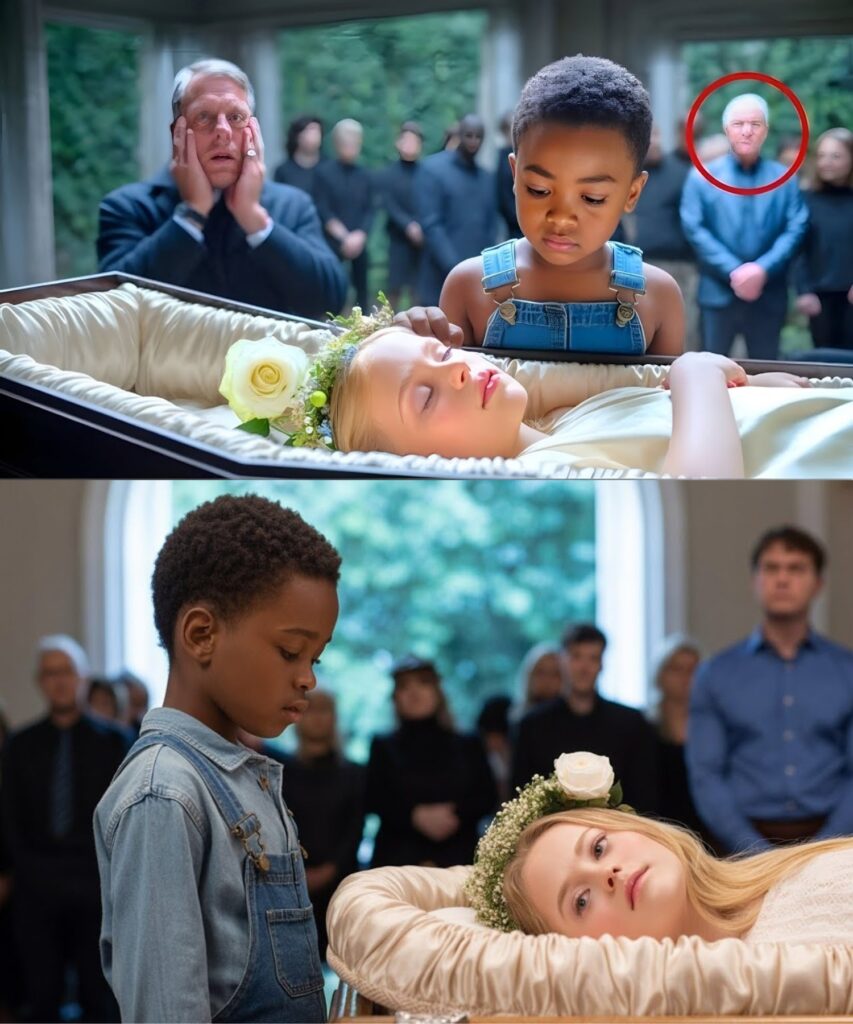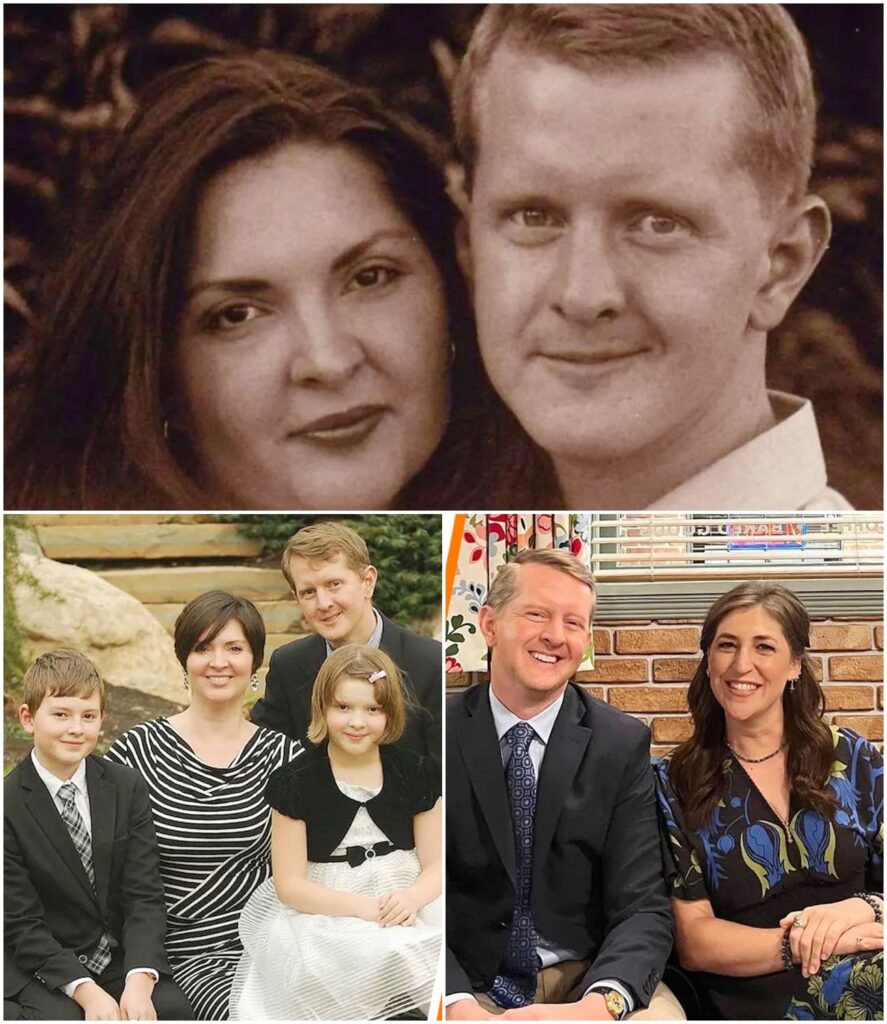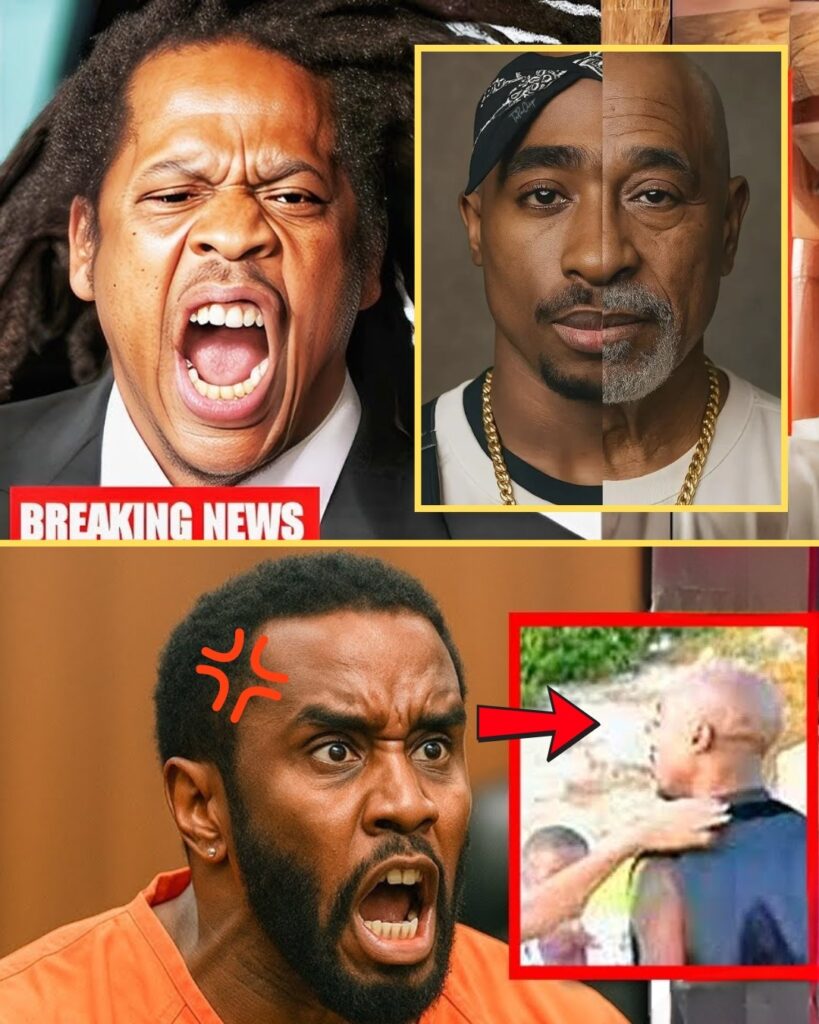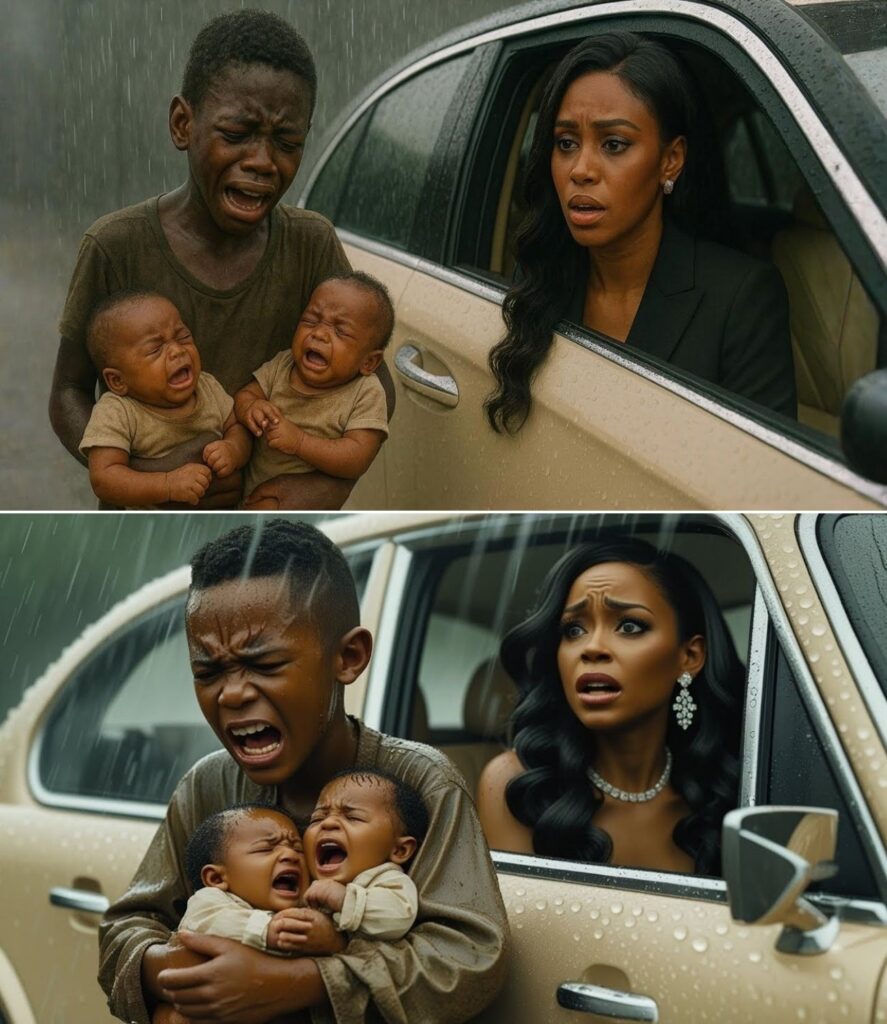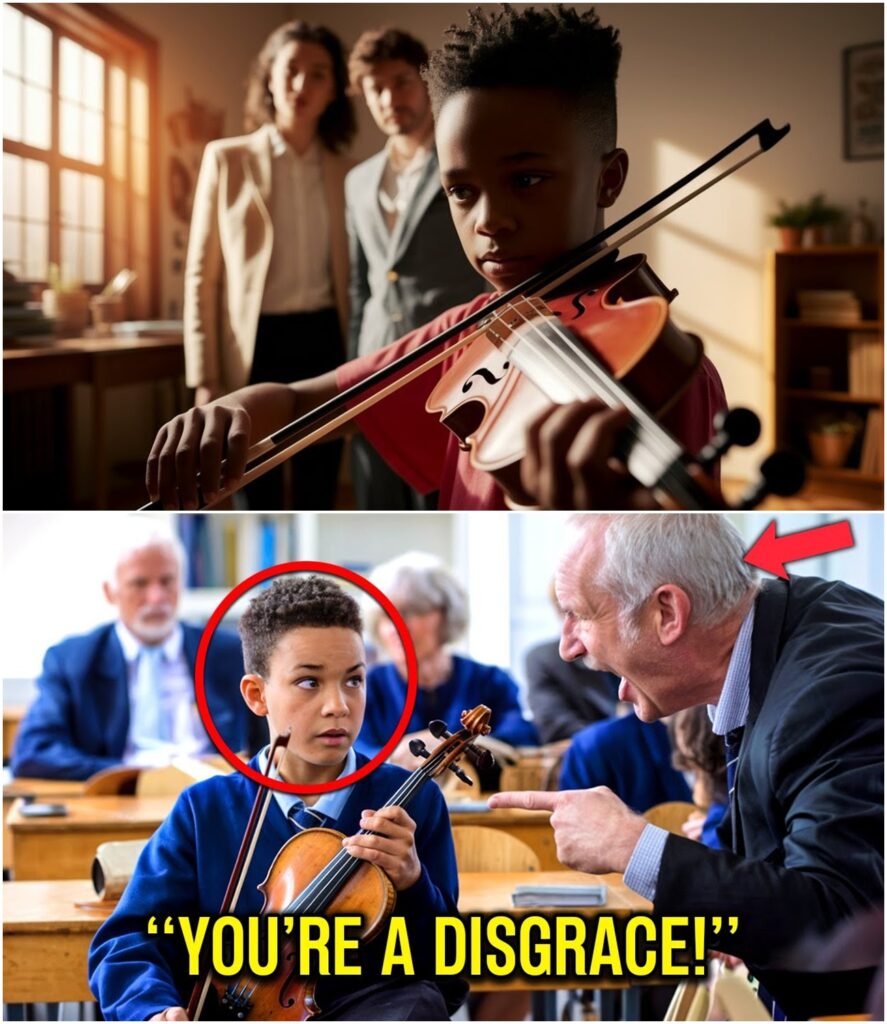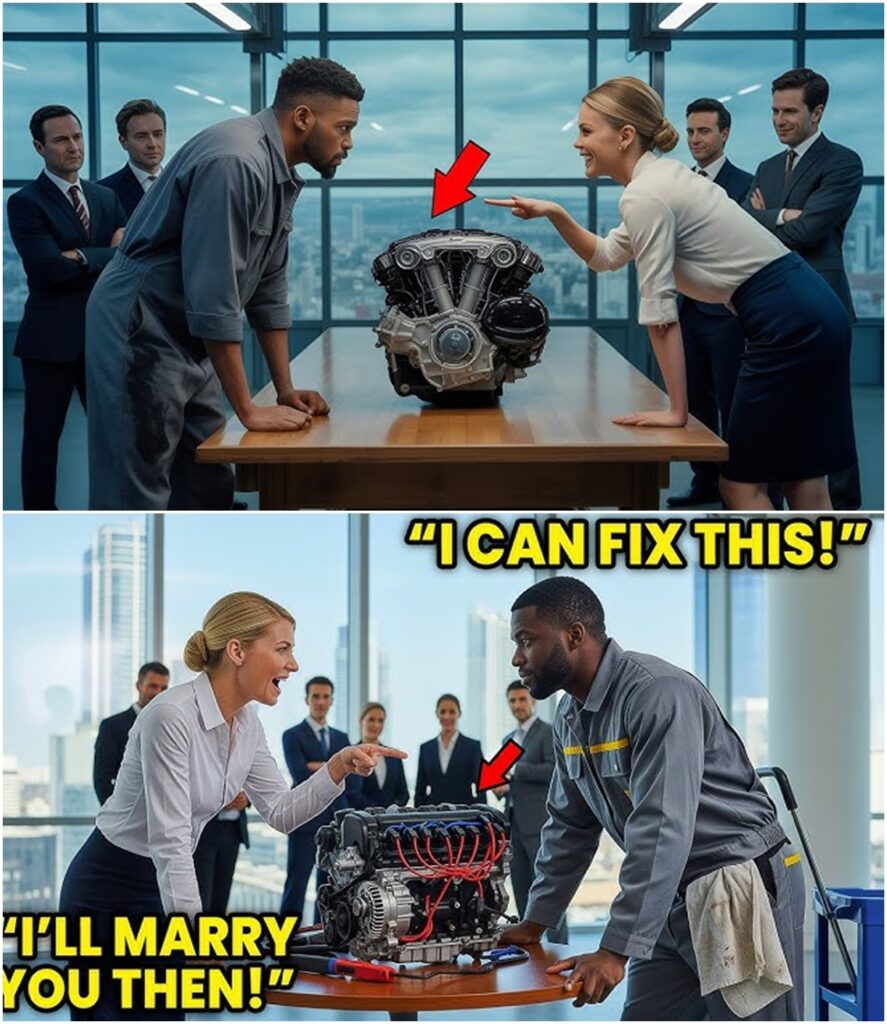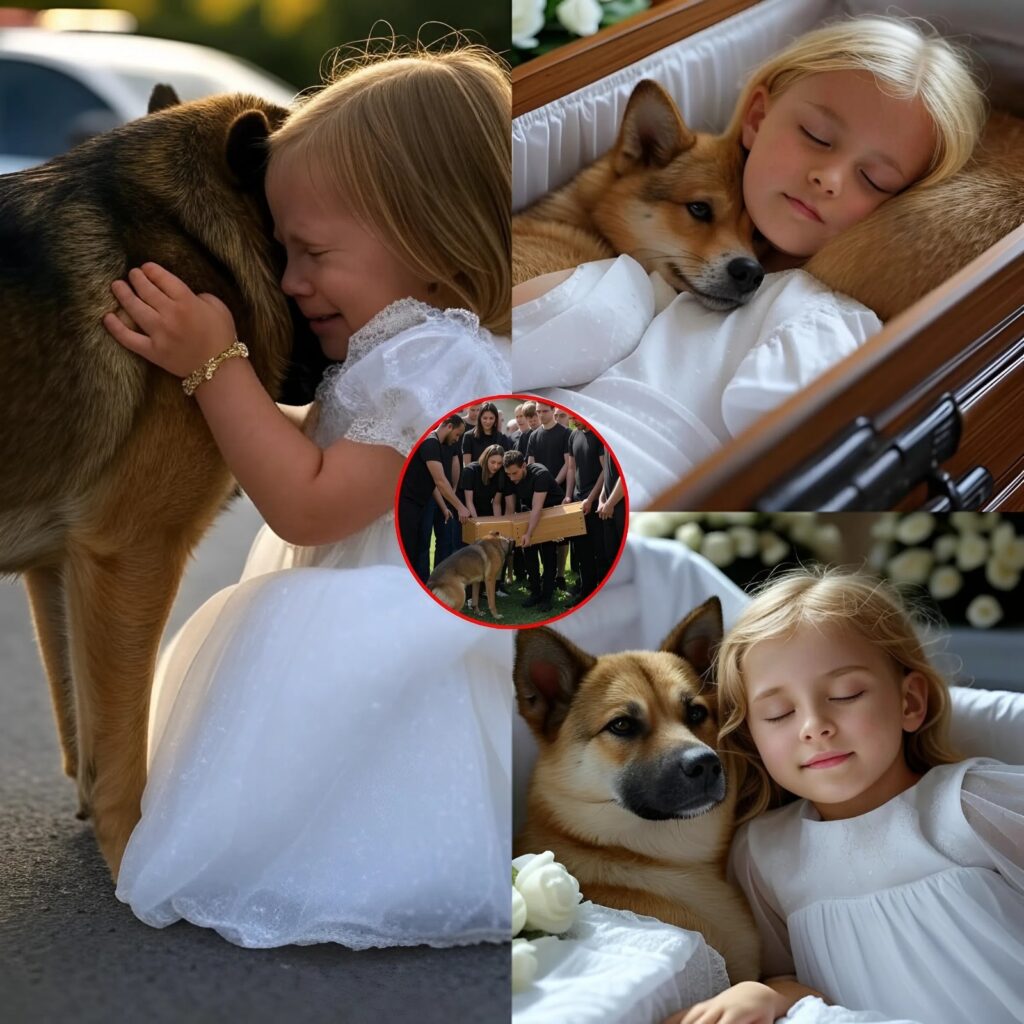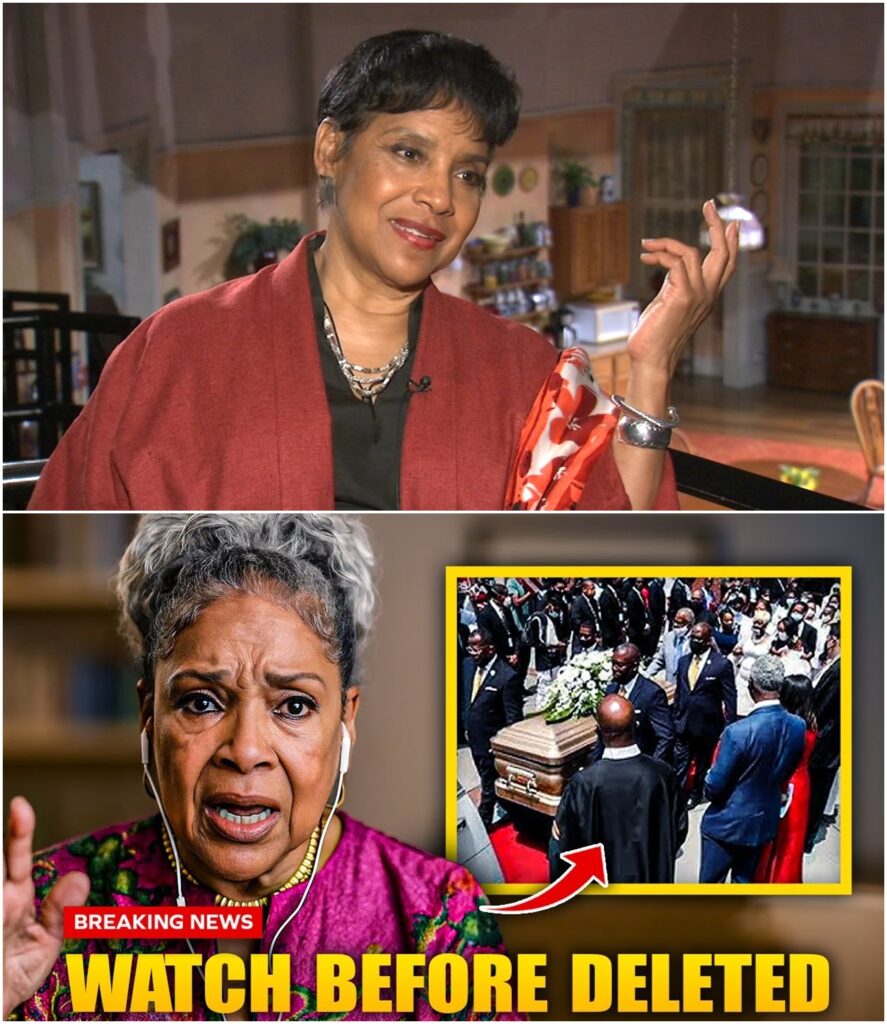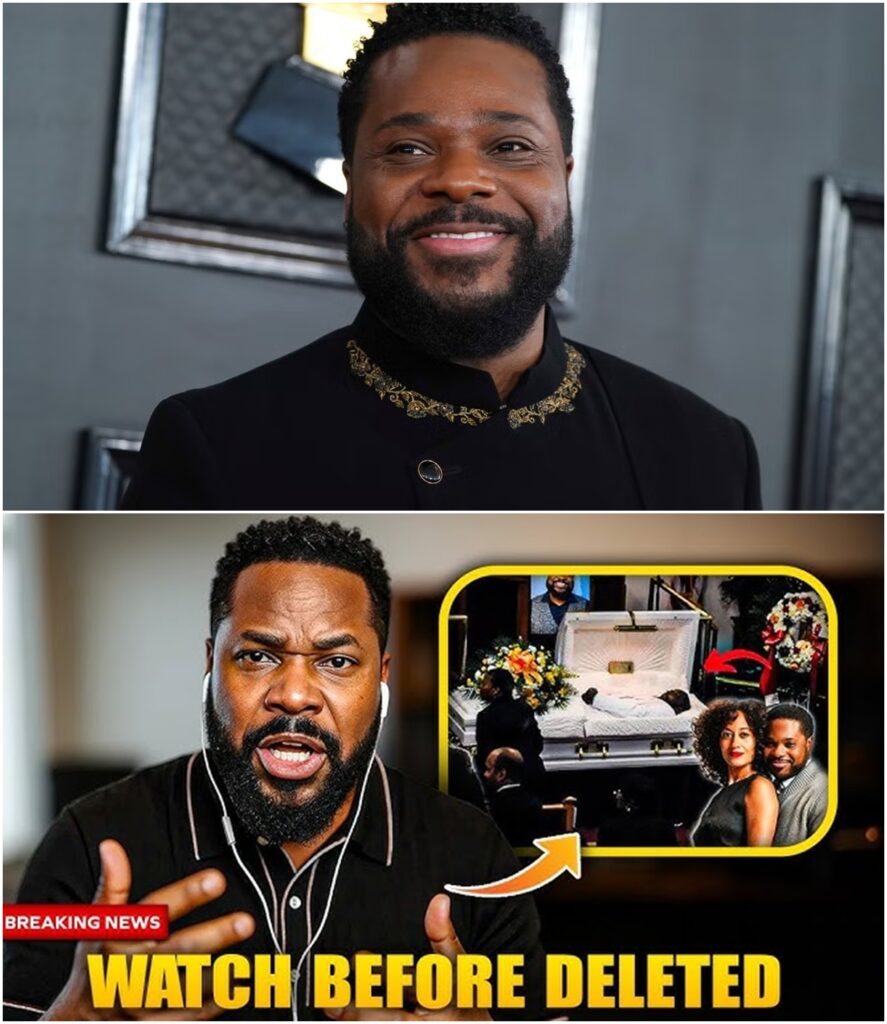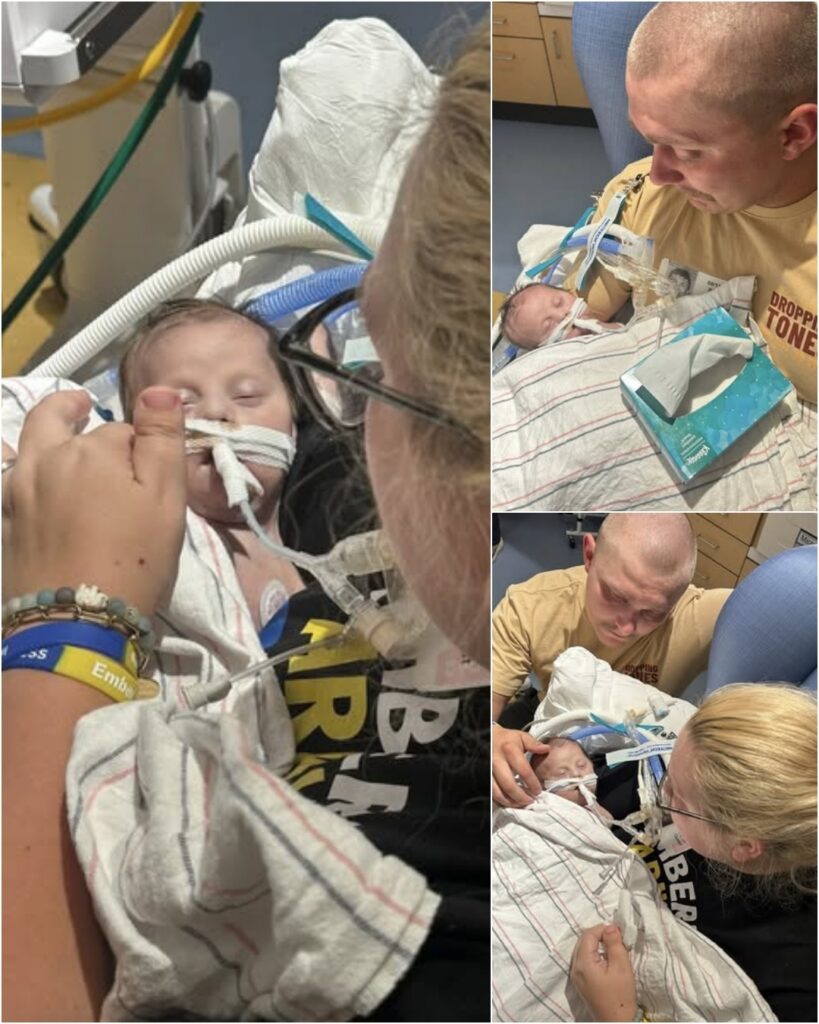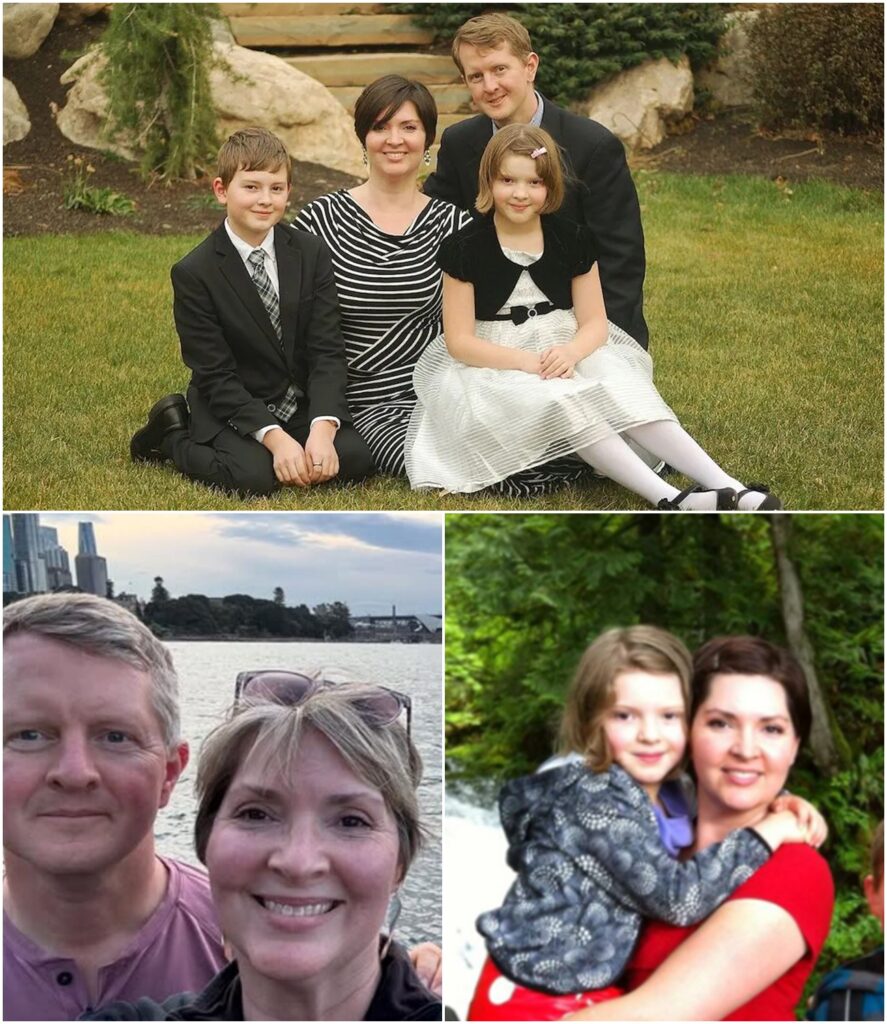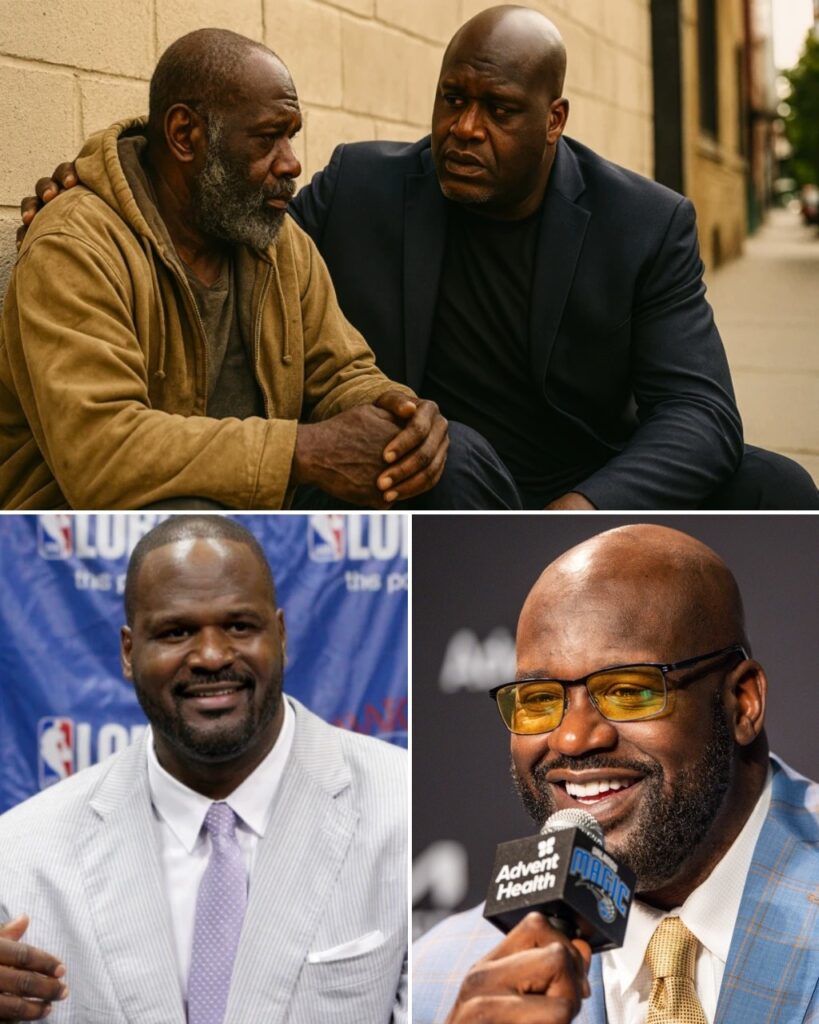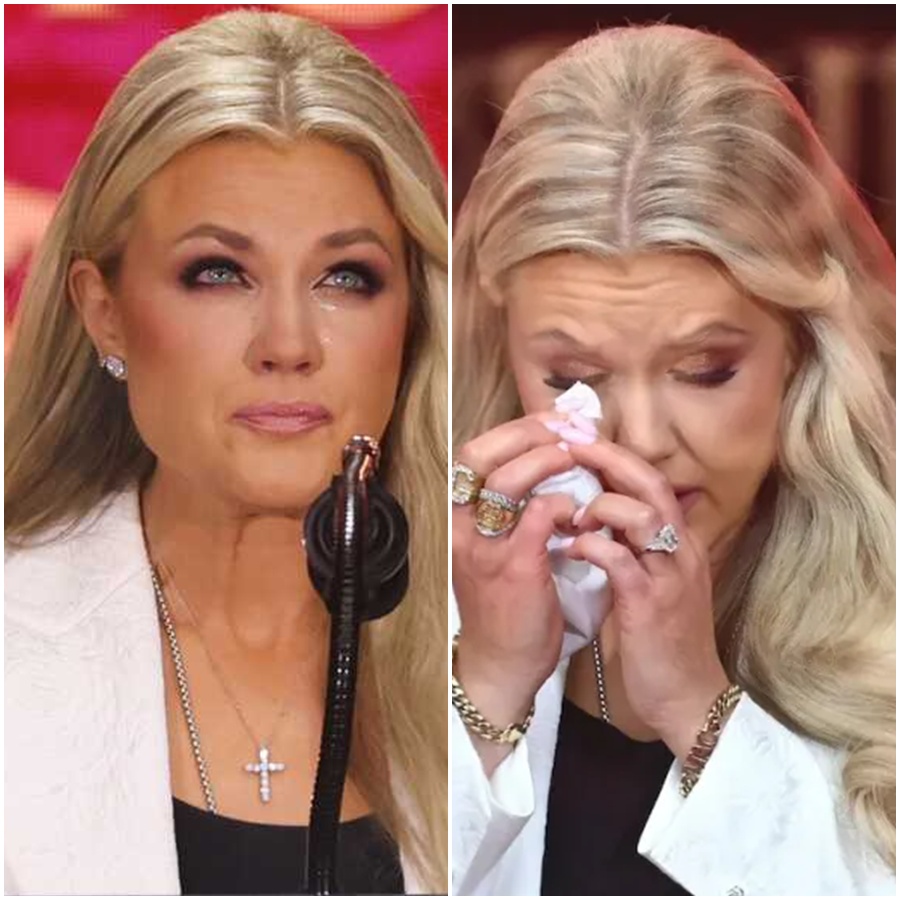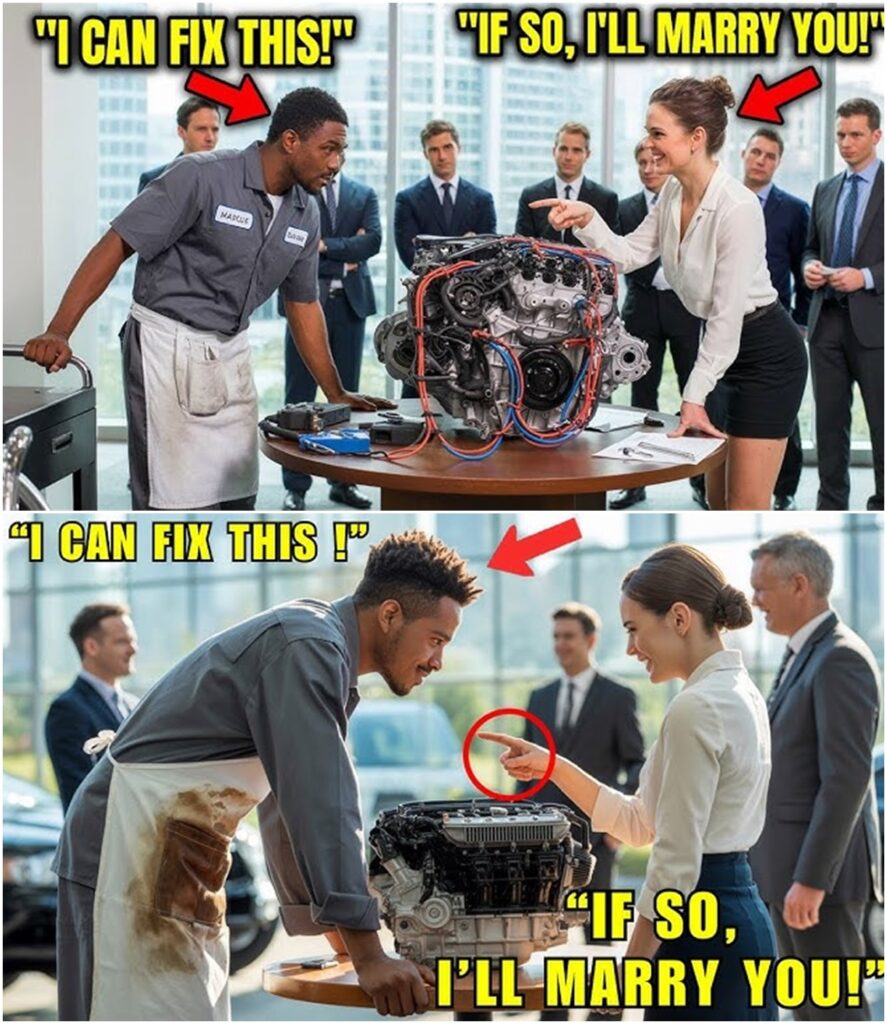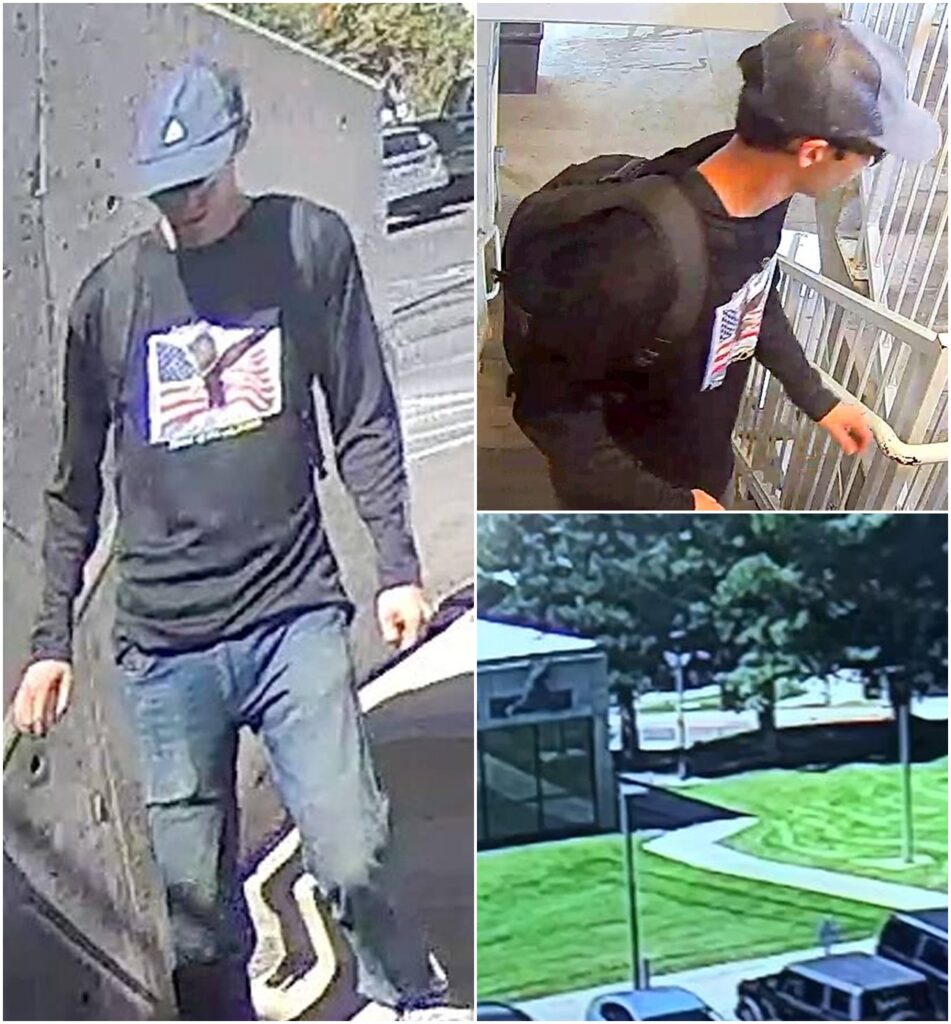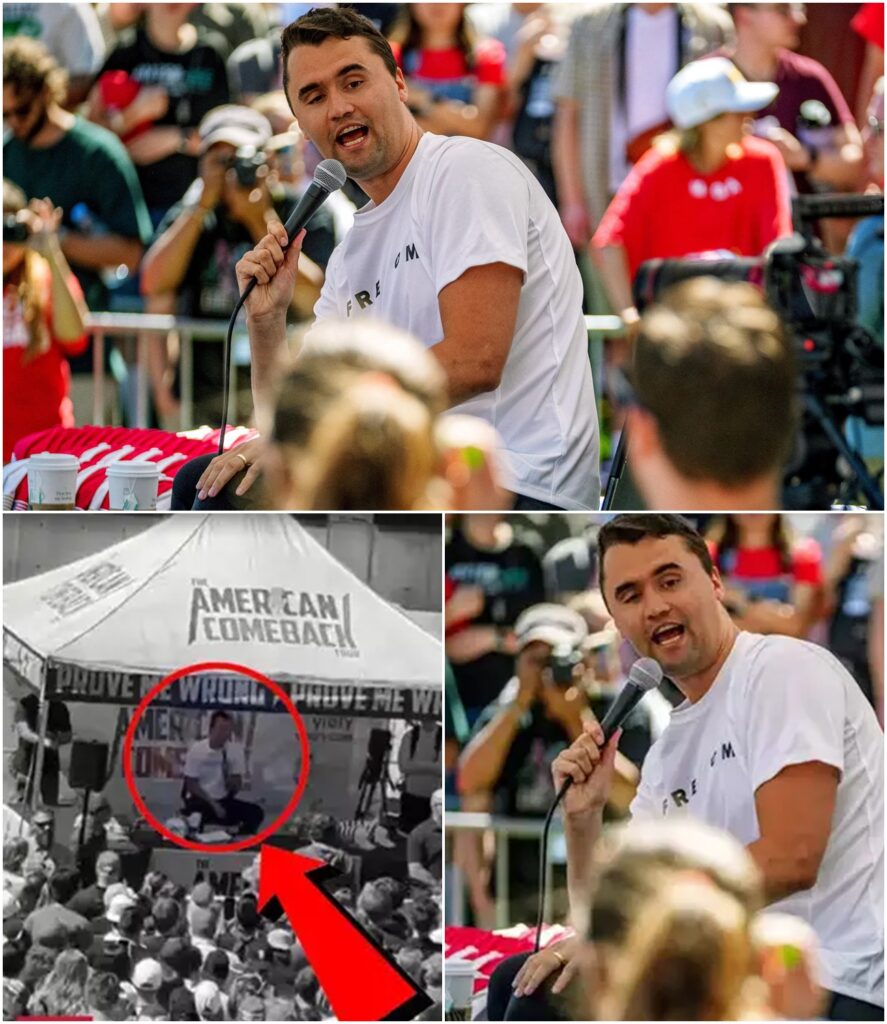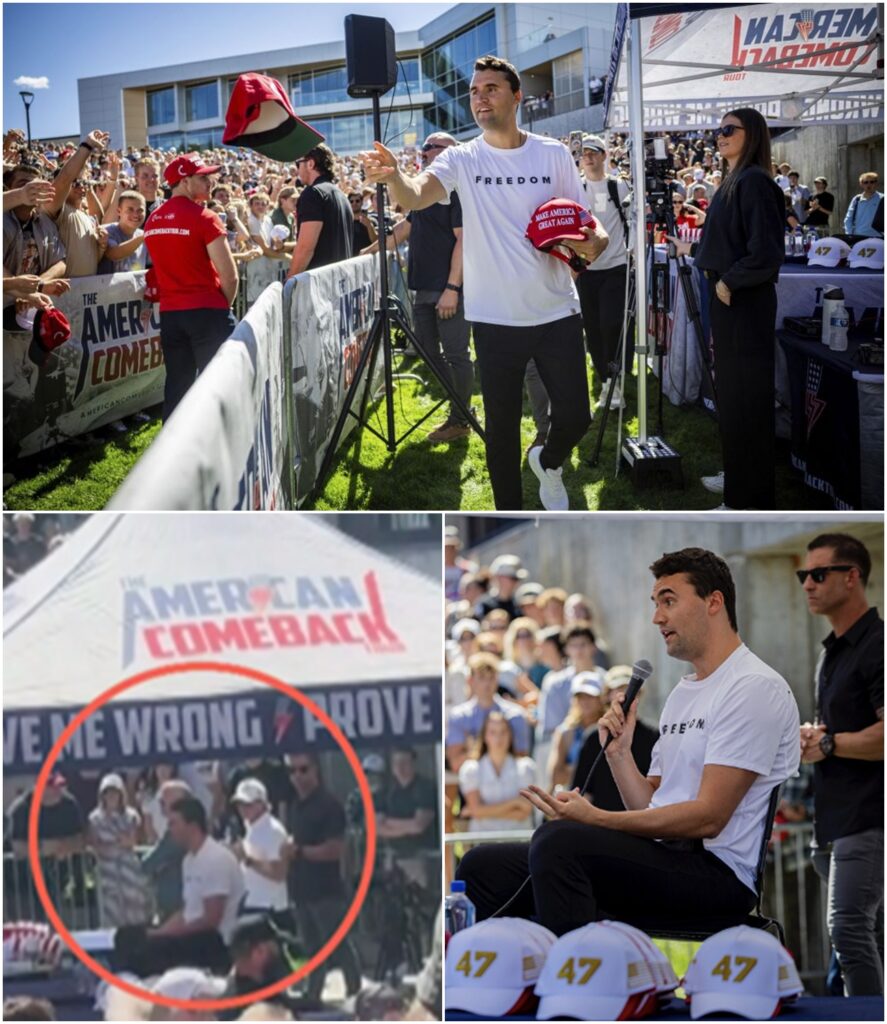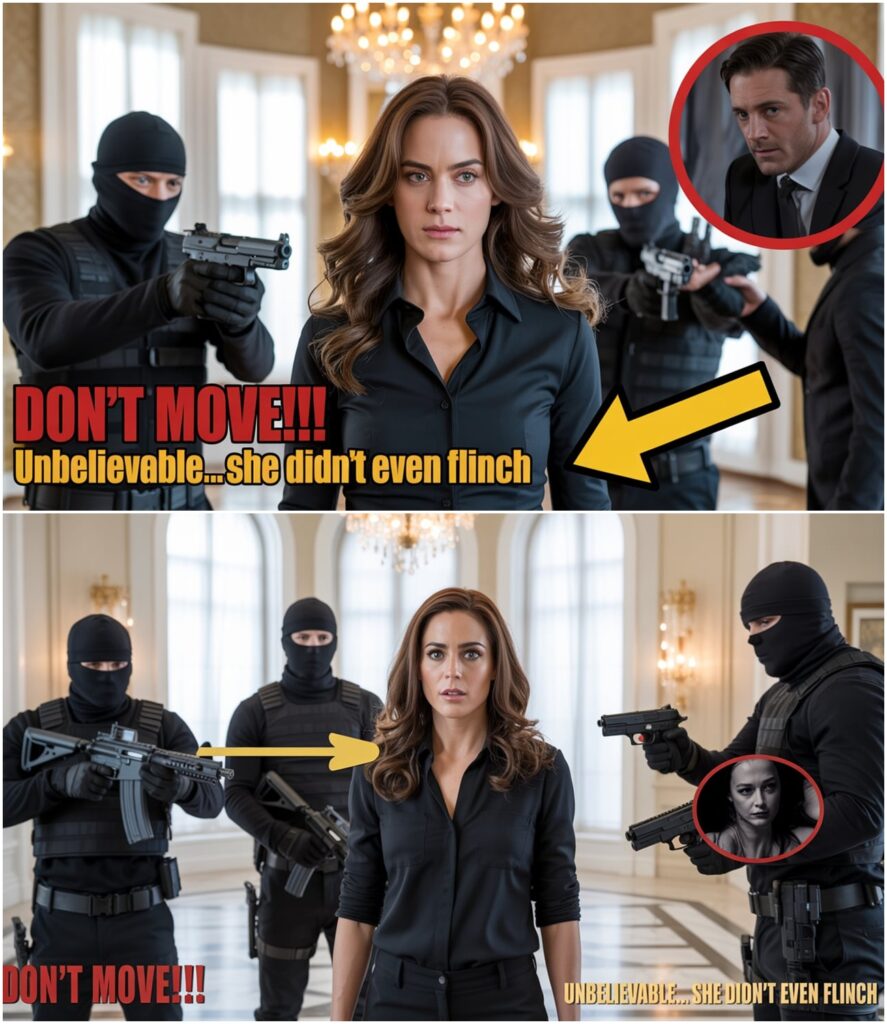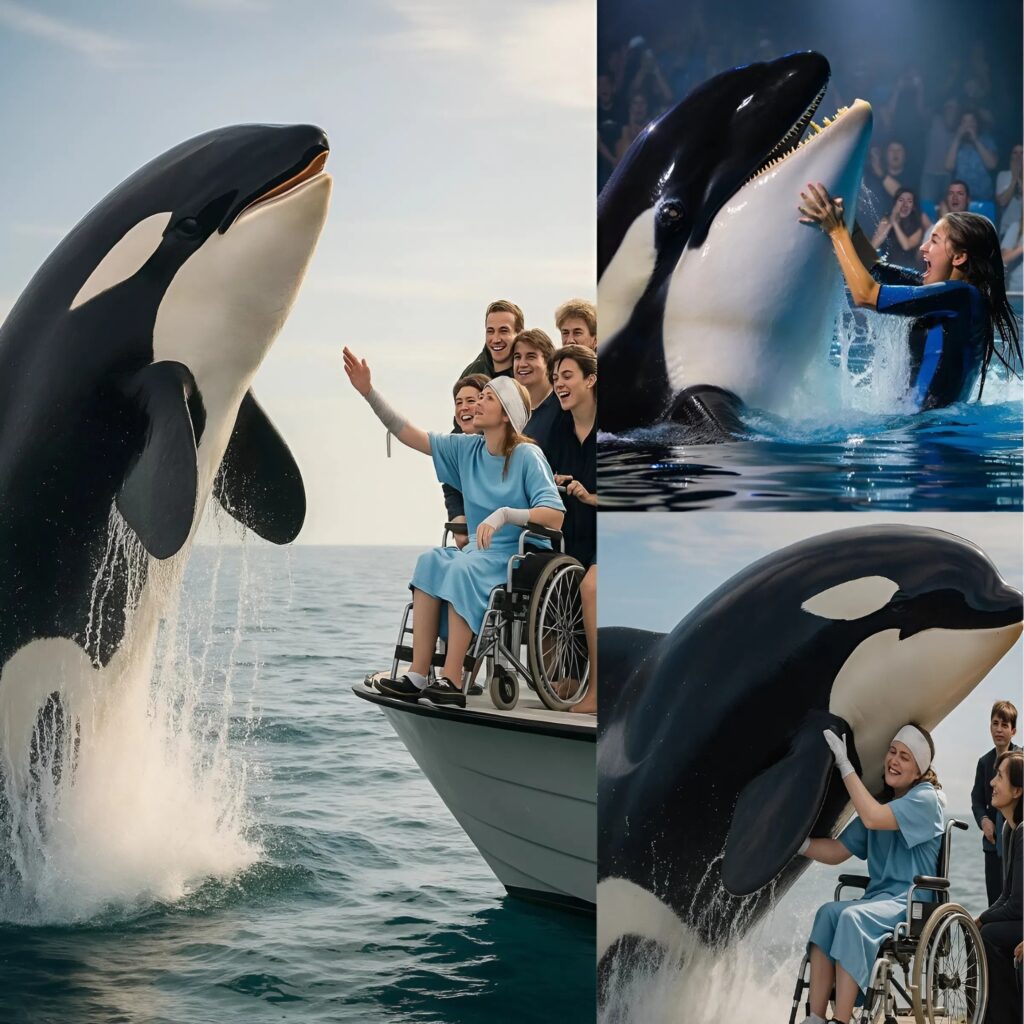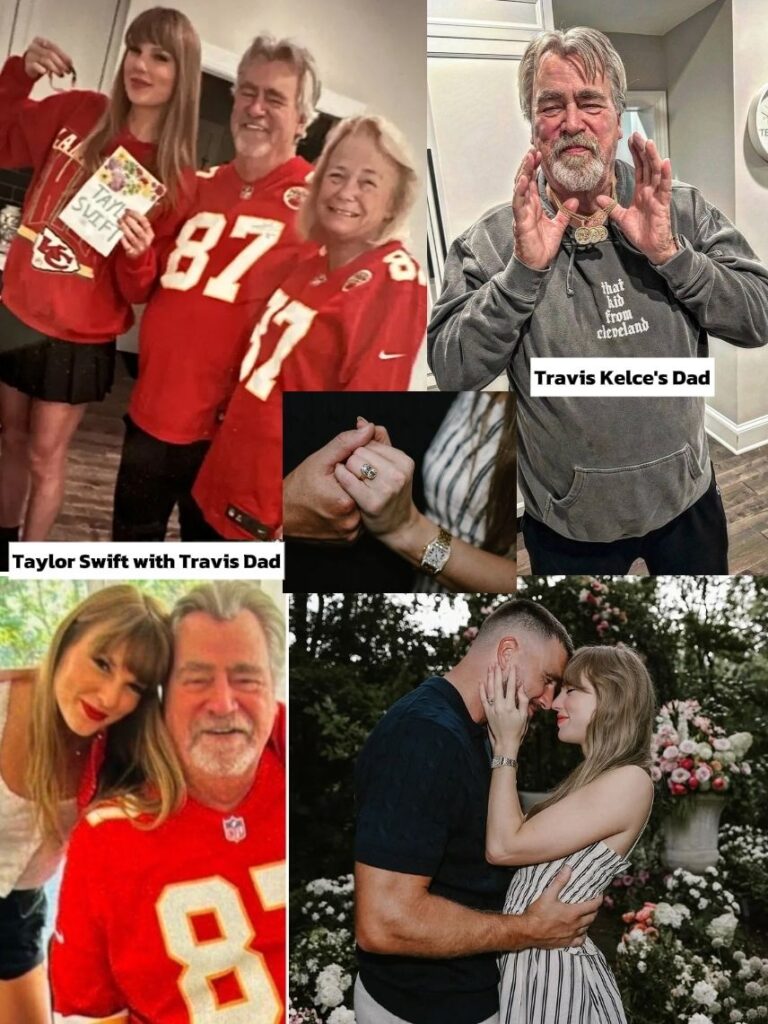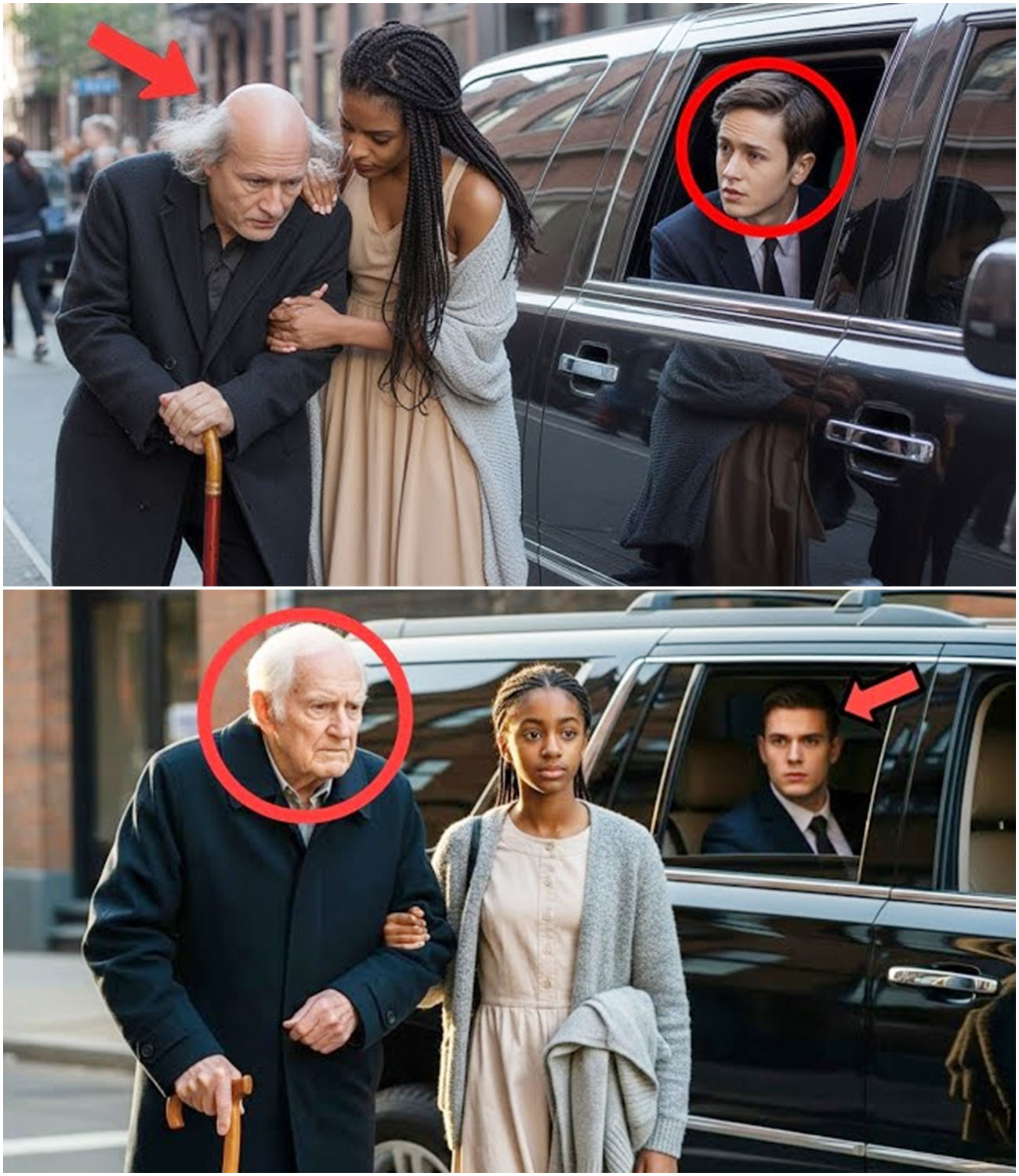Mail-Order Bride Arrived Covered in Bruises—The Lonely Rancher Just Asked, “You’re coming with me.”
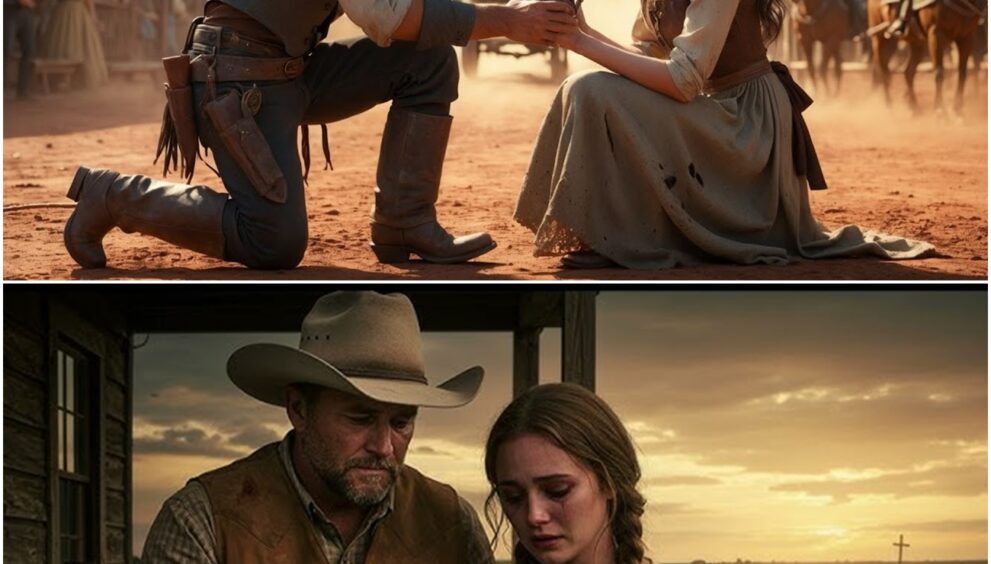
Mail order bride arrived covered in bruises. The lonely rancher just asked, “You’re coming with me.” Dry hollow, Arizona territory, spring 1882. The sun beat down on the cracked boards of the old coach station as wind swept red dust across the wooden platform. Flies buzzed, shutters creaked, and the town’s people squinted through the haze at the commotion erupting before them.
A stage coach screeched to a halt in front of the general store. The horses huffed, sweaty and restless. Before the wheels had even stopped spinning, the back door was yanked open. A wiry man with smoke stained teeth and a permanent sneer jerked his thumb toward the interior. “You’re out!” he barked.

From within, a young woman stumbled forward. He did not help her. Instead, he grabbed her by the upper arm and shoved hard. She hit the dirt face first. Her hat flew off. The crowd gasped. Her arms scraped along the rocks. Her bottom lips split on impact. A deep bruise pulsed violet along her collarbone, stark against her pale skin.
God almighty, someone muttered. Is that the mail order bride? Looks like she came through fire just to get here. No one moved to help. She didn’t cry. Lying in the dust, blood mixing with grit, Anelise Monroe stared at the blurred sky above. The clouds drifted like ghosts over her vision.
Pain screamed in her limbs. But worse than that was the hollow inside her chest. The kind of hollow left when hope had been yanked from its roots. She closed her eyes. In the black behind her lids, memories played like shadows on a curtain. Puppets danced. Children laughed. the smell of grease paint and sawdust.
Once she had stood under a striped tent in Kansas, arms raised as she brought wooden figures to life. She had been Anelise the storyteller, adored by little ones, ignored by adults. Then the laughter died. The circus fell into debt. The crowds thinned. The boss grew cold and desperate. One night she was called to his wagon. You’ll make more use to us in Arizona,” he said, handing a paper she never signed.
It was a contract. She wasn’t sold as a performer. She was sold as a bride. Not by love, not by choice, and certainly not with consent. They shoved her into a coach bound west, a different driver, a different language, a different fate. On the second day, she tried to escape at a stop outside El Paso.
She made it halfway to the trees before the whip came. The welt still throbbed across her shoulder. The second time she picked the lock with a pin in the dead of night. She nearly made it over a ridge before they caught her again. That night they bound her wrists, forced her to sleep beside the luggage.
And now in dry hollow, the man delivering her found no one waiting, no husband, no claim, just silence and suspicion. He scowlled, spat near her face. Your damaged goods, he hissed. ain’t worth the paper you printed on. Then louder to the watching crowd. I hauled this ungrateful brat across two states and this is what I get. She tried to run twice. You want her? Take her. I’m done.
He climbed back onto the stage coach and cracked the res. Dust sprayed into her face as the coach vanished down the trail. A door creaked nearby. The inkeeper, a bony woman with a face set like a ledger, stepped out, arms crossed. Do not bring that trouble into my house,” she said loud and clear. “We do not shelter filth.” Analise pushed herself up slowly, her wrists achd.

Her skirt was torn at the hem. The bruises were blooming beneath her skin like ink in water. Still, she said nothing. She only reached for her small satchel, faded, fraying, and opened it just enough to check the contents. Inside, wrapped in worn linen, was a single wooden puppet, the last she owned. Its arm was broken, its eyes still painted with care.
She hugged it to her chest. And then, from the edge of the street, a voice spoke, “Low, calm, firm. You’re coming with me.” Anelise turned her head. A man stood there. tall leather coat dusted in soot, hands scarred, eyes gray as iron, but quiet, watching her without judgment. He did not blink. He did not flinch.
He did not offer sympathy, only presence. She opened her mouth, closed it. Her heart beat like it was trying to remember how. He nodded once, slow and certain. Her fingers tightened around the puppet, and with legs trembling and dignity barely stitched together, she rode. She followed. The blacksmith’s cabin stood just beyond the forge, where heat never quite died, and soot danced like snow. It was a modest structure, woodw worn smooth by wind, roof blackened by decades of ash.
Smoke curled from the chimney, and inside the walls breathed quiet. Colt Rollins pushed open the creaking door. He said nothing, just stepped aside to let her enter. Anelise hesitated. Her hands trembled as she crossed the threshold. The air smelled faintly of iron and cedar. A wool blanket had already been laid across a cot in the corner.
Beside it, a basin filled with clean water, a folded cloth, and a small jar of thick salve. No label, just a soft musky scent, pine and lard, and something gentle underneath. He did not point, did not wait. He simply nodded toward the room and turned to go. That night, she sat on the edge of the bed, unwrapping the bruises one layer at a time. No mirror, but she did not need one.
Her ribs achd, her thigh burned, her wrists bore purple lines like brands. She touched the ointment. It was cool, rough on the surface, but soothing. She whispered nothing. Outside, metal metal. The rhythm came steady, not rushed, like a heart still beating after loss. Clang, clang, pause, clang. It was not just work. It was prayer.
She lay back, eyes open to the dark rafters. The forg’s pulse hummed through the floorboards, and slowly, without permission, her body let go. She slept. By morning she found a pair of boots at the door. Not new, scuffed, softened by time, but small enough for her feet. She lifted them gently, then sat on the step outside and slid them on. They fit almost perfectly.
Colt passed behind her, a mug of coffee in one hand, already blackened with cold dust. He did not stop walking. Still, she called after him, voice low but clear. Whose boots were these? He paused. only briefly, then without turning. We don’t throw away things just because they’ve been worn. He kept walking. She looked down at the boots, then at her hands, still shaking.
Then back at the closed door of the forge, where hammering had resumed. She did not know what it meant. Not yet. That afternoon, Colt handed her a broom without asking. She swept ash from the floor of the forge while he worked. They did not speak. He-shaped metal. She moved quietly in the background, her steps careful, her silence not from fear, but from watching. When the bell above the door rang, she almost jumped.
A man stepped into the forge. Tall, sunburned, grin too wide. “Well, hell,” he said. “Didn’t know you had company, Rollins?” Colt said nothing. Barely looked up from the anvil. The man leaned against the doorway, his eyes sliding over Anelise like she was on display. Is that what you’re making now? Women for rent. Anelise froze. Blood rushed to her face.
Her hand tightened on the broom handle. Colt’s hammer stopped mid swing. He set it down. Then he turned. Without a word, he walked over and stood directly in front of her. Not touching, not dramatic, but blocking her entirely from view. His shoulder straight, his jaw set, his silence louder than fists.
The man blinked, chuckled uneasily. didn’t mean nothing by it. Still, Colt did not speak, did not move. The man stepped back. You know what? Forget it. I’ll come back next week. The bell rang again. The door shut. Silence returned. Colt returned to the forge without a glance. Anelise stared at the place where he had stood. Not a single word.
But it was the first time in years someone had stood between her and cruelty. Not for show, not for gain, just because it was right. She turned back to sweeping, but something in her chest swept clean, too. Something she thought had long since hardened. The forge was quiet that afternoon. The bellows rested. The fire breathed low.
Colt had gone into town for iron shipments, and Anelise stayed behind to sweep, scrub, and perhaps more than anything, simply exist without fear. She moved between workbenches and walls blackened by years of soot. Every surface bore the mark of labor, dents, scars, tiny imperfections that told stories no one ever spoke aloud.
In the back, near the staircase, a door stood slightly a jar. She hesitated. then pushed it open with slow fingers. Inside was a small windowless room, not a bedroom, not quite an office, more like a memory sealed in wood. There was a workt, a chair, shelves filled with tools no longer used, a coat hanging from a hook that looked untouched for years.
And on the far wall, above a dusty crate of coal, was a single drawing done in charcoal, worn at the edges, but lovingly kept. A woman smiled from the page. Not posed, not polished, just smiling. The kind of smile that came when someone thought no one was watching. Anelise stepped closer. The resemblance caught her breath. The curve of the mouth, the tilt of the eyes.
There was no denying she looked like her. Not identical, but familiar enough to stir something deep and unsettling. She did not notice Colt until his shadow filled the doorway. He leaned his shoulder against the frame, arms crossed. His eyes weren’t sharp this time, just distant. “That was someone I didn’t get to love long enough,” he said, voice low and steady.
She burned like everything else. Anelise didn’t move. She did not ask for a name. She did not ask how or when or why. Some stories were offered, not pride. Instead, she reached into her satchel and pulled out a small puppet, a simple wooden figure, its paint chipped, one arm dangling by a frayed thread. She sat at the workt and laid it down with gentle care. Her fingers moved with quiet precision.
She did not fix it perfectly. She did not hide the damage. She used black thread to stitch the broken limb back to its body, looping it tight but visibly across the grain. Then with a whittling knife, she reshaped a missing foot, not to match, but to balance. When she was done, she set the puppet upright.
It stood slightly crooked, but it stood. From her satchel, she took out a folded scrap of parchment and a charcoal nub. Slowly, she began to sketch the repaired puppet. Not a clean rendering, but an honest one. The cracks, the stitches, the mismatched grain of the wood. She shaded each imperfection with care.
Colt watched her from across the room, his breath barely audible. She did not look up. When the sketch was finished, she placed it beside the puppet and whispered more to herself than to him. Some things are more honest when they carry the mark of what hurt them. The silence that followed was not awkward. It was reverent. Then Colt stepped forward.
He picked up the drawing, his thumb brushed lightly over the thick black thread lines. He said nothing, but he turned and walked to a drawer beneath the old coat rack, opened it, and slid the sketch inside. Anelise caught a glimpse of what else the drawer held. The charcoal drawing of the woman from the wall, folded, worn, creased from too many times being opened and put away. He placed her drawing beside it.
Two fragments stored side by side, not replaced, not erased, just joined. He closed the drawer, then turned to leave. But before he did, he paused just for a moment and said softly, “That puppet you mended, it stands like you.” The door closed behind him, and in the quiet that remained, Analise sat at the table, hands inkstained, thread clinging to her lap. She smiled.
Not because anything was fixed, but because something had been seen. The dry hollow market buzzed under the noonday sun. A row of stalls laid out like a crooked smile along the dusty main street. Chickens clucked beneath wagons. Tin signs creaked in the breeze, and the air smelled of cured meat, sweat, and copper.
Anelise walked slowly between stalls, her shoulders tense, fingers curled around a small cloth pouch, holding what few coins Colt had pressed into her palm that morning. “You’ll need food,” he’d said. “Nothing more.” This was her first time out alone. Popille watched. Some nodded curtly. Others stared too long. She kept her gaze ahead, boots scuffing dry earth, hands hidden in the folds of her skirt.
She picked out eggs, flour, cornmeal, the basics. She kept her voice low, thanked vendors with small nods, avoided eye contact, and still it was not enough to disappear. Near the end of the row, three young men leaned against the side of a saloon, sleeves rolled, tobacco stained teeth flashing as she approached. “Well, well,” one drawled.
“If it isn’t the puppet show runaway,” another smirked. thought they threw her out of the circus for sleeping with the strong man. The third spat near her feet. Or maybe she just got too used up. Now she’s Rollins’s pet project. Huh? Analise froze. Her jaw clenched. She did not flinch, but her eyes flicked to the side, not in fear, but calculation.
Her body knew too well what came next. The coil of humiliation, the violence behind grins. She opened her mouth, but she never had to speak. A shadow fell across the dirt. A fist cracked loud and clean across the face of the nearest man, knocking him sideways into the barrels. The sound echoed down the street like a gunshot.
Gasps rippled through the crowd. The other two backed away instantly. Cult stood over the man, hand still half raised, but his face calm, utterly unshaken. He did not yell. He did not ask questions. He did not repeat himself. The man on the ground groaned, holding his jaw.
The other two muttered apologies, retreating like animals, suddenly aware of their place in the cult turned to Anelise. His expression was unreadable. No pity, no shame, only something steady, immovable. Without a word, he took the bag from her hand, slung it over his shoulder, and walked. She followed, not out of obedience, but because for the first time in a long time, someone had drawn a line, not with words, but with their body, and put her on the right side of it. They said nothing all the way back to the forge.
The wind howled through the trees, dust swirled behind their boots. Inside, Colt dropped the bag onto the kitchen table and returned to the anvil without glancing back. The clang of hammer and iron resumed, filling the space between them like it always did.
That evening, as the forge cooled and the sky turned to soot, Analise stood alone in the kitchen. She did not speak. She did not write a note. Instead, she ground cornmeal, cracked eggs, mixed, poured, baked, her hands moving not out of obligation, but from the quiet thrum of wanting to do something that could not be mistaken for debt.
When the small cornbread loaf was finished, she placed it on a plate, and set it at his usual seat. Then she went to her room, closed the door, not waiting, not hoping, just still. She heard the floorboards creek an hour later, the scrape of a chair, a fork, a long pause, then nothing. She peeked through the door after midnight. The plate was gone, the loaf eaten clean, and on the wooden counter next to the water basin she used every morning sat the same plate, washed, dried, and returned to its place.
Neat, intentional, like a thank you said by hands that did not know how to form the words. Analise stared at the plate, then at the darkened forge. A breath she had not realized she was holding slipped free from her lungs. The kind of breath that came after being protected, not claimed, and respected, not saved. The Arizona sky burned orange behind the ridge, casting long, stretched shadows across the yard behind the forge.
Coyotes cried in the distance, and the wind stirred the dust into brief swirling ghosts. Anelise knelt beside a small stone ring she had arranged earlier that afternoon. She had gathered the wood herself, dry branches, pine needles, scrap from the forest edge. The old garments lay folded in a pile at her side.
Worn velvet, faded silks, dyed muslin with gold thread now dulled by time. Her fingers lingered over each piece. The puppet costumes, the scarves she had used to charm children, the letters she had once written to no one kept folded in the bottom of her satchel like a voice in a bottle. This was all that remained of a life that had both saved her and destroyed her.
And now it had to end. She fed the fire one piece at a time. A red skirt, a tattered mask, a letter sealed in wax she had melted with candle light. The flames licked everything with greedy tongues, curling cloth to ash, blackening ink to nothing. She did not weep, but her throat was tight, her eyes dry and hard as flint.
Behind her, a door creaked. Bootsteps Colt said nothing as he approached. In his hands, a bundle of wood, thicker, heavier pieces. He set them down beside her without a word. She looked up at him, surprised. He met her gaze, steady, silent, and then turned away, heading back to the forge without asking what she was doing. without needing to. The fire burned for over an hour.
Ash floated on the wind like snow. When the last of the cloth had collapsed into cinders, Annalise stood slowly wiping her hands against her skirt. Her palms were black with soot. Her hair smelled of smoke and salt. She turned to leave, but then Colt stepped forward again. In his gloved hand, he held something.
She squinted. It was a puppet charred along one side. The paint blistered, one leg nearly gone, but not destroyed. Somehow, the fire had failed to consume it. Colt held it up, his thumb brushing away the ash from its wooden cheek. “Some things refused to burn,” he said quietly. “Maybe for a reason.” He did not wait for her to respond.
Instead, he walked back toward the forge, the puppet still in hand. She followed, not out of curiosity, but because something about that moment refused to stay behind. Inside the forge, the heat lingered, even long after the flames had been banked. Colt stepped behind his workbench, opened a small wooden box beside his hammer, a box she had never noticed before.
Inside were only a few things. an old train ticket, a piece of bent iron shaped like a cross, a bullet casing, and now gently he laid the half burned puppet at a top them. He closed the lid. No lock, just reverence, as if the things inside were sacred, not because of what they were, but because of what they had survived. Anelise stood in the doorway.
She wanted to speak, to say thank you, to explain what the fire had meant, how it was not anger, not regret, just surrender. But words would have cheapened it. So she said nothing, only nodded once, as if to seal a pact neither of them needed to write down. Later that night, she sat alone on the steps of the cabin, staring at the stars. The wind had shifted.
It no longer carried the scent of burning silk. just earth, metal, and the faintest trace of pine. In her lap, she held a scrap of cloth, the only piece she had not thrown into the fire. It was not fear that kept her from burning it. It was memory.
A ribbon from her very first puppet, the one that made a boy in Missouri laugh until he cried. She tied it gently around her wrist. Not to keep the past, but to remember the courage it took to let it go. The fire in the forge was long out, but a smaller flame crackled in the stone hearth of Colt’s cabin. The room was quiet, save for the occasional hiss of a burning knot, and the wind tapping against the window pane like a reminder that the desert never slept.
The walls glowed faintly, washed in gold and shadow, a silence stretched taut between the two of them. Colt sat in the wooden chair across from her, his elbows resting on his knees, hands clasped together, the posture of a man who had run out of places to bury what needed to be said. The lines in his face were deeper tonight, carved not by age, but by the weight of memory.
Anelise sat on the floor beside the hearth, legs crossed, skirt tucked beneath her. Her fingers traced the grain in the wood floor, waiting. She did not rush him, did not press, just breathed the same heavy air. He did not look at her. When he finally spoke, it was low. Gravel dragged through truth. My name isn’t Colt Rollins. She stilled.
He inhaled through his nose. Exhaled slowly as if every word cost breath he might never get back. It’s Elias Monroe. I used to ride with a crew that robbed trains from Santa Fe to Kansas City. People called us ghosts because we hit and vanished. I was just the one who planned the routes. I never held the gun to a passenger’s head. But I knew what we were doing.
I knew what could happen. The fire popped. His voice dropped. Boom. Job went wrong. Fire started in the dining car. The heat spread fast. There was a woman on board. Her name was Clara. I had met her in Denver. She She wasn’t supposed to be there. Wasn’t supposed to ride that train. I saw her face through the smoke. His throat caught. He didn’t hide it.
I couldn’t reach her. I tried. God, I tried, but the fire. It took everything. Her, them, me. He paused, hands trembling slightly in the firelight. I let the papers print my name in the casualty list. Faked what needed faking, and I came here, started pounding iron into something that wouldn’t vanish in flame.
The silence stretched between them, filled with only the gentle roar of the fire. He shook his head. I built this life out of ash, but I never thought someone would want to live in it with me. Anelise did not speak right away. She simply watched the flames. Her own ghosts stirred the tent curtains, the puppet strings, the bruises no ointment could reach, the taste of silence that came after being silenced.
And then she rose, stepped across the floor without sound, and sat beside him. She took his sained hand in hers, her skin smaller, but no less marked. “I do not care who you were,” she said softly. “I see who you are now.” He looked at her as if trying to understand how someone could say that and mean it.
But she offered no justification, no pity, no rescue. Only her hand, still holding his. He didn’t pull away, and for the first time, neither did she. The forge roared back to life before dawn. Colt worked alone, the air thick with heat and memory. Sparks danced in the halflight as his hammer struck metal with a purpose that was different this time.
Not for tools, not for payment, but for something he had never dared make before, a ring. He used a piece of iron taken from an old stretch of rail north of town. The same track where his past had ignited and burned. The same steel that once carried his sins westward now glowed red in his hands. This was not redemption. Not really. This was remembrance reshaped.
He worked slowly, deliberately, heating, folding, hammering, not to erase what the iron had seen, but to give it a new purpose. It hissed when quenched. It cooled slow, and when he carved into it, the shape he chose was small, nearly invisible, but unmistakable to the eye that had once guided marionette strings with grace.
a puppet’s face delicately etched on the inside of the band. He polished it until it shone like moonlit ash. That afternoon, Anelise was tending to a batch of drying herbs outside the cabin. She had taken to making salves and teas for the children around town.
Word had spread about her gentle hands and quiet wisdom. One of those children approached now, a girl no older than eight, with sunbleleached braids and a bandage wrapped neatly around one hand. The same hand Anelise had once soothed with honeysav after she touched a lantern’s flame by accident.
The girl grinned and held out a small wooden box tied with a bit of string. Uncle Colt says, “This belongs to you, and he’s not good with words.” Anelise blinked. She untied the string. Inside, resting on a scrap of red flannel, was the ring. simple, unpolished in places, but forged with hands that knew ruin and carved with care. The puppet face was there, not sad, not joyful, just real.
She stared at it a long time, then closed the box, stood and walked. Cult stood at the edge of the forge, oil staining his sleeves, sweat at his brow. He heard her approach before he saw her. She held out the open box. He met her eyes. No speeches, no flowers, only a breath held between two broken things, finding stillness in each other.
Then he said softly, “Let me build something real from something broken.” She did not speak. Instead, she took the ring from the box and slid it onto her finger. It fit, not perfectly, but well enough to stay. She reached up, rested her palm against his cheek, the left side, where a pale scar curved just below his eye, a mark he always turned away from light. Now he let it be seen. Her touch was light, but it stayed.
One year later, the forge bore a new sign, ash and iron. The lettering was carved into reclaimed wood, then scorched at the edges, not polished, but proud in its imperfection. The cracks were visible. The knots embraced, and the burn marks left like fingerprints of a fire survived. Beneath it, the door always stood open. The hammer still rang each morning, but now it shared rhythm with smaller sounds.
The giggles of children, the soft thud of tiny boots, the brush of charcoal on paper. Bolt still worked with fire and steel, shaping tools for ranchers, hinges for doors, even windchimes for the schoolhouse. But he no longer forged alone. Sometimes a small hand would pass him a bucket. Sometimes laughter filled the silence where grief used to live.
Beside the forge in a sunlit shed once used for storing scrap, Anelise had created something of her own, a classroom not of desks or chalkboards, but of color and creation. She taught the children of Dry Hollow how to carve stories from wood, to draw pain with grace, to name their ghosts with paint and puppet strings.
Some came shy, others wild. Many had scars no one dared name. But all of them left with something they had made and something they had let go. On the walls hung tiny masks, paper birds, shadow puppets stitched from leather and dreams. Some bore tears painted in blue. Others had stars etched into their chests.
Each one told a story, and in the center of the room stood a box labeled, “Things we survived.” It was always full, and Elise kept no roll call, no grades, only a small notebook with a list titled, “Who smiled Today?” On a morning thick with spring bloom and distant thunder, Cold stood in the kitchen of their home, holding an old picture frame.
The glass had long since cracked. The photo inside had faded. A girl he once lost, a life he never finished. He removed the picture carefully, set it aside, and polished the wood until it no longer splintered. The act was quiet, tender, a kind of farewell that did not erase what had been, but made space for what had become.
When Anelise entered, brushing sawdust from her apron, he turned. Let’s take a new one,” he said, voice steady. “Not just for the wall, for proof.” They set up the camera behind the forge. The children arranged themselves in crooked rows, faces smudged with charcoal and joy. In the center stood Anelise, her hands resting on the shoulders of a girl who had once called her a miracle.
Colt stood beside her, one arm around her waist, and between them on a small wooden stool sat the halfburned puppet. After a little piece of everything they had walked through, not hidden, but honored. The shutter clicked, a moment caught, a memory made. That evening, as the light dimmed and the desert cooled, Anelise tucked the new photograph into the same wooden box where Colt kept the bent cross, the bullet casing, the train ticket.
She added her ribbon, frayed but still red, closed the lid, and sat beside him on the porch as the coyotes began their nightly song. Above them, the stars blinked through the fading smoke of the day’s work. The wind carried a scent of iron and lavender. Her voice was soft, not a whisper, but a truth spoken gently into the dark. Love does not come clean.
It comes with smoke, with scars, with silence, but sometimes it stays. Colt nodded, his hand finding hers. They stayed. If this story touched your heart, if you felt the fire, the silence, the scars, and the kind of love that stays, then you’re already part of something we hold sacred here.
At Wild West Love Stories, we tell more than just romances. We honor survival, forgiveness, the people who choose love, even when it costs everything. So, if you’re craving stories that linger like smoke and heal like heat, subscribe to our channel. Click the bell so you never miss a tale of the untamed heart. Because out here in the wild, where bullets missed but hearts didn’t, love always finds a way.
News
“My Mom Is Not Guilty,” Said the Small Boy — What the Judge Found Out Left Him Speechless
The courtroom was silent until a trembling voice cut through the tension. Your honor, my mom didn’t steal anything. Gasps rippled across the room. A 9-year-old black boy stood alone before the judge, clutching a folder bigger than his chest. Behind him, his pale, tearful mother watched, handcuffed and accused of a crime she didn’t […]
Poor Black Girl Helped an Old Man Cross the Street — Unaware He Was the Town’s Richest Farmer…
At the busiest corner of town, traffic thundered and no one cared except Amir with patched shoes and a bag stitched together. She noticed an old man frozen at the curb, his cane trembling as cars sped past. Everyone else ignored him. Some even laughed at her for stepping forward. But Meera didn’t flinch. She […]
Boy Kicked Out by His Parents Returns 12 Years Later with his Nanny and Does Something Shocking.”
Thrown out for being dumb, young Daniel was left kneeling on the cold pavement while his wealthy parents shut the gates behind him. The only one who refused to walk away was Miss Ruth, the family’s old nanny, who quit her job and took him in with nothing but faith and sacrifice. Years later, Daniel […]
Black maid Stole the Billionaire’s Money to save his dying daughter, —what he did shocked everyone
Tasha was just a new maid, barely noticed, barely trusted. But when she found the billionaire’s daughter barely breathing, with no staff around and the mansion silent, she panicked. No calls were going through. No help was coming. So she did the unthinkable, broke into his locked office, grabbed the car keys and a bundle […]
Millionaire Comes Home and Finds His Pregnant Wife Crying—What He Discovered Shocked Him.
Millionaire comes home and finds his pregnant wife crying. David Whitman thought he had built the perfect life, but nothing prepared him for the day. He walked in early and found his young wife, Aisha, sobbing, her body covered in fresh bruises. Through her tears, she asked, “Am I ugly? Am I a monkey? Don’t […]
InLaws laugh as they gave her the Rusted van as her inheritance, — Unware the van was made of gold
At her husband’s funeral, Naomi’s in-laws handed her a rusted broken down van as her inheritance, laughing as they threw her out of the house and stole the businesses she’d built with him. 7 months pregnant, with her 10-year-old son beside her, she had no choice but to live in the van they claimed was […]
End of content
No more pages to load
























































